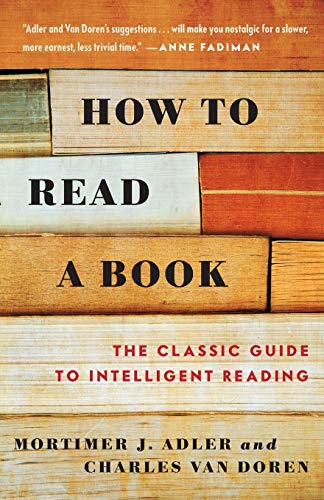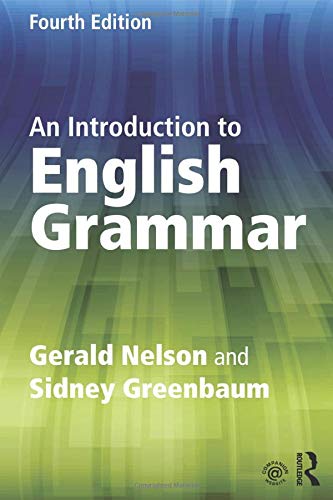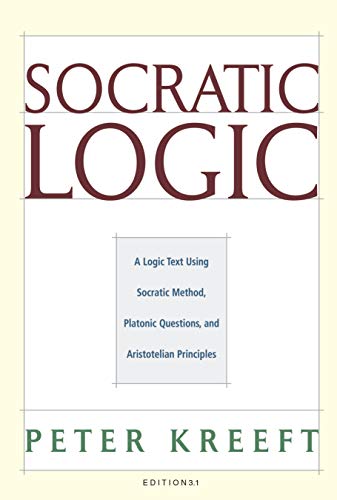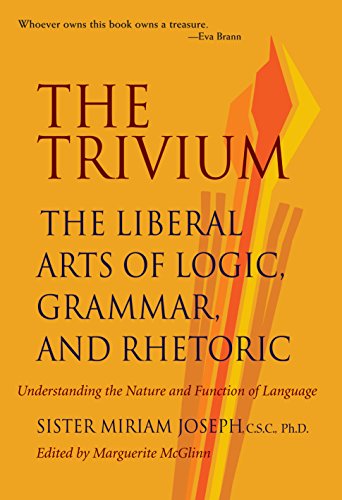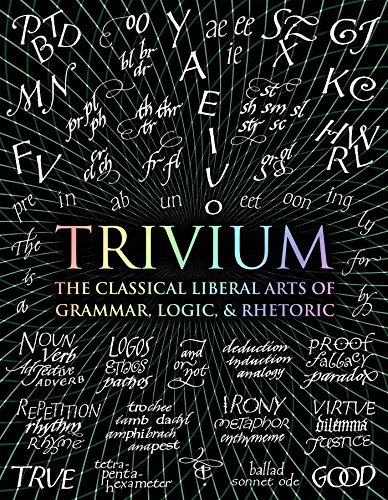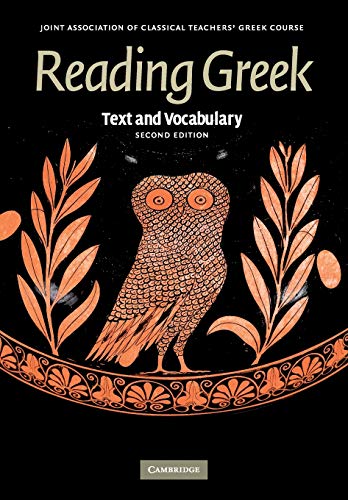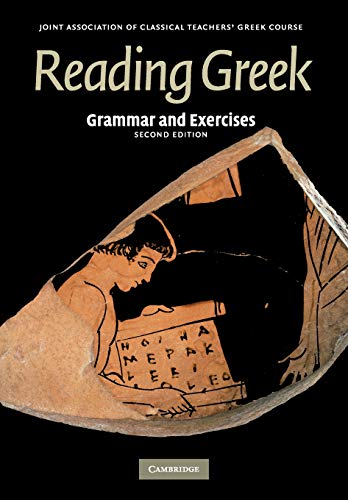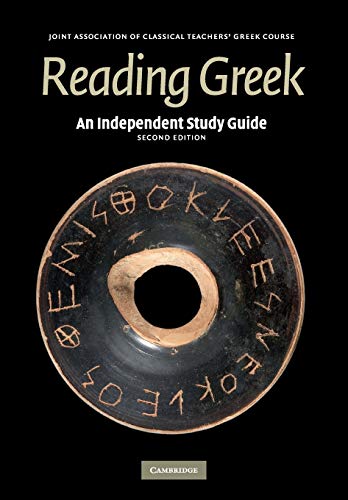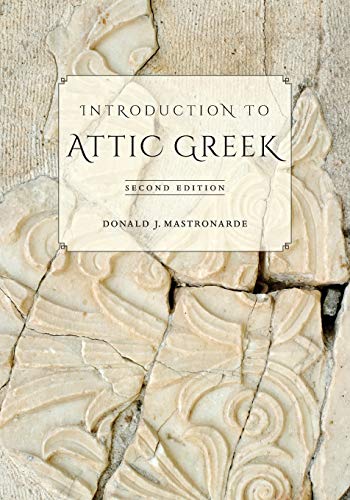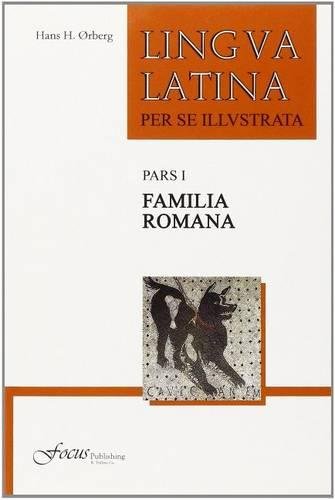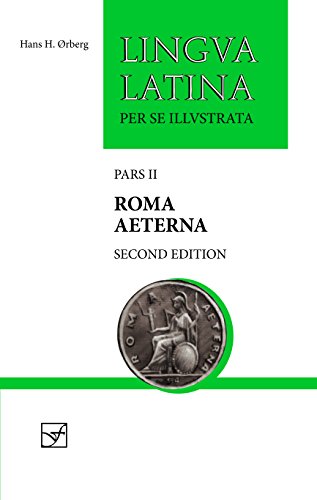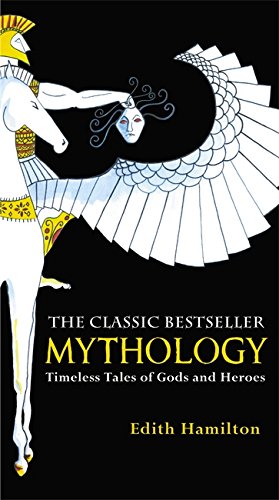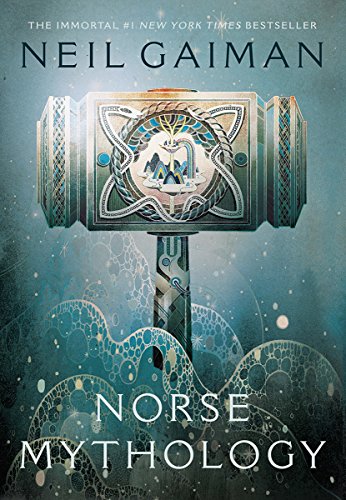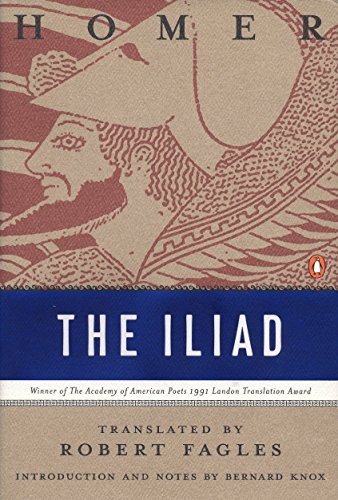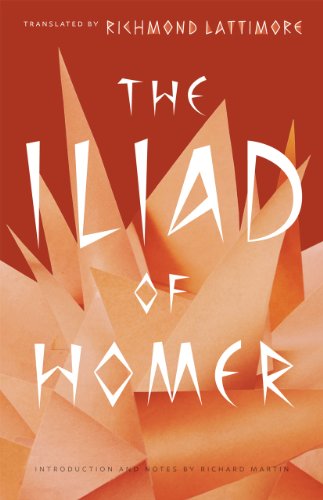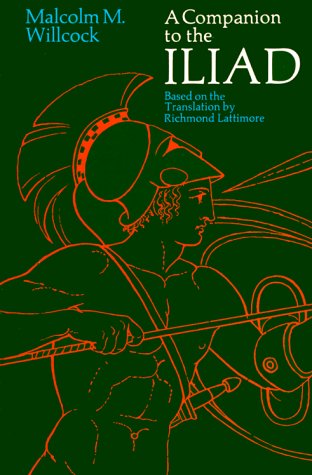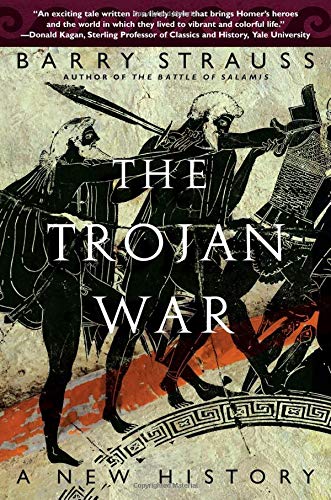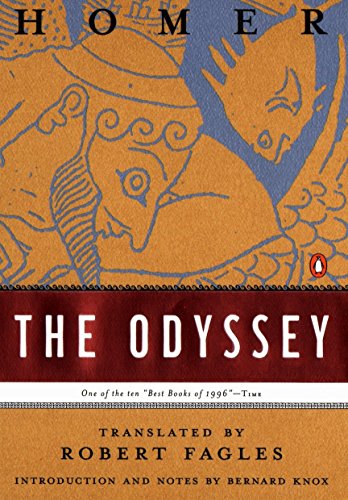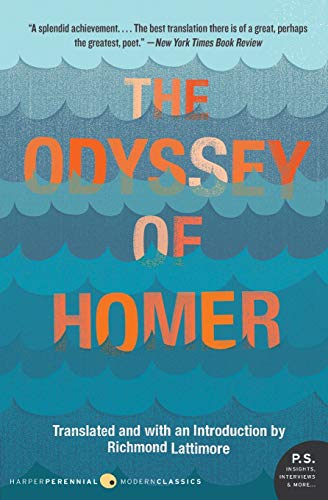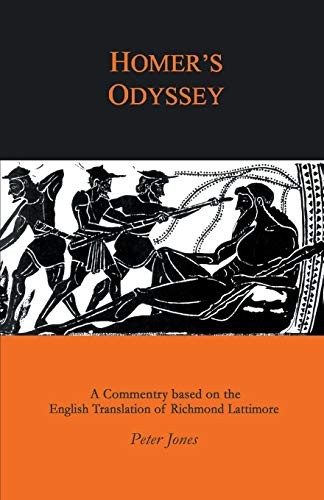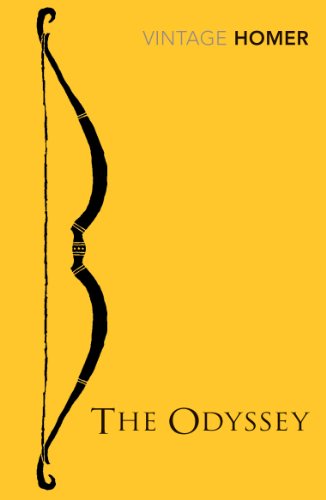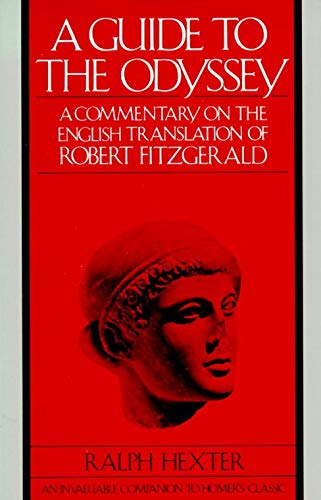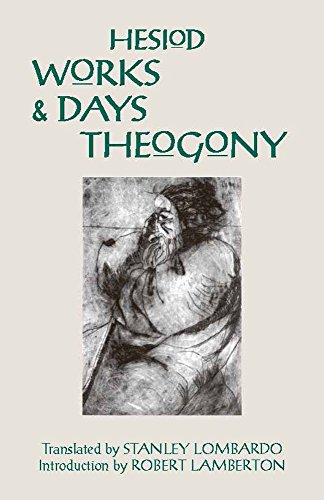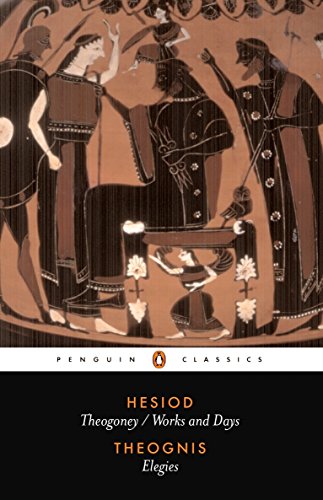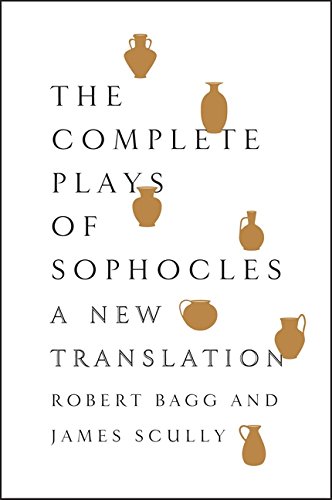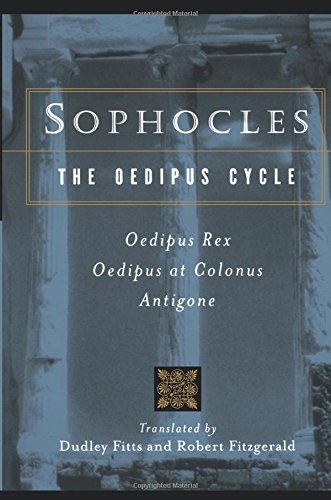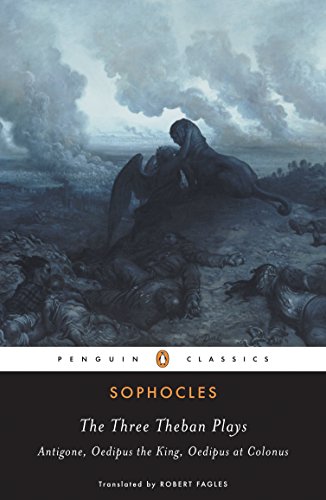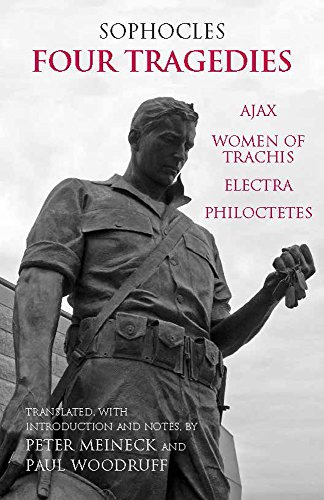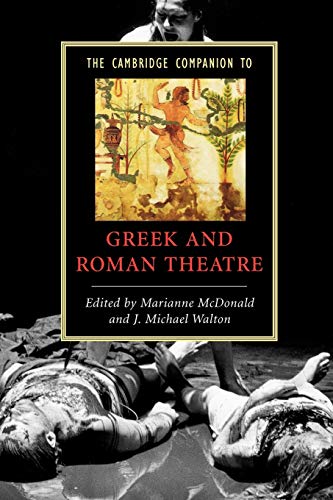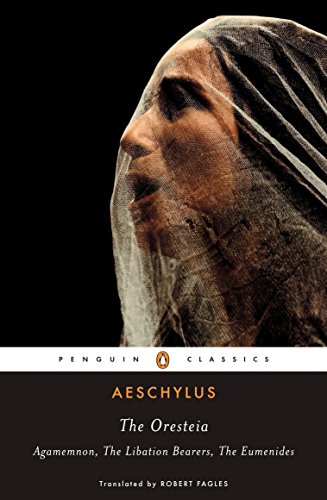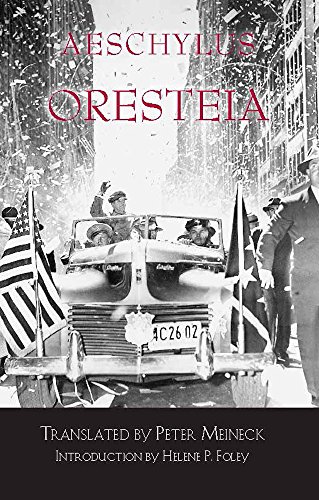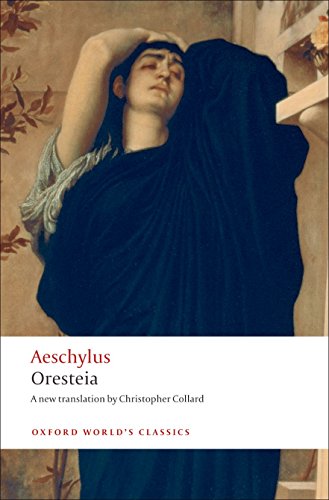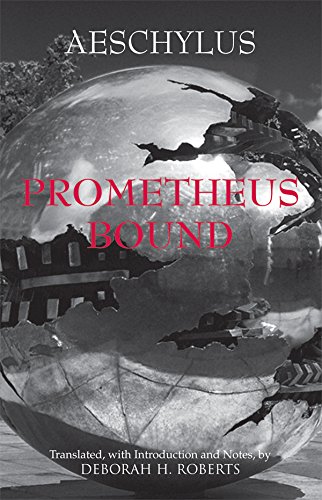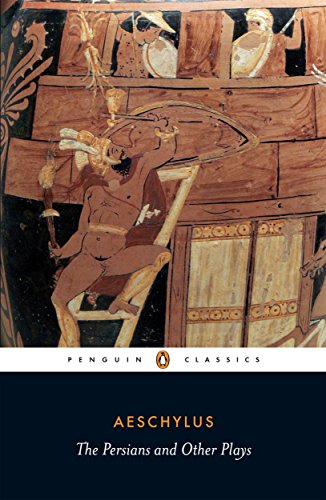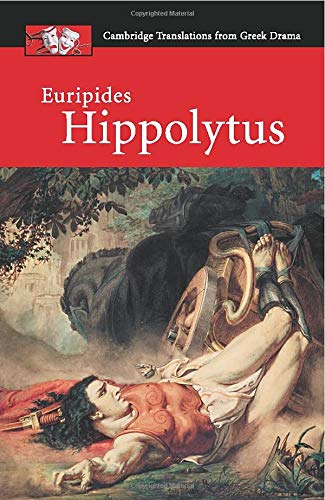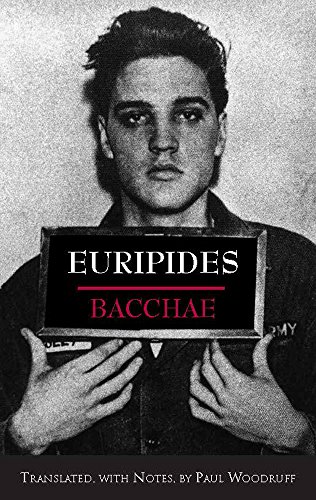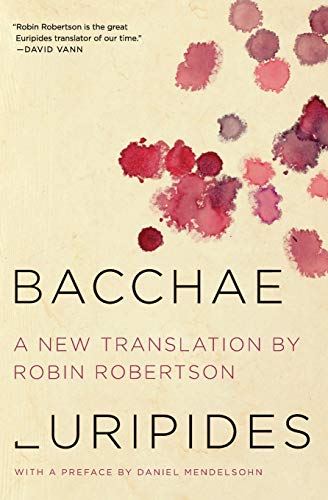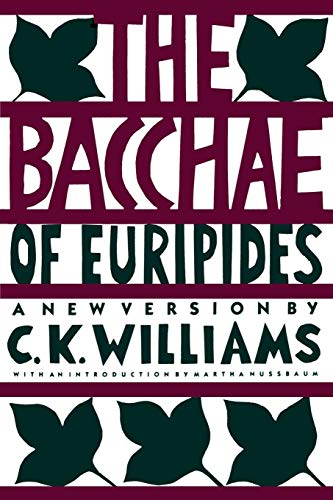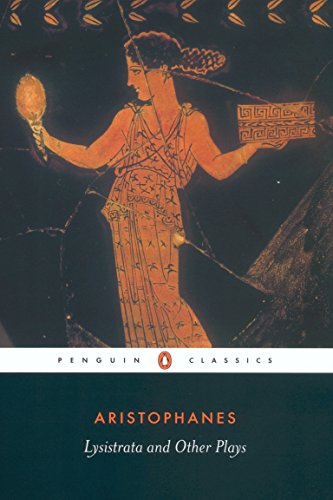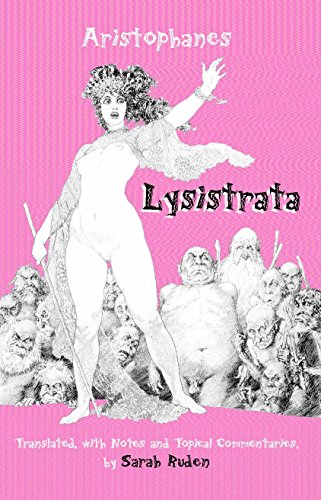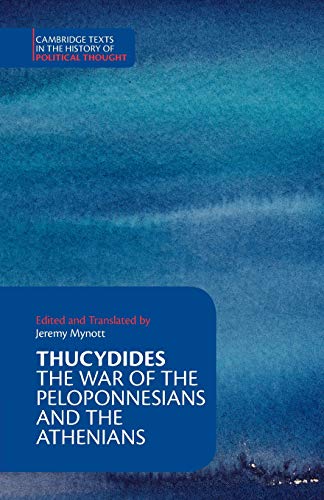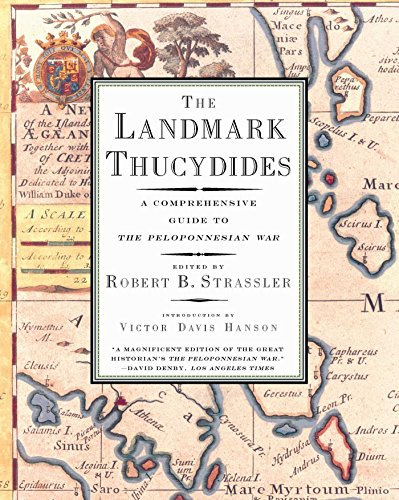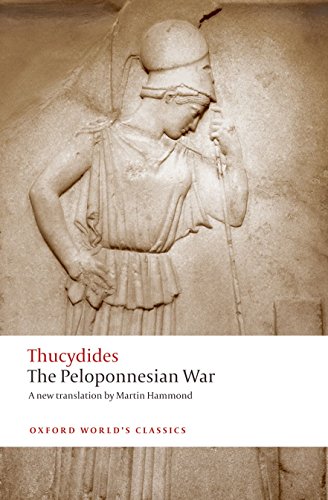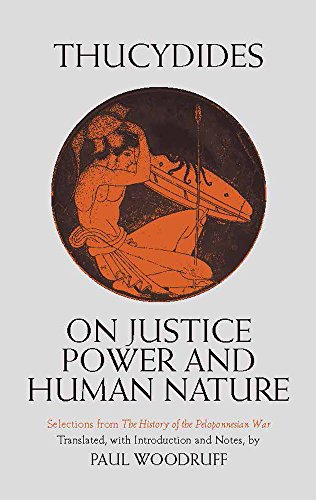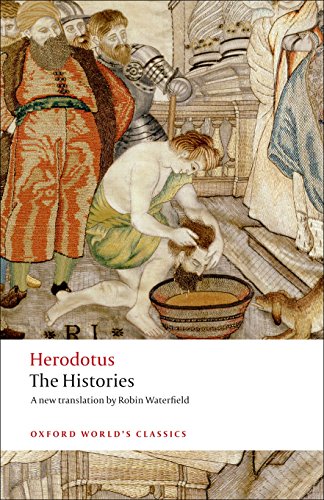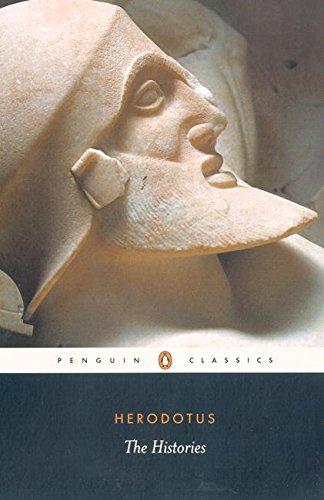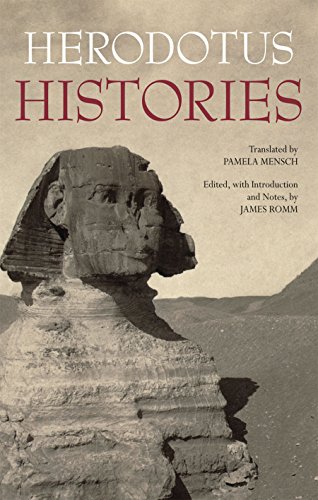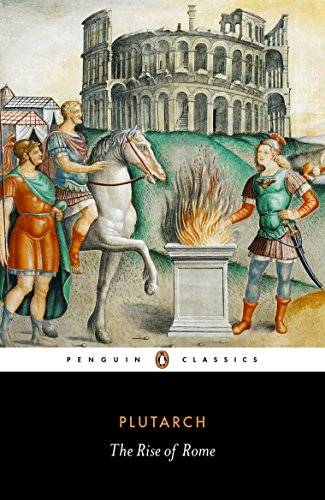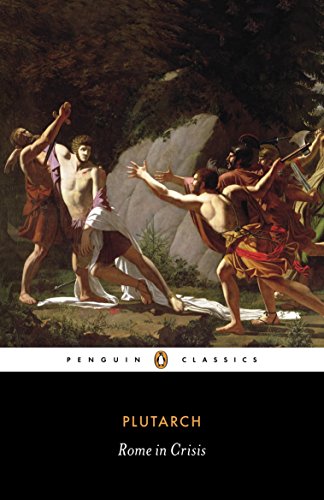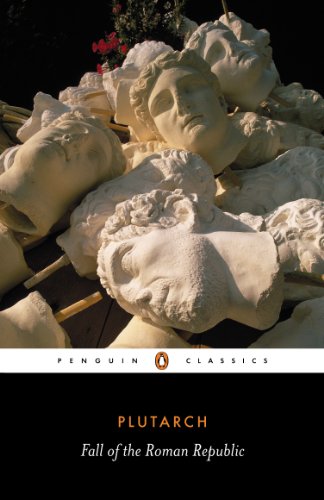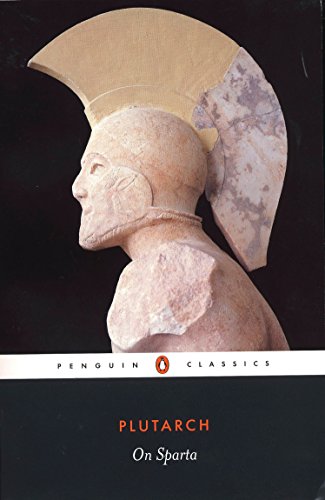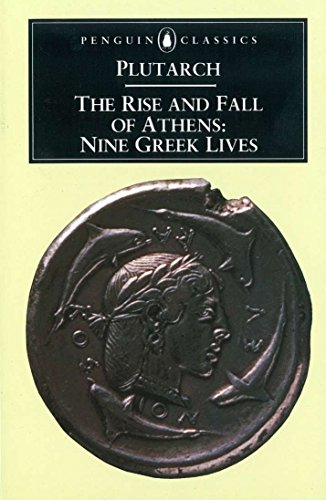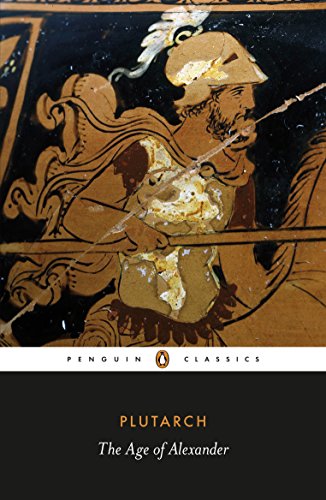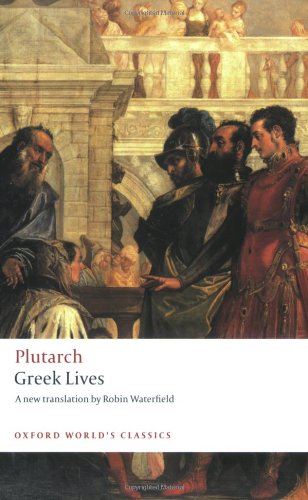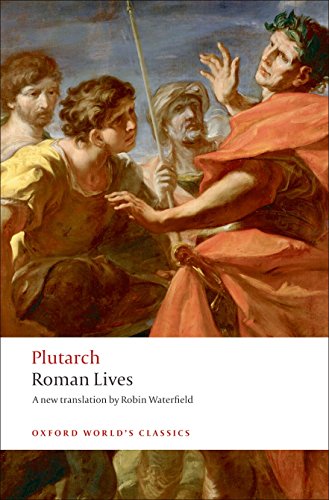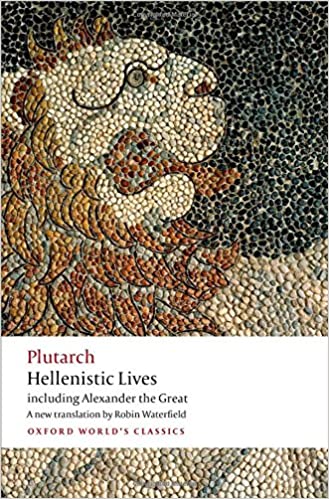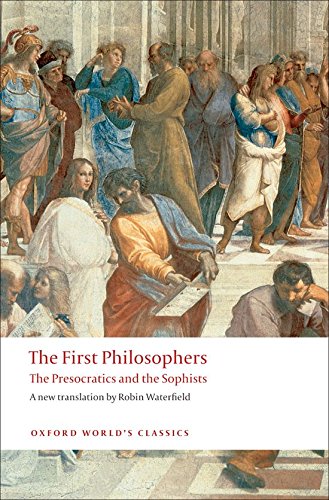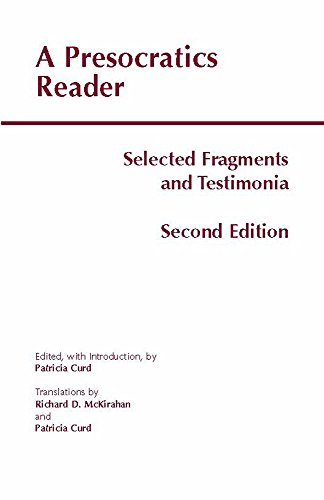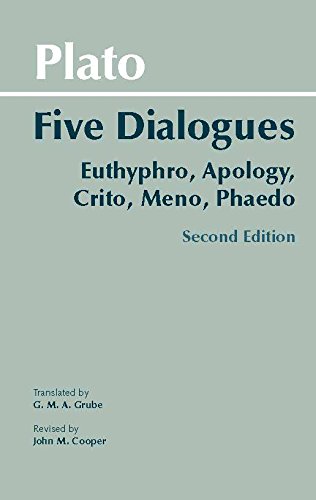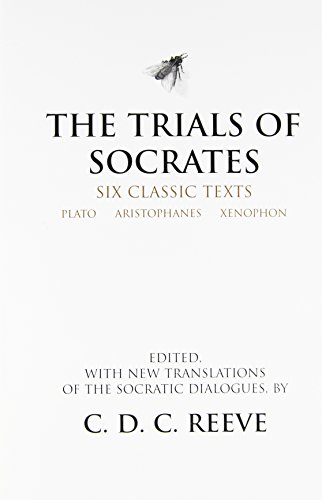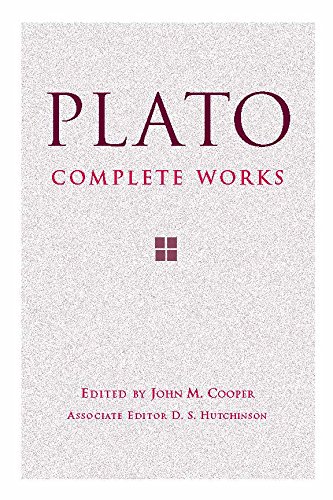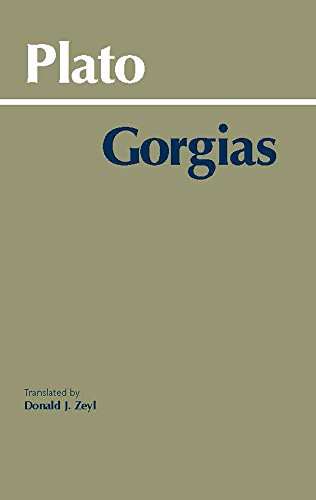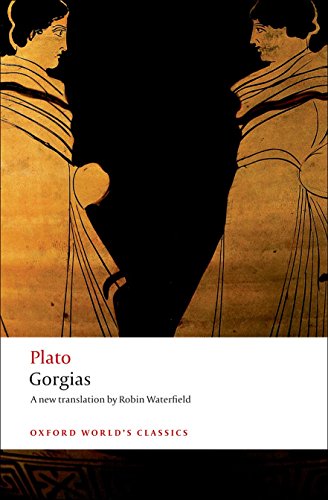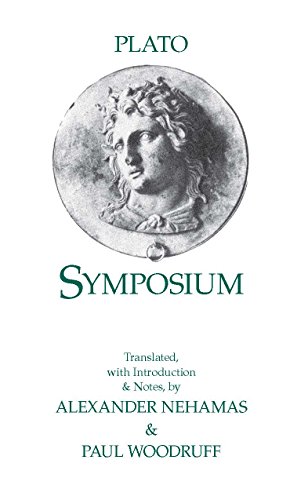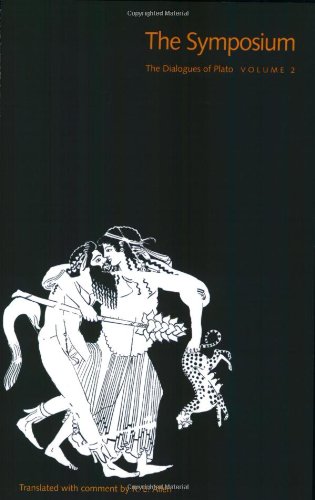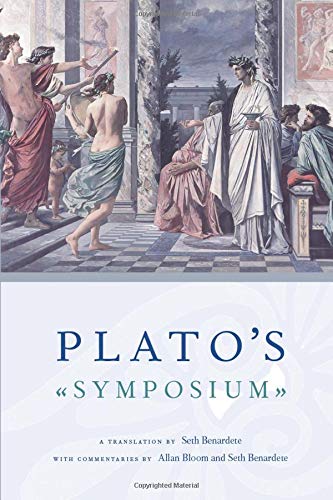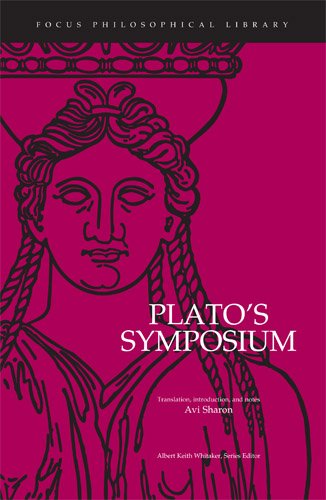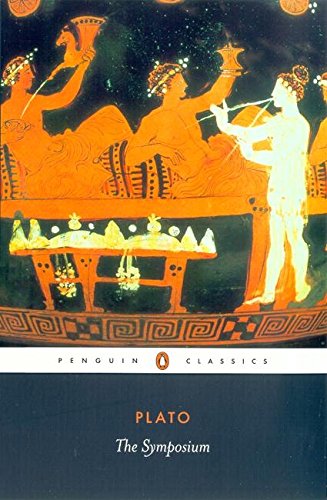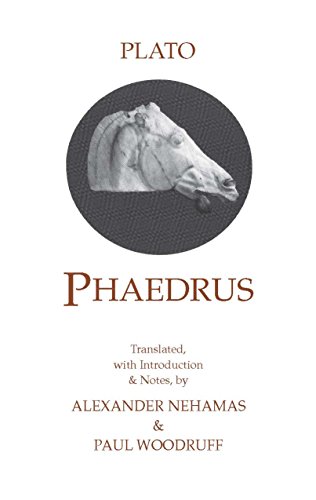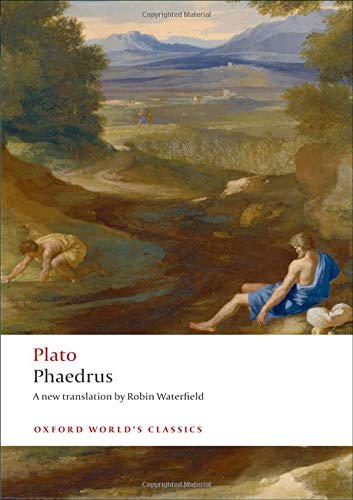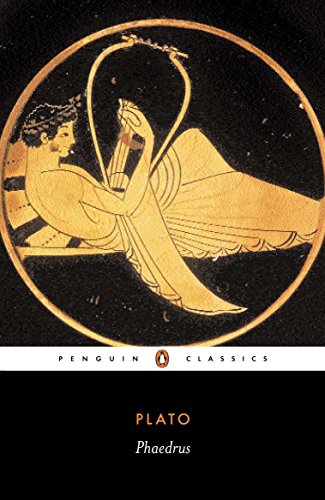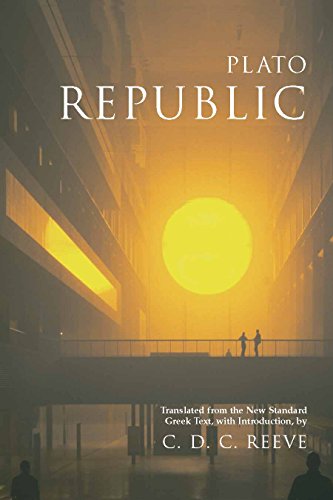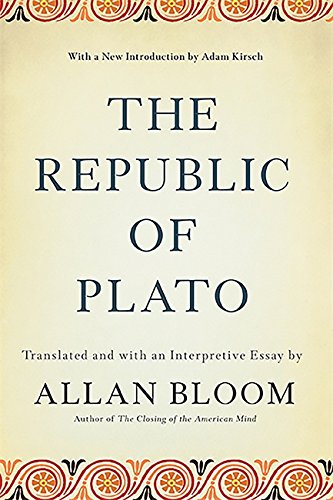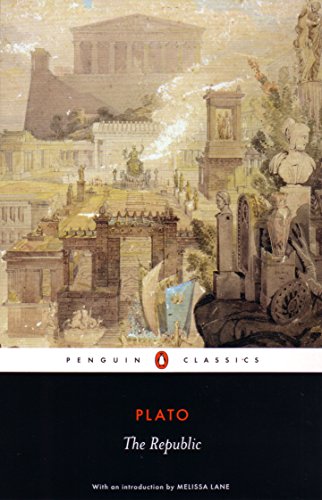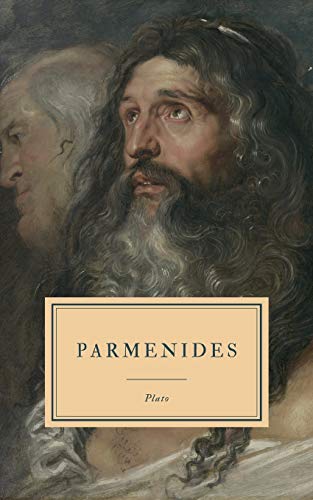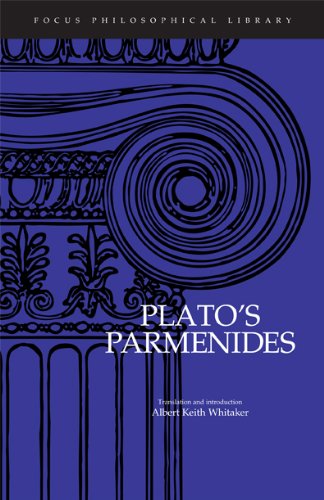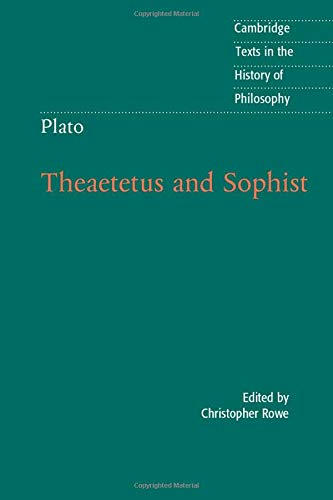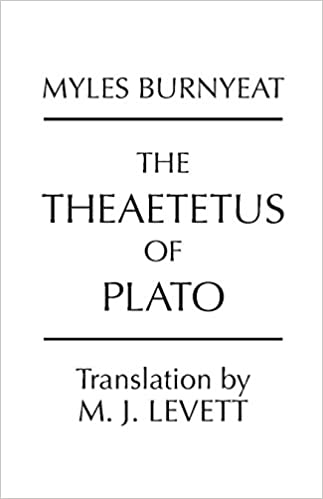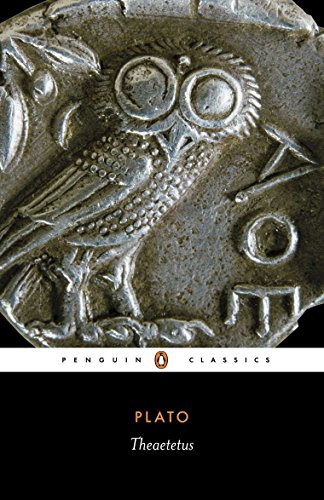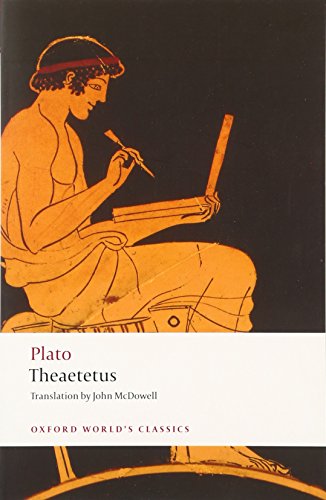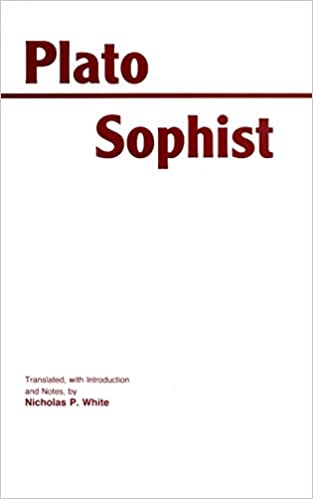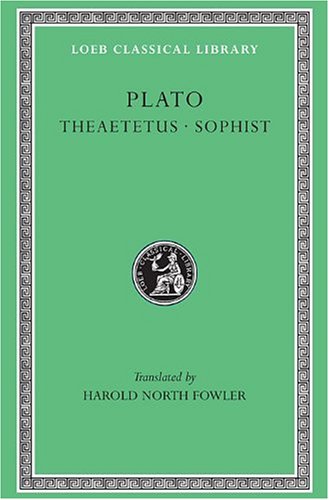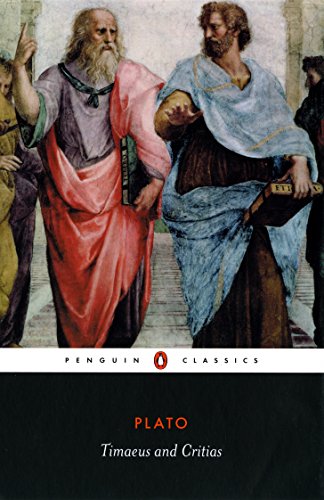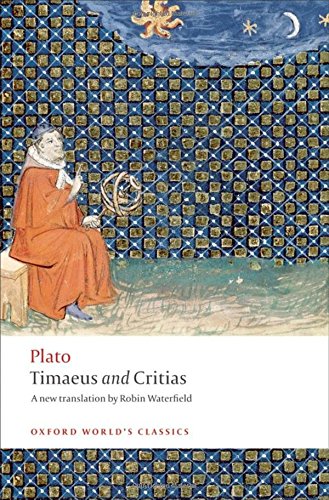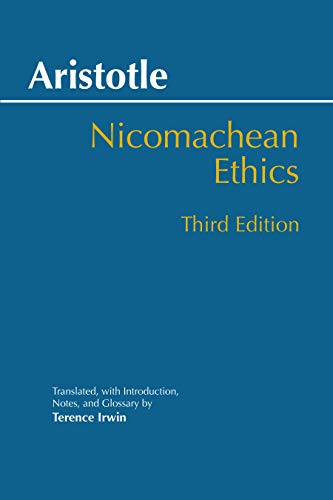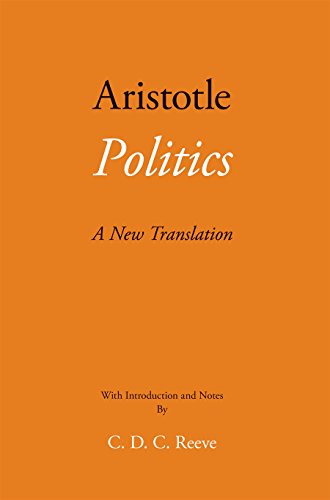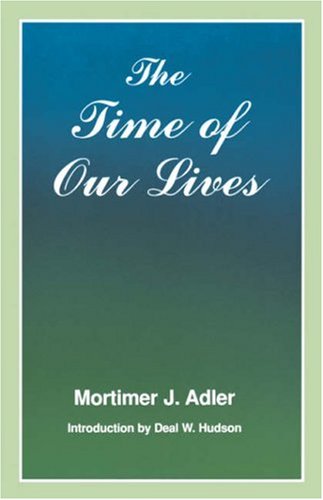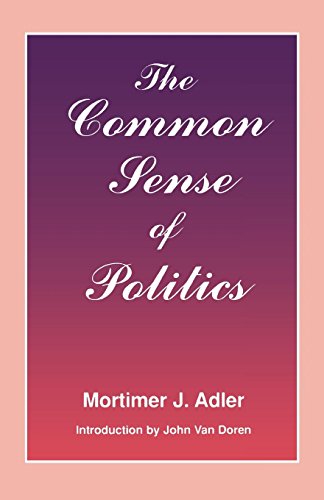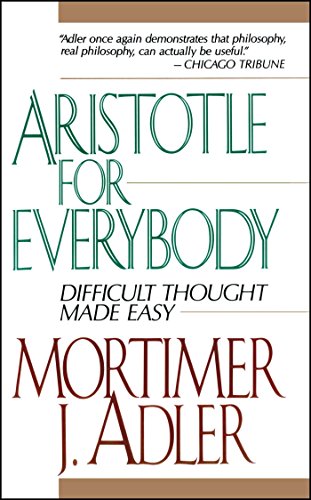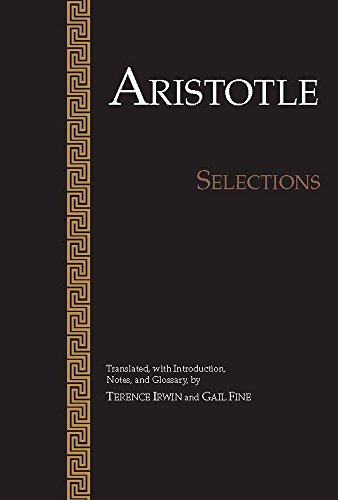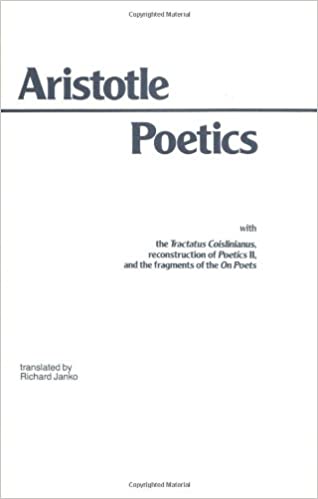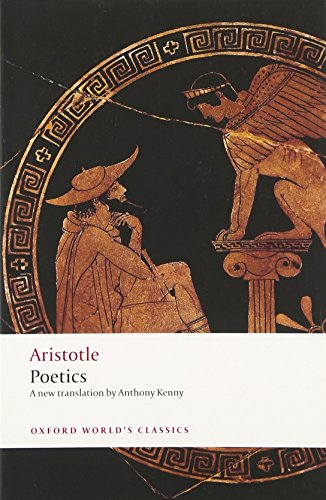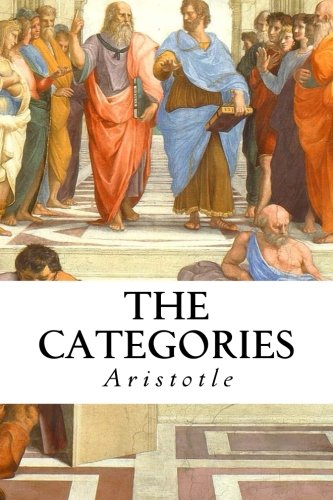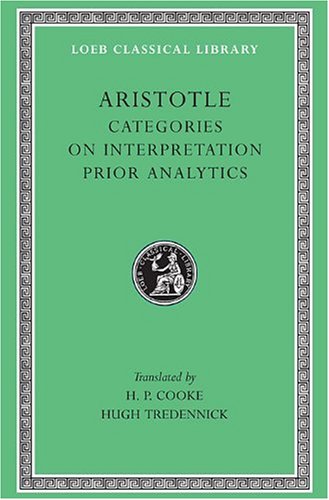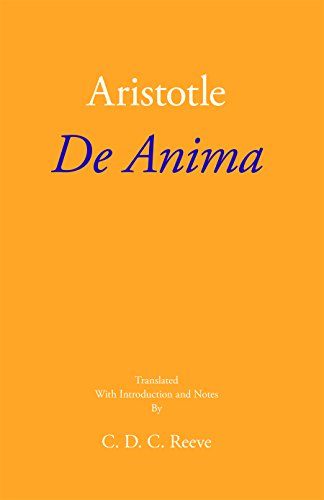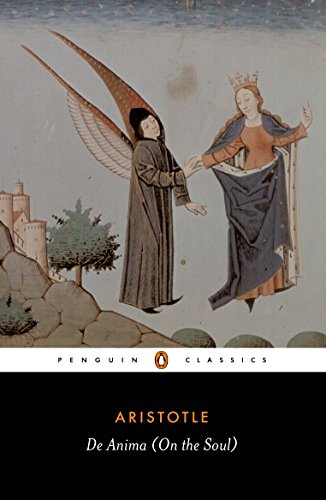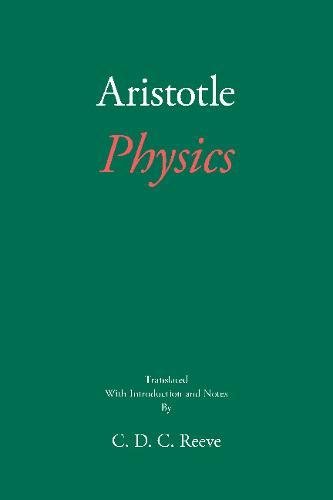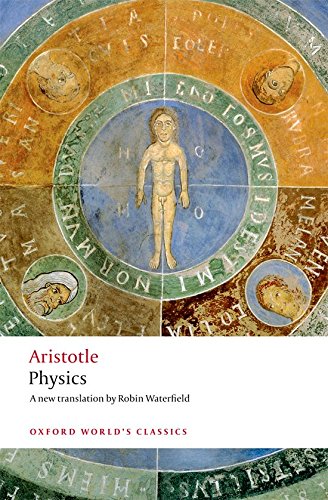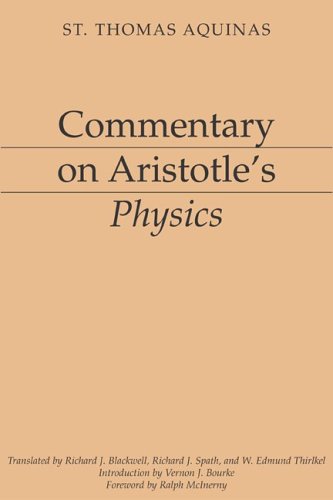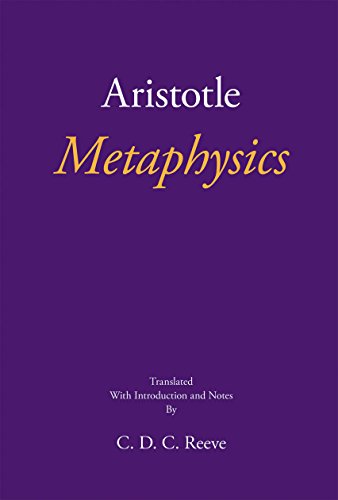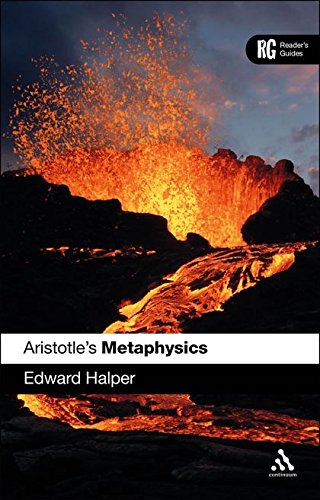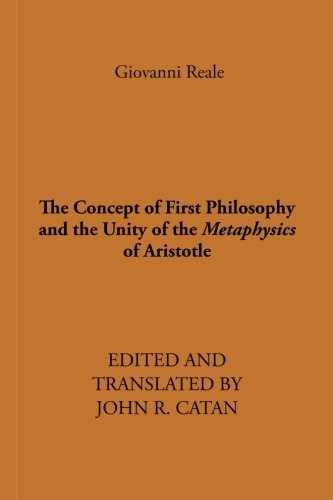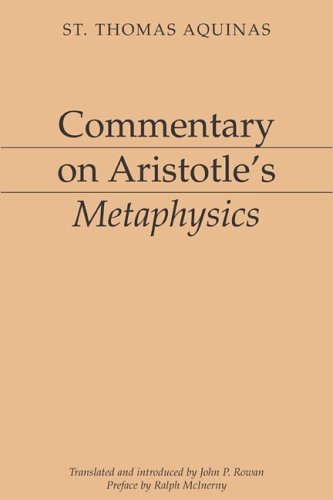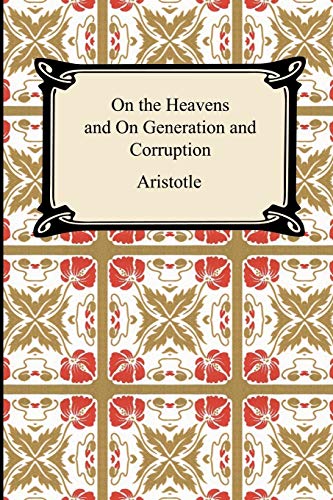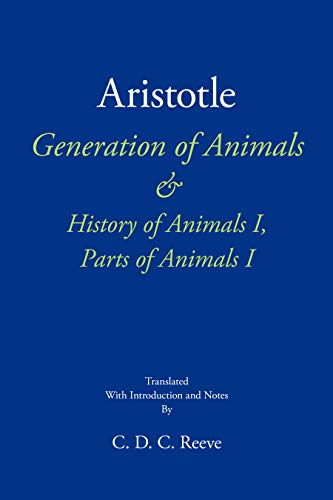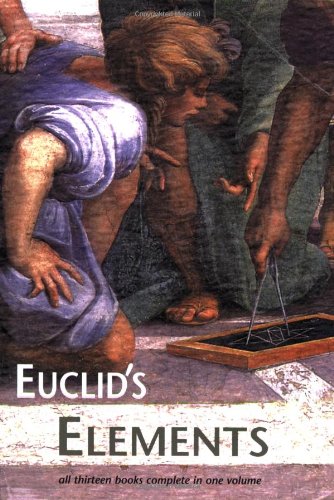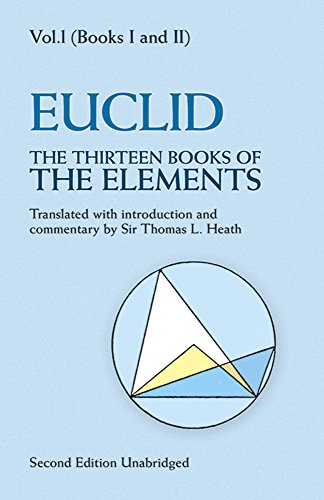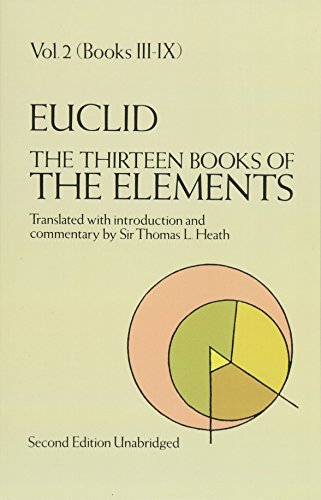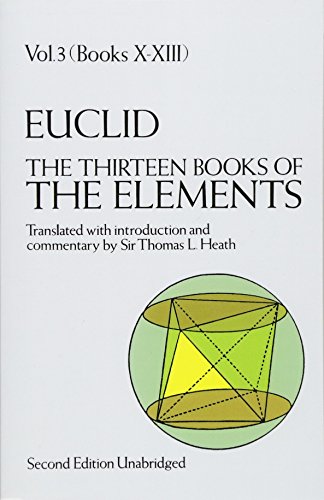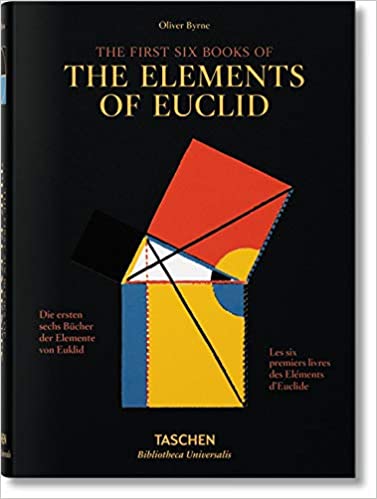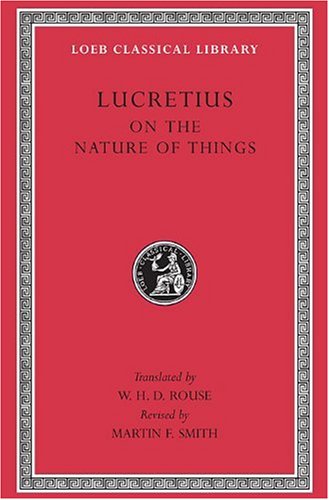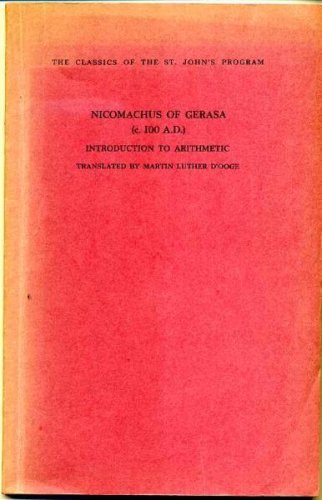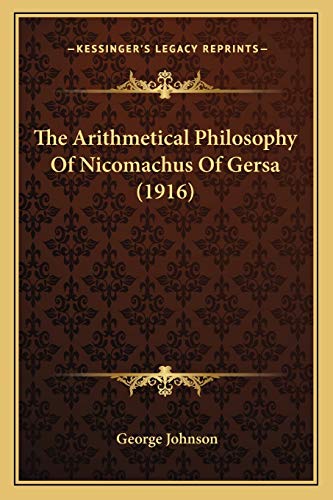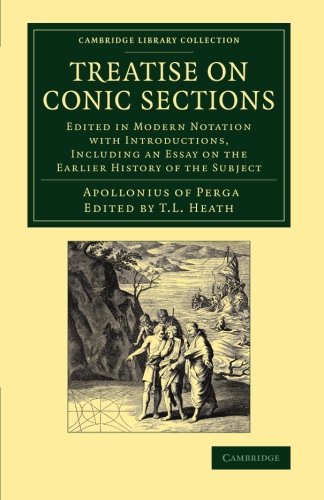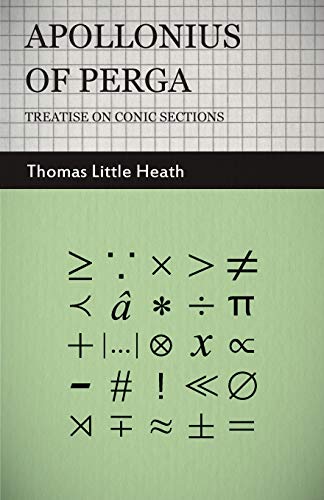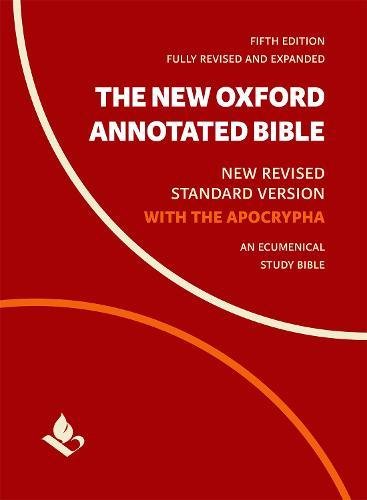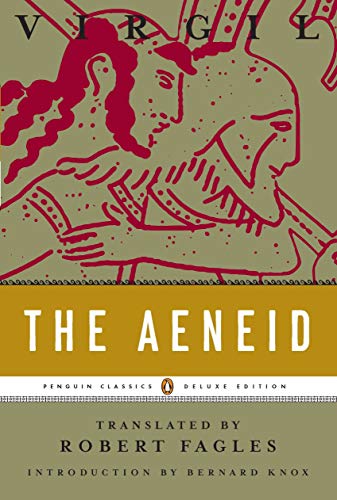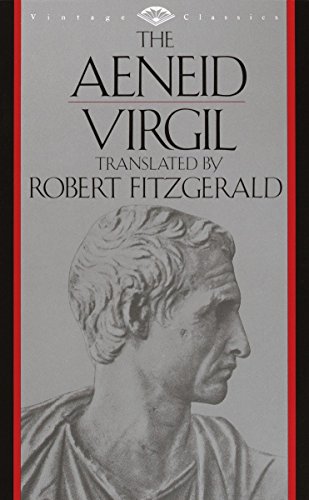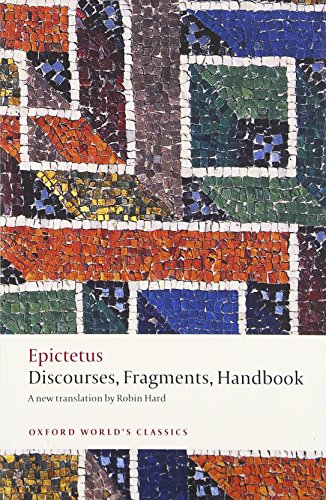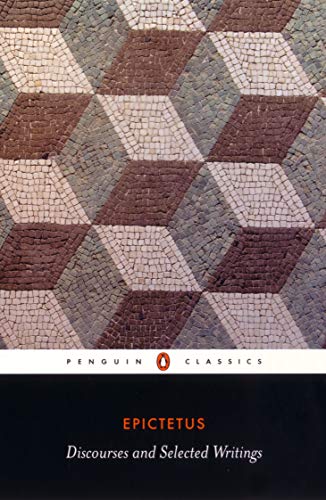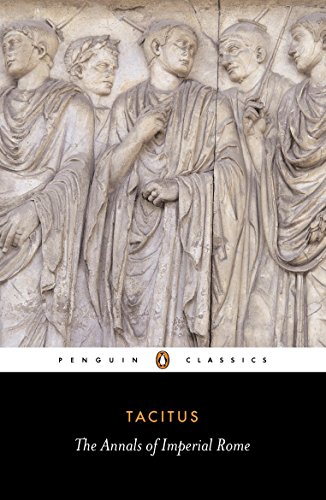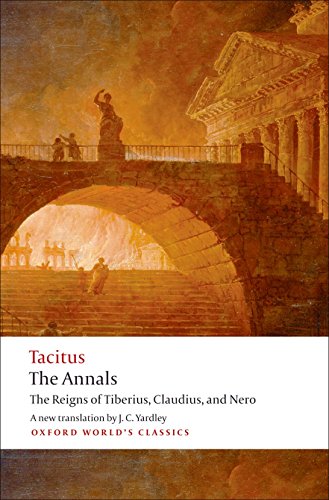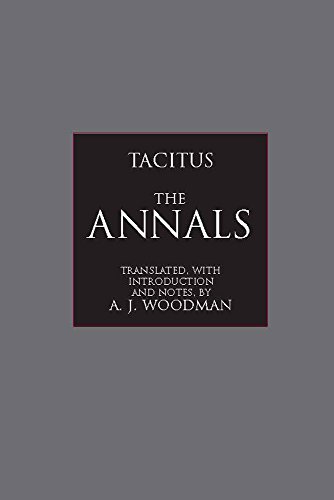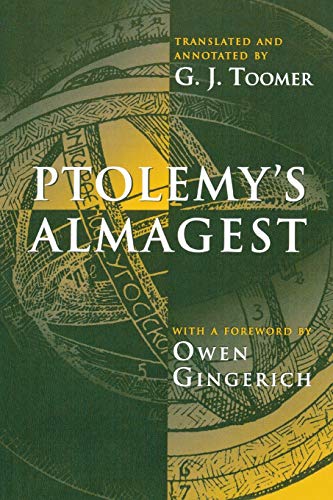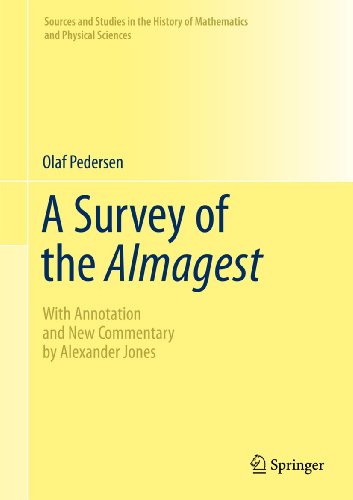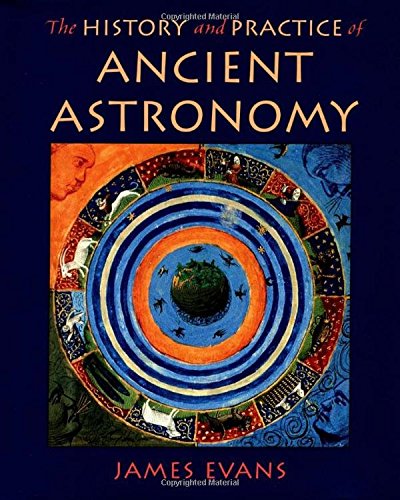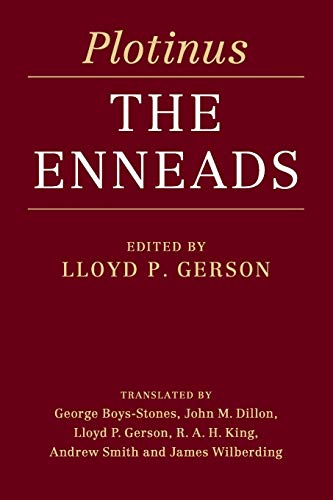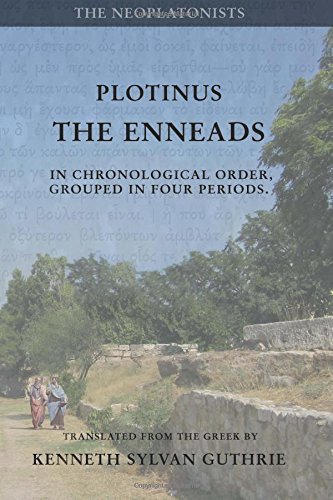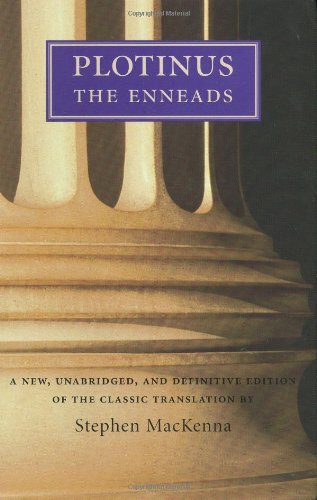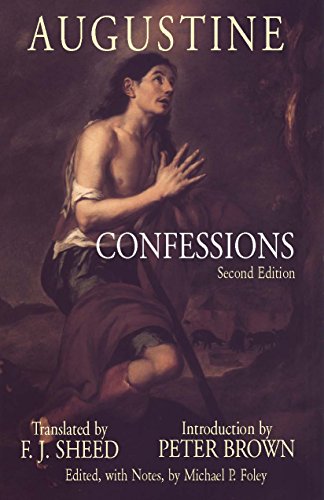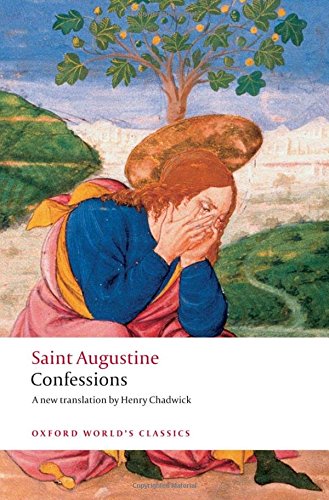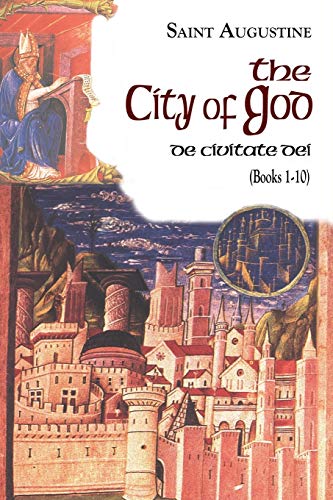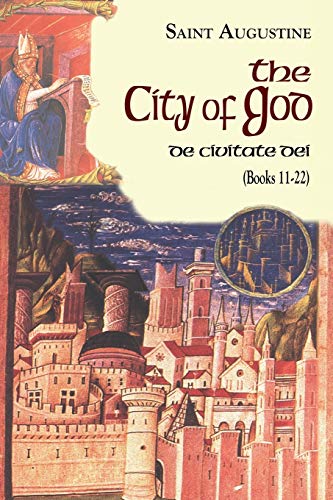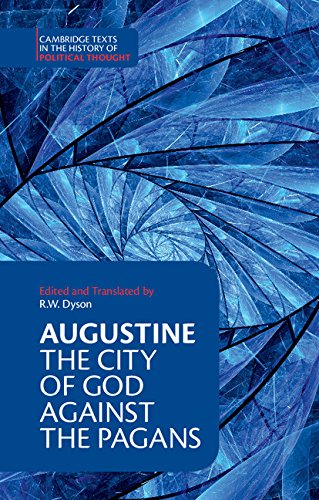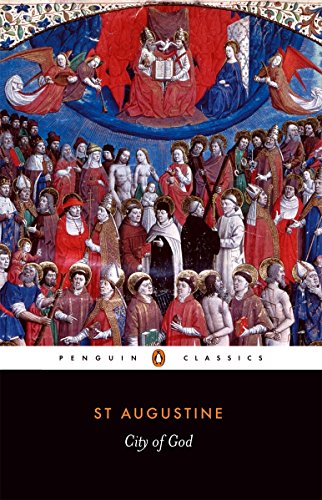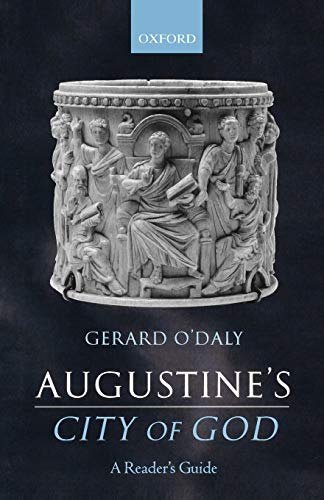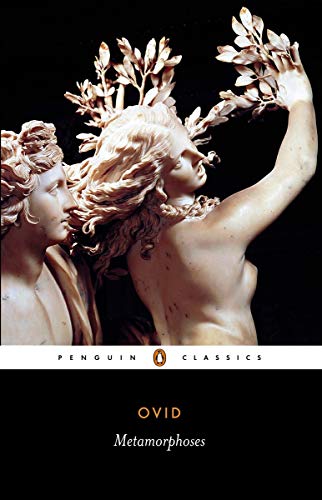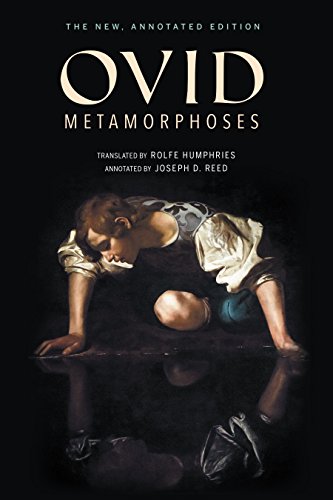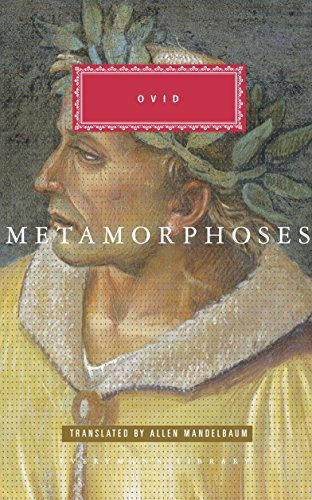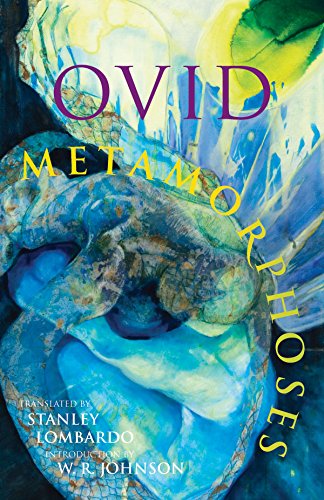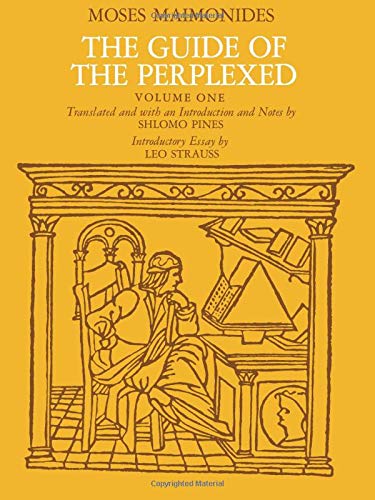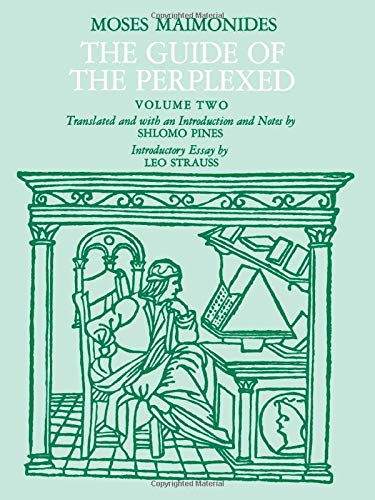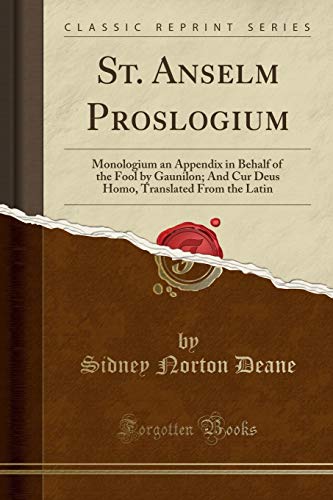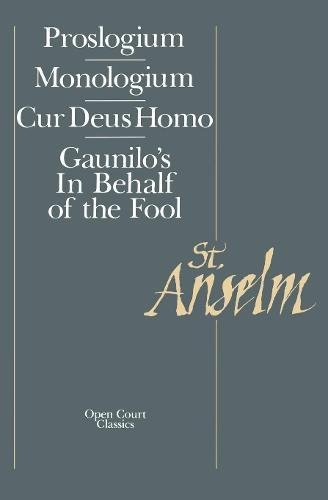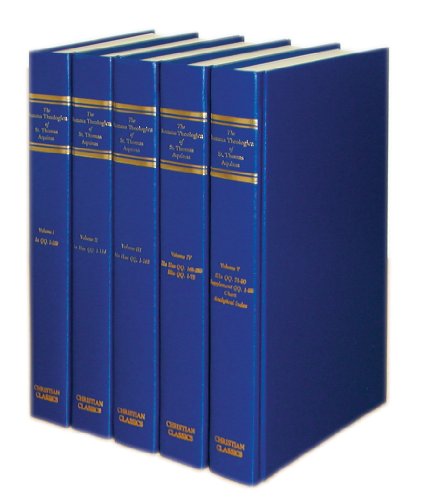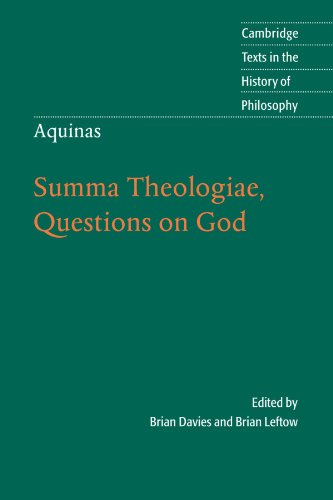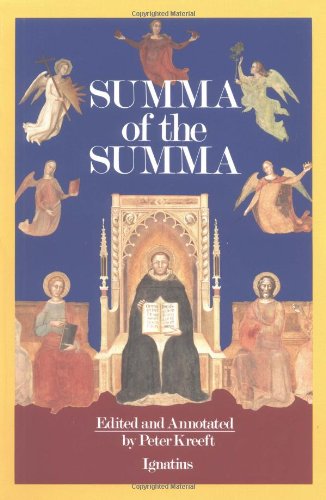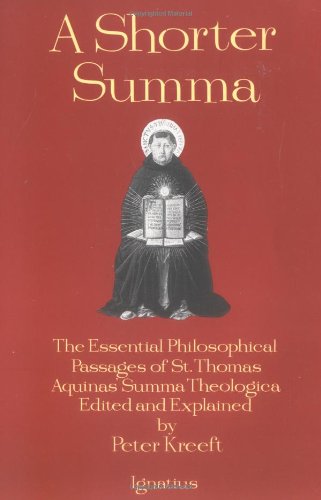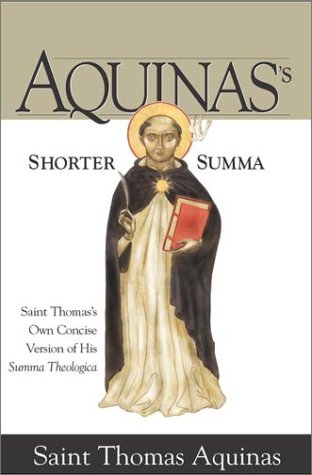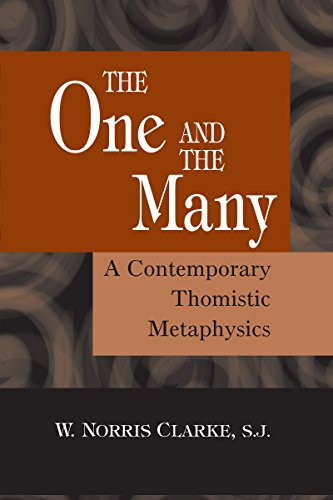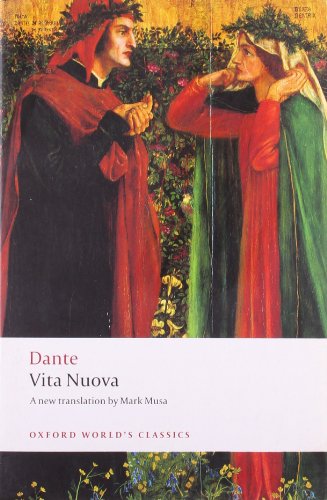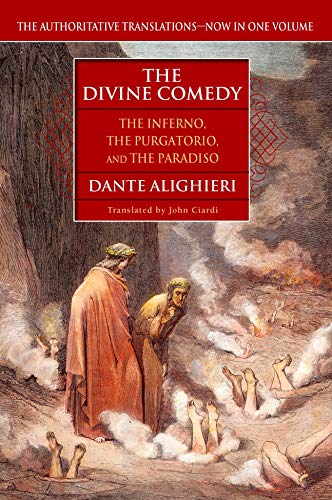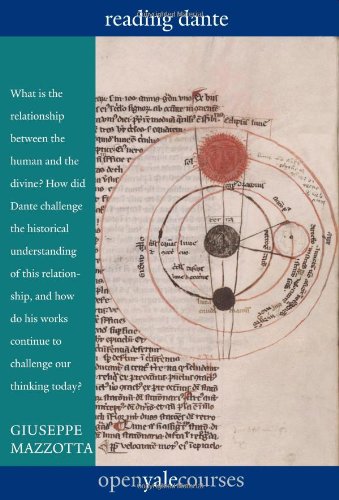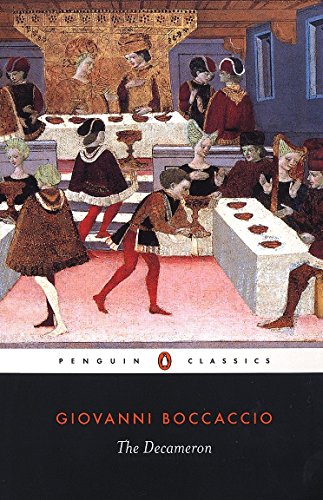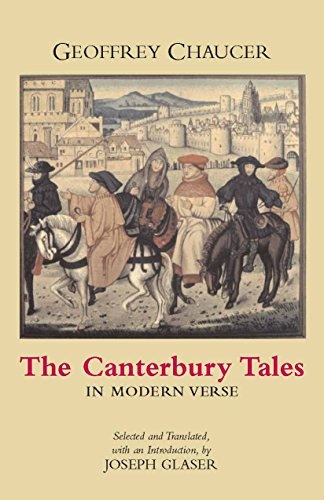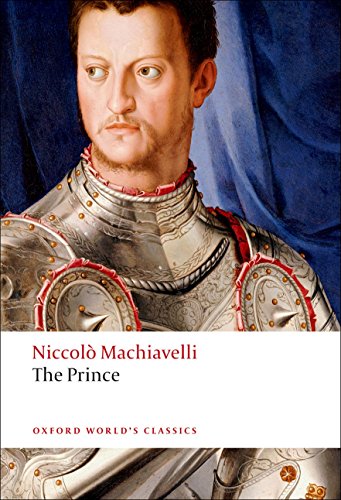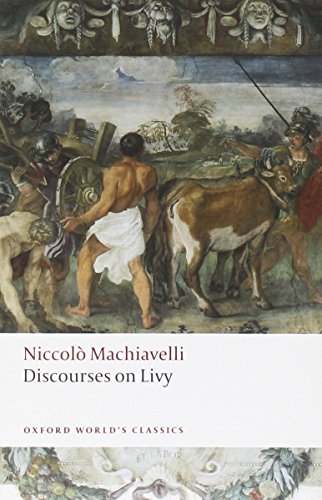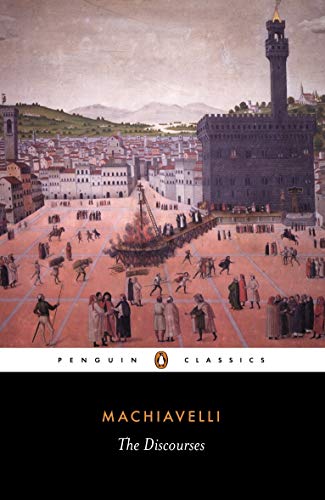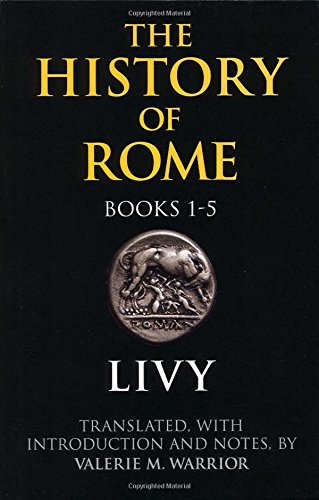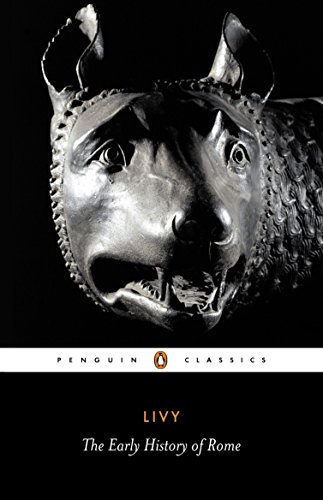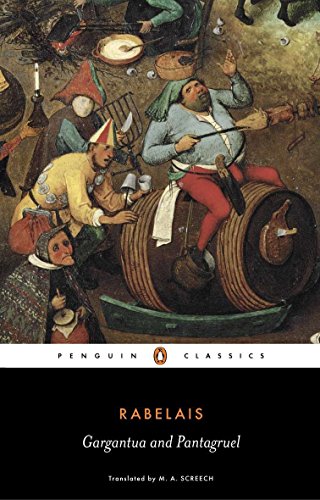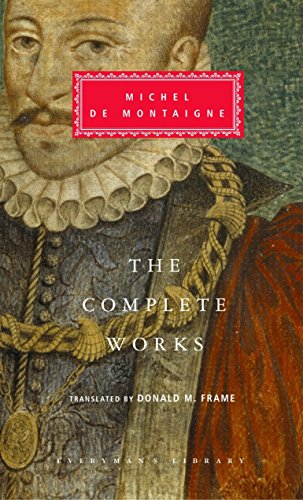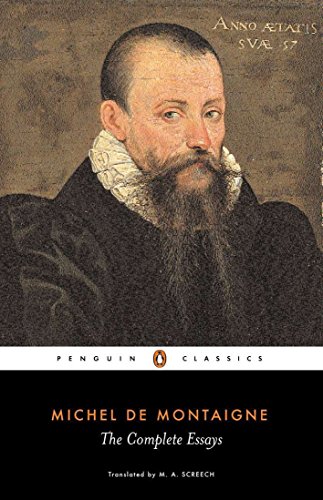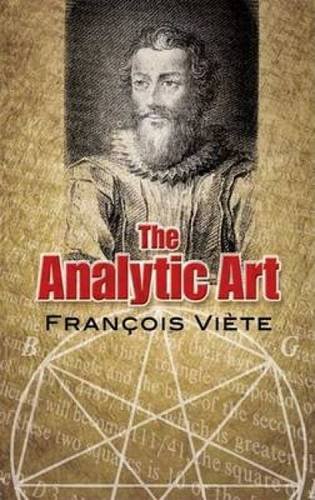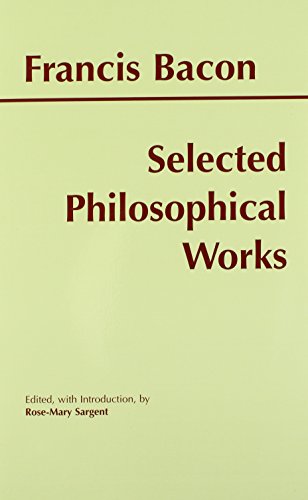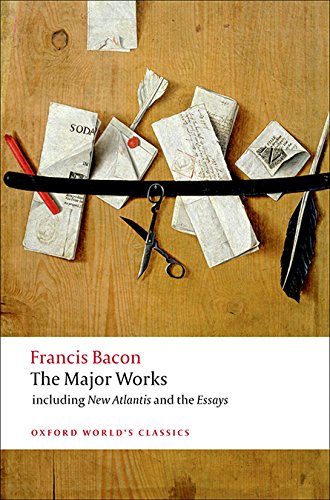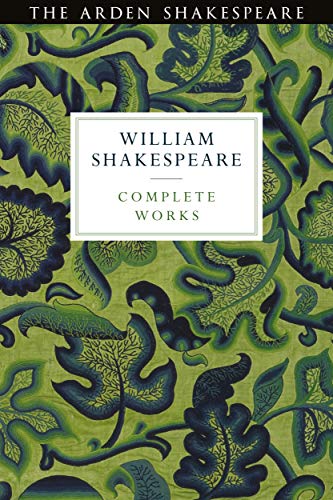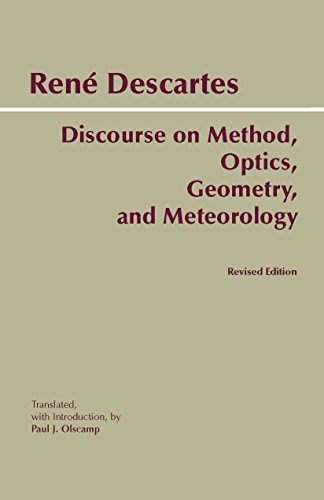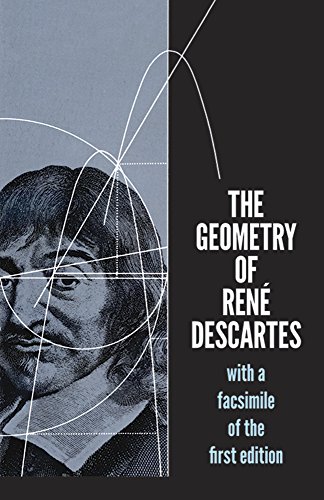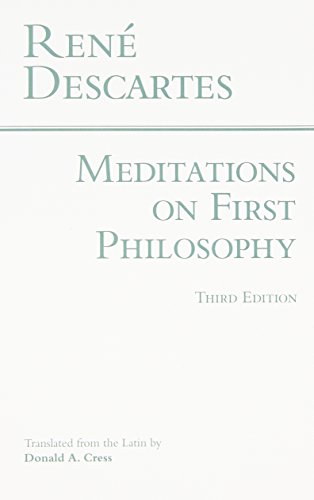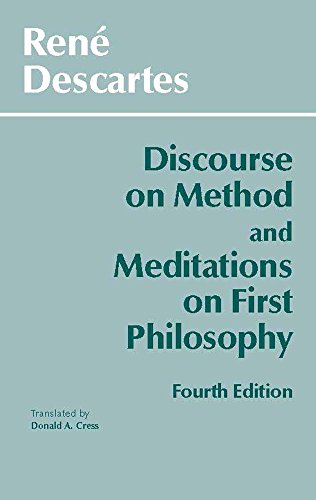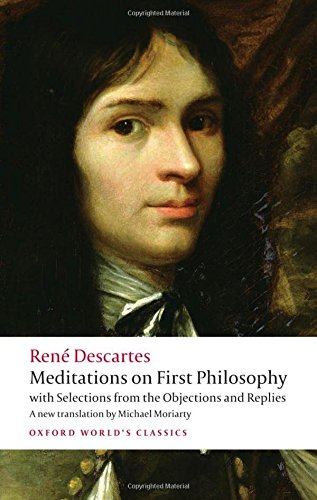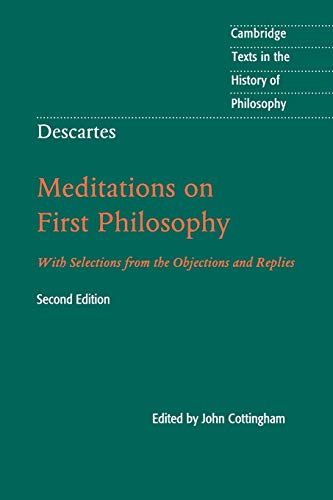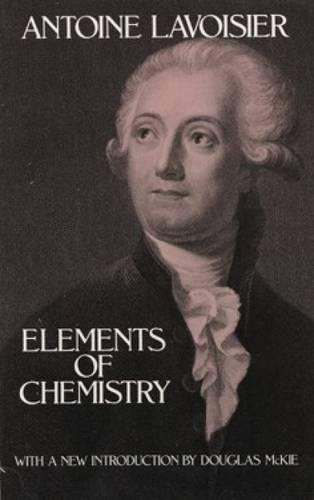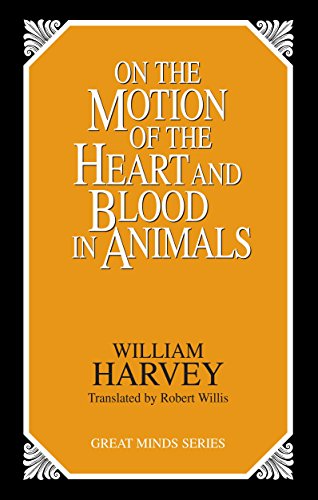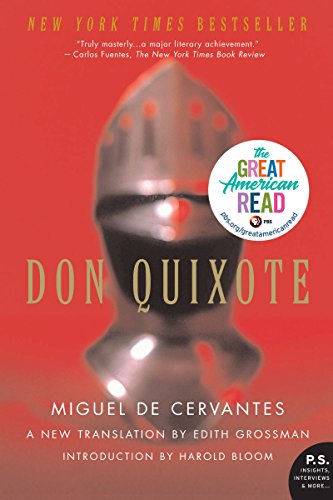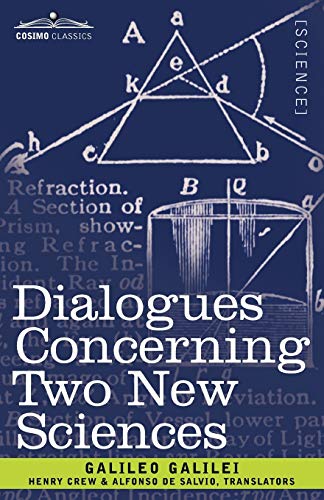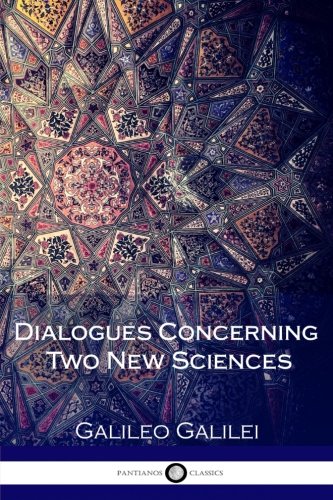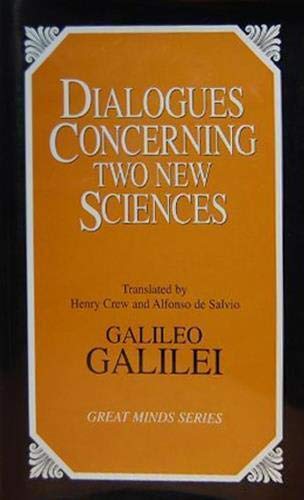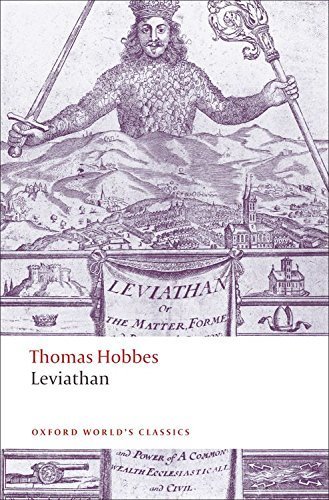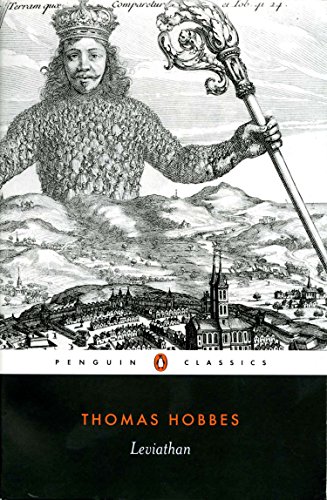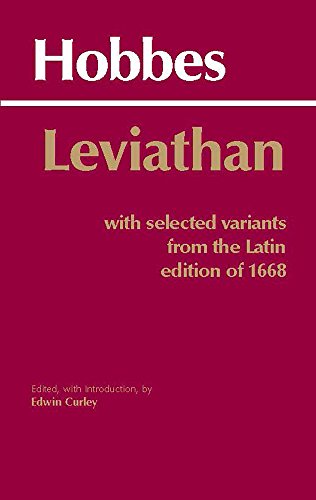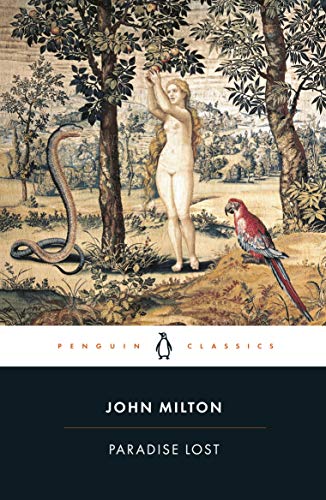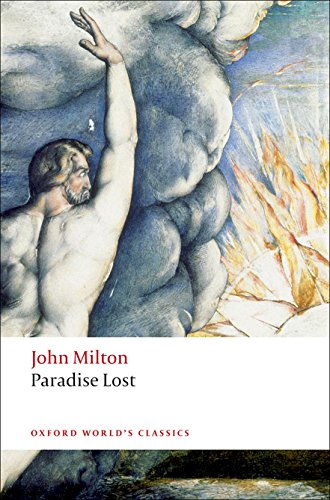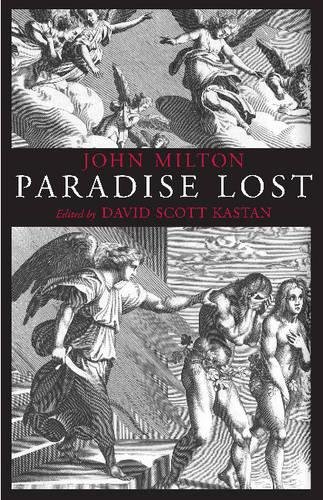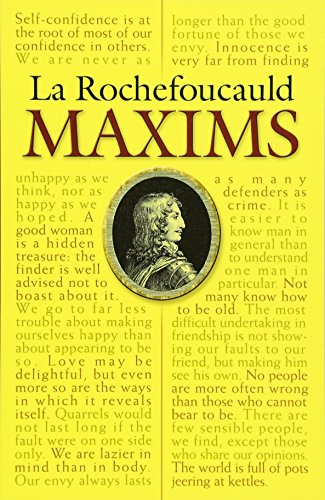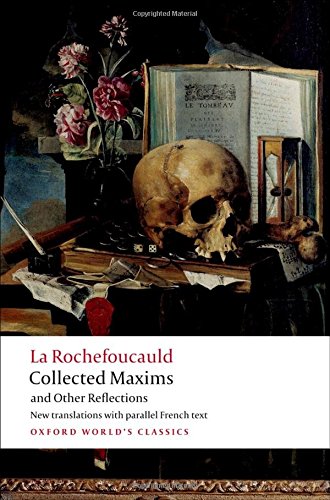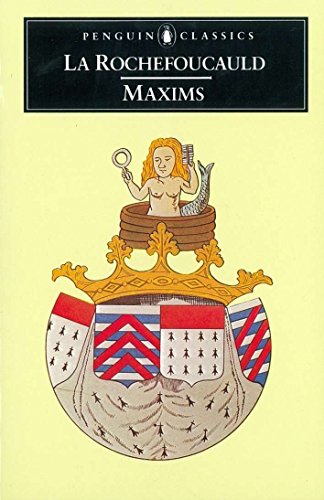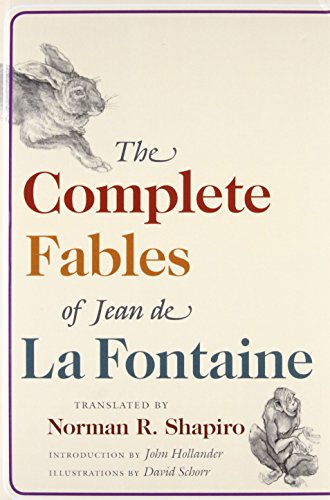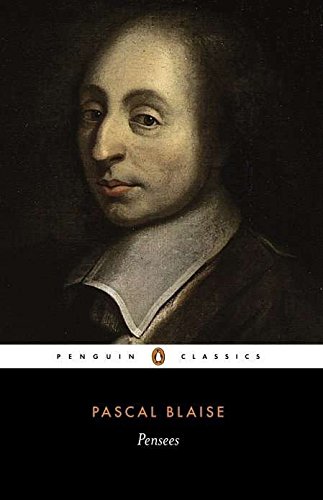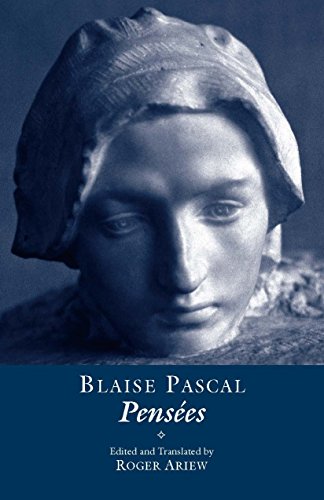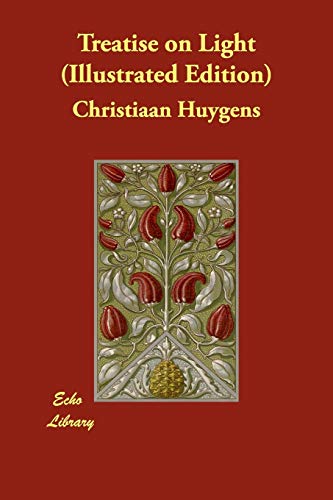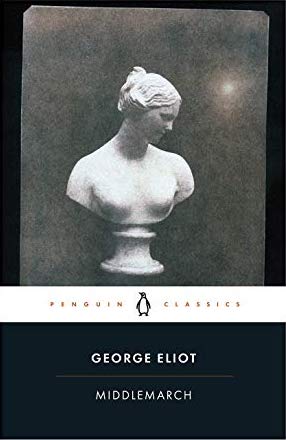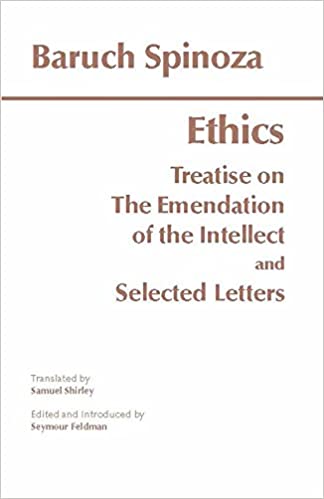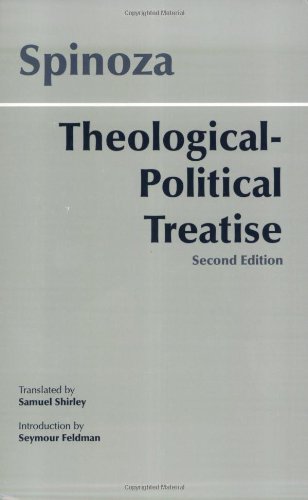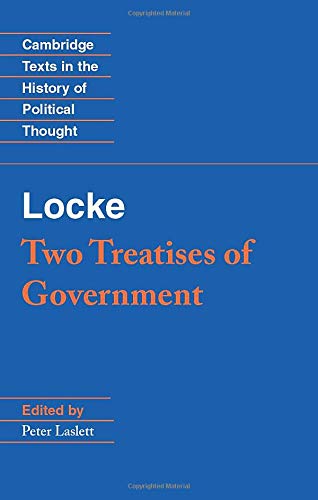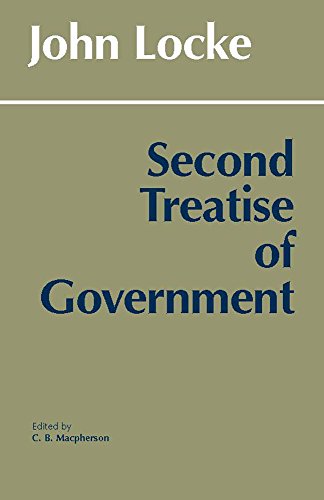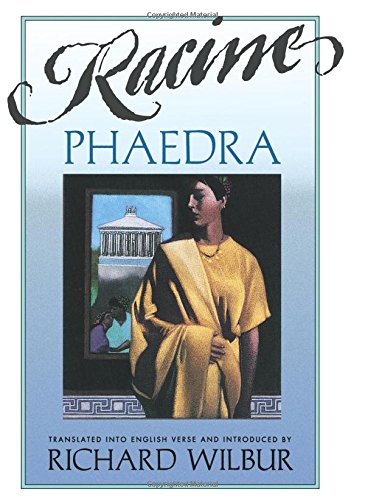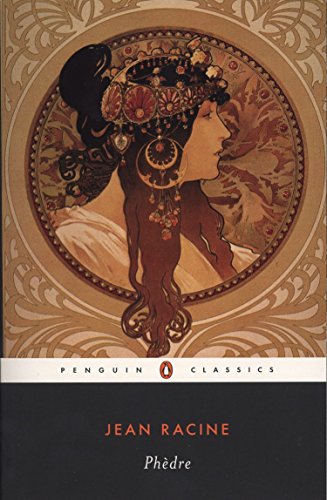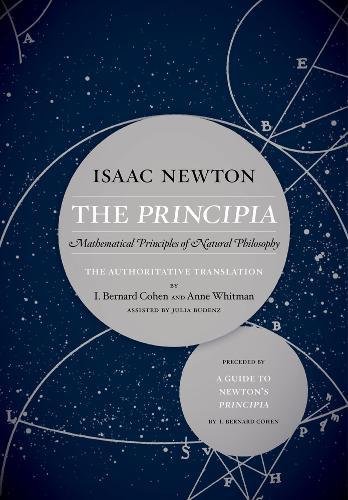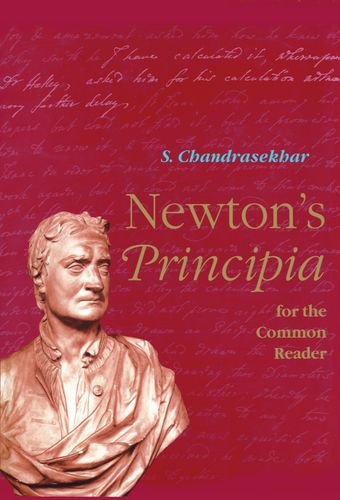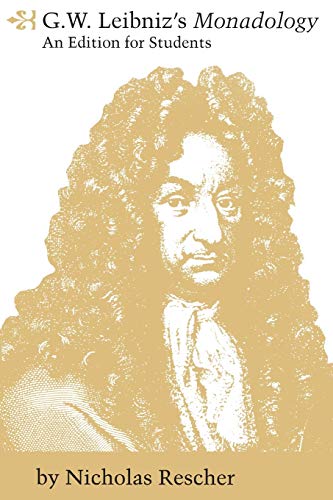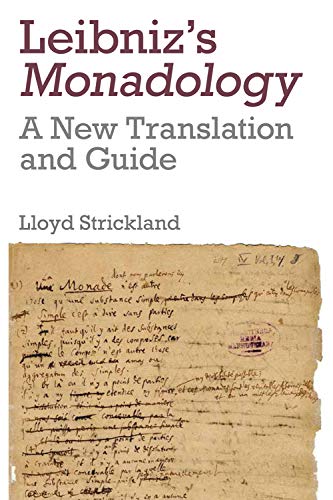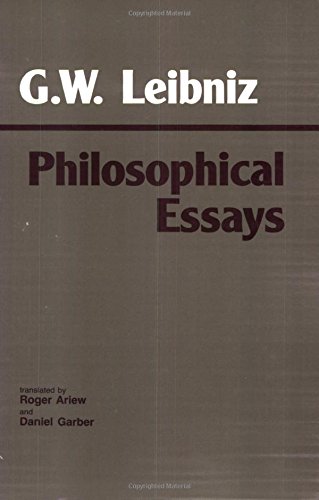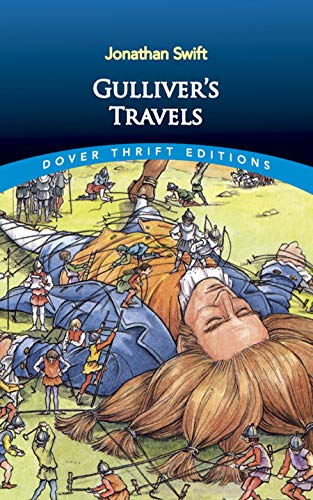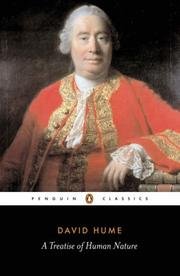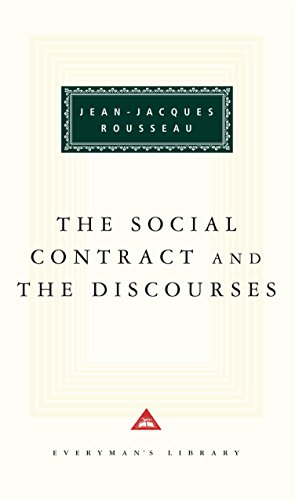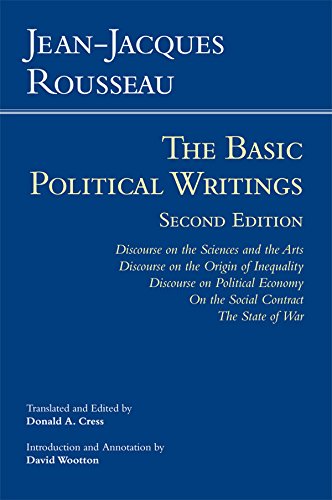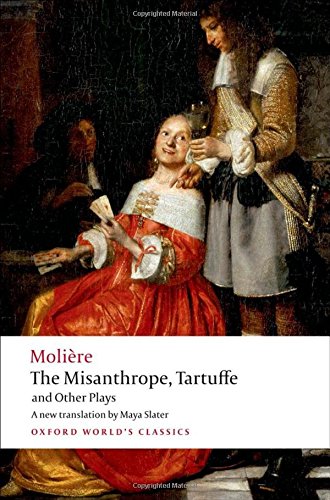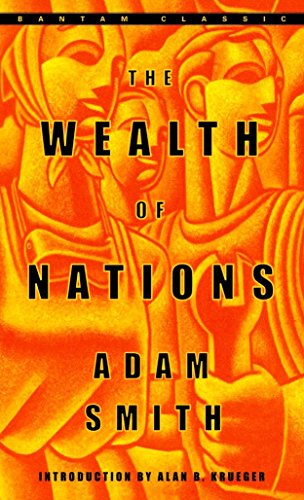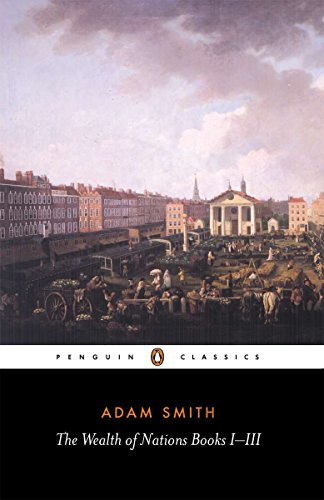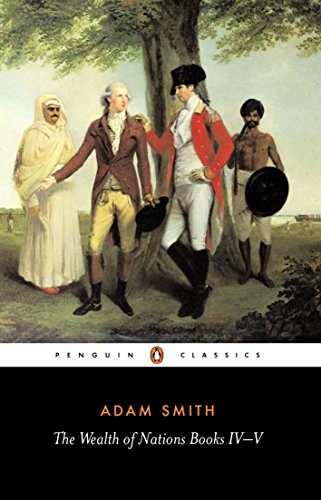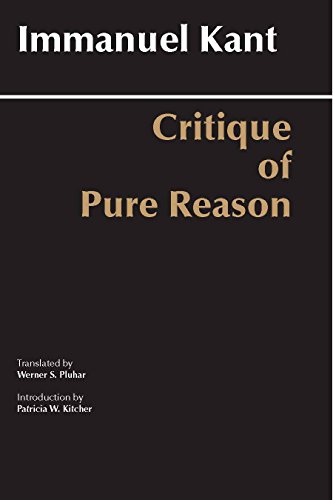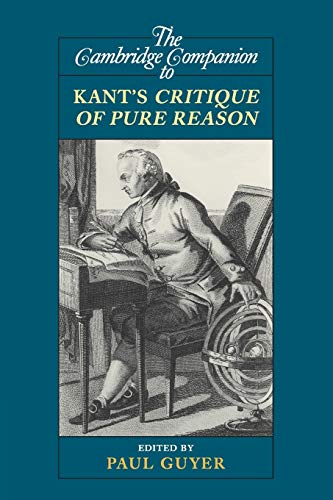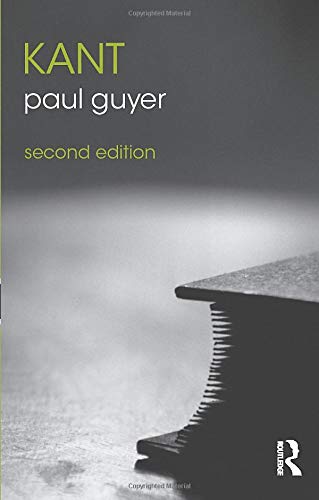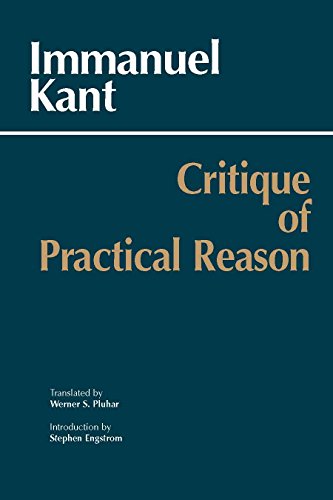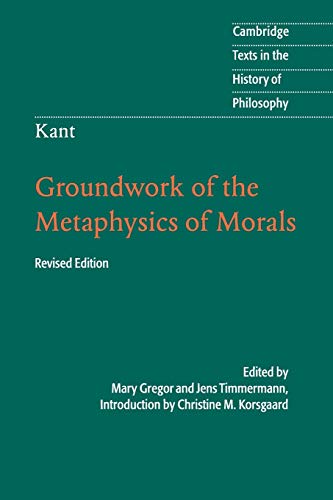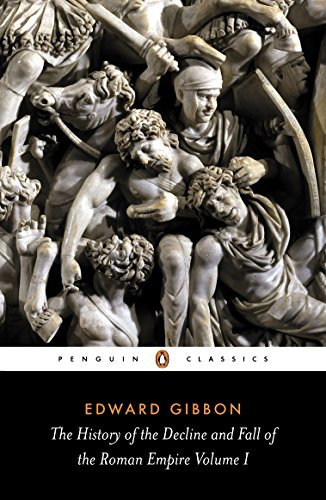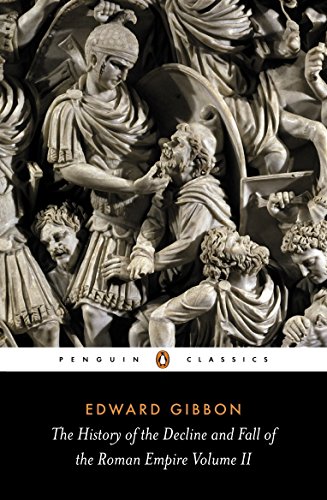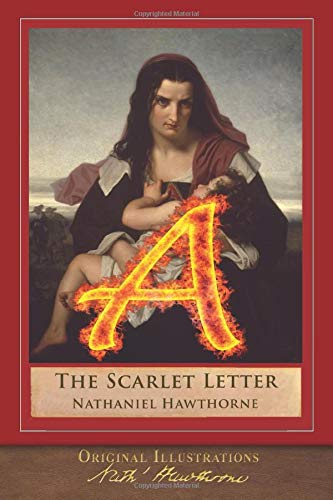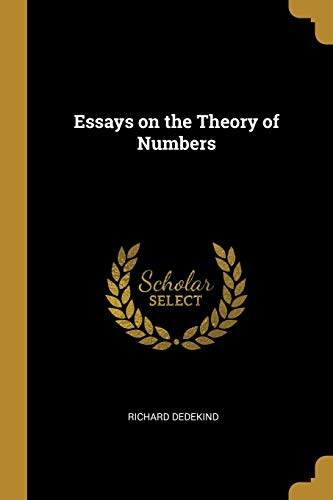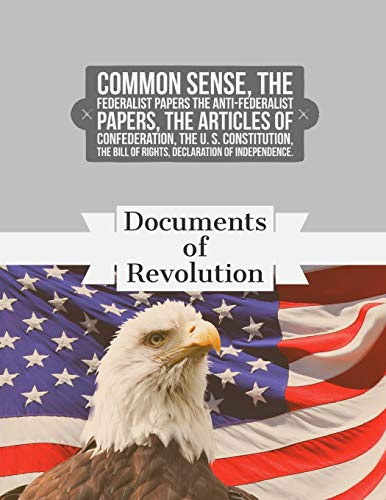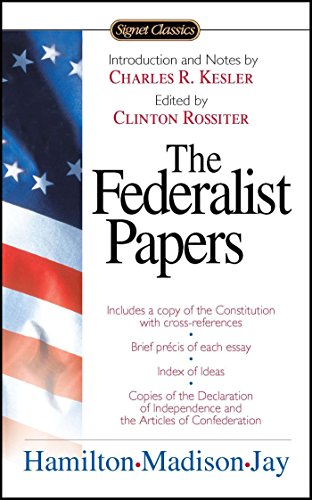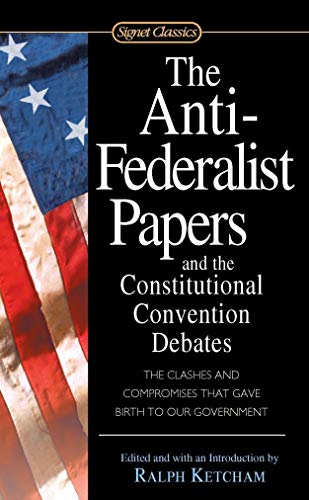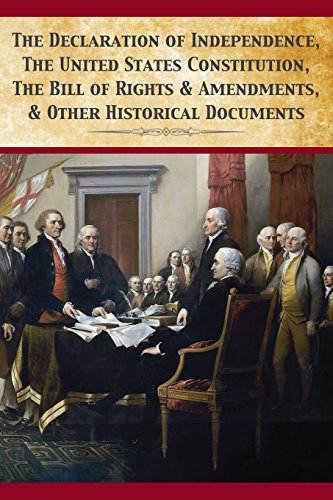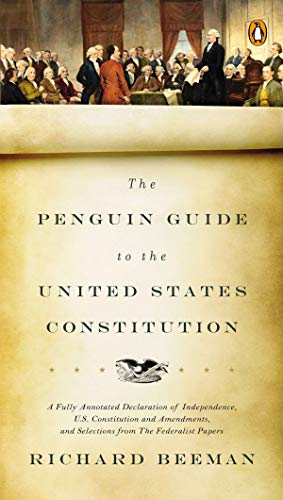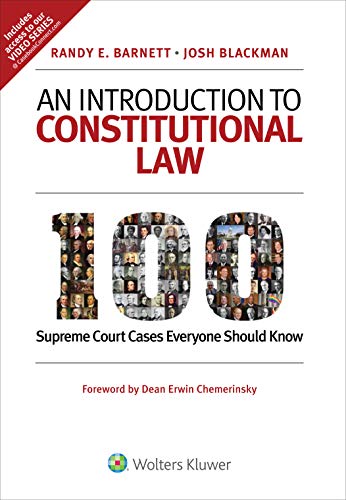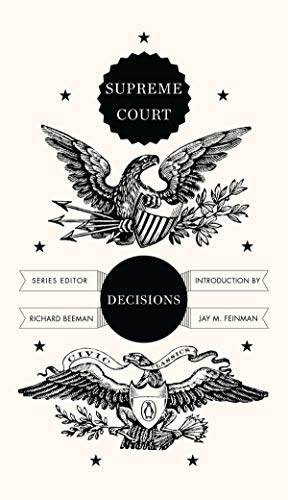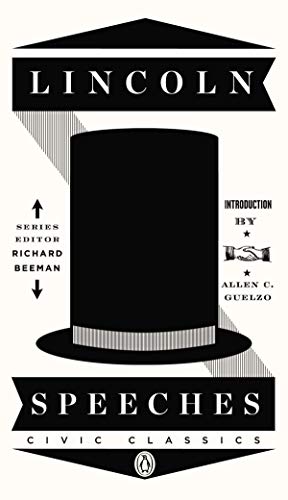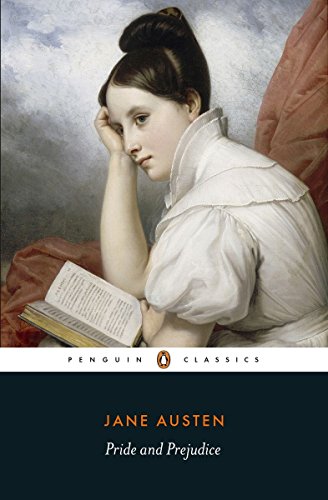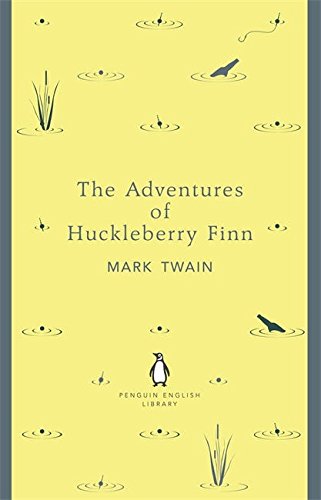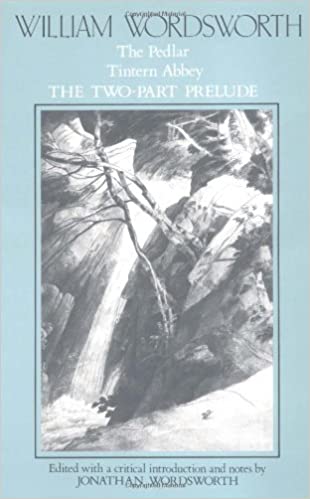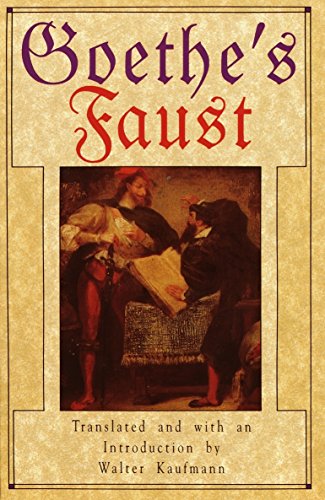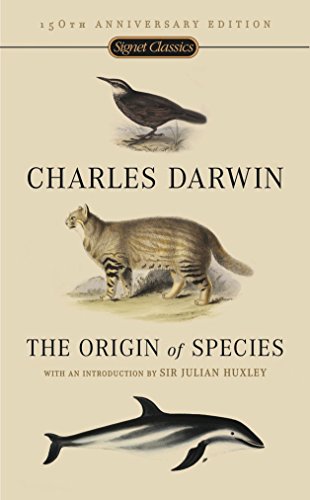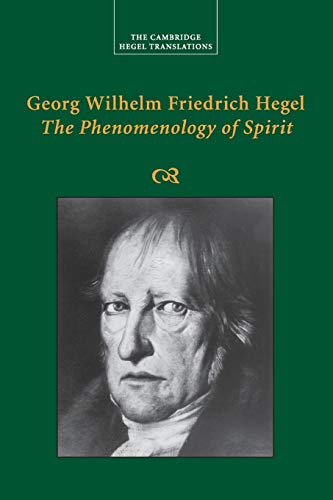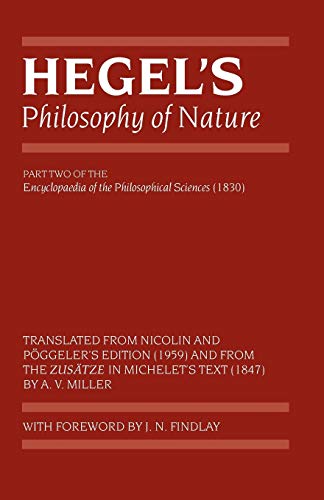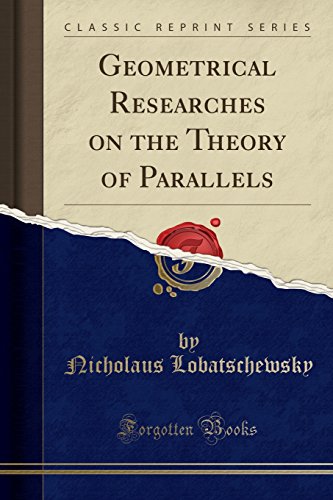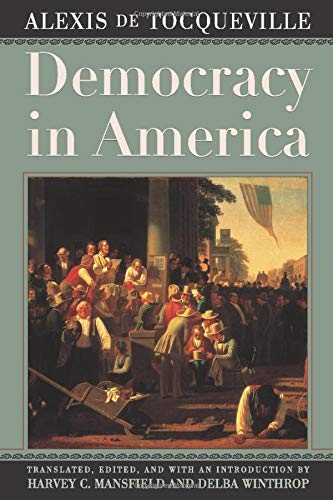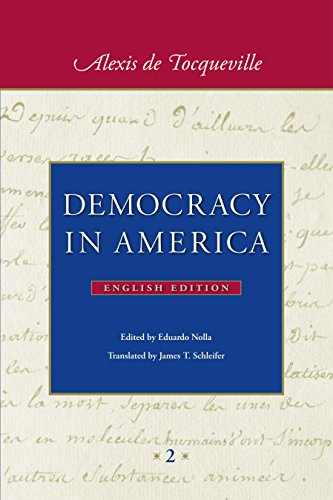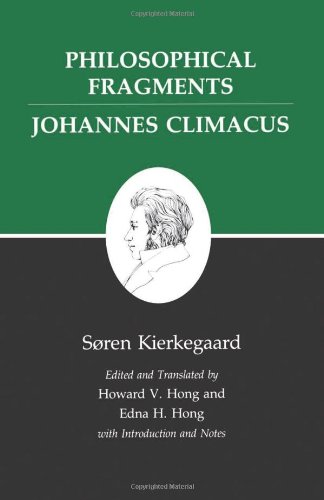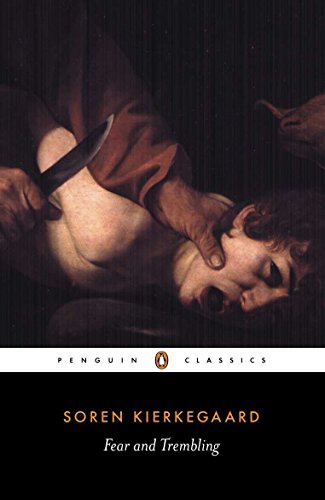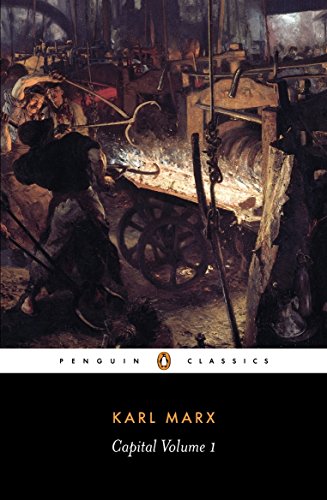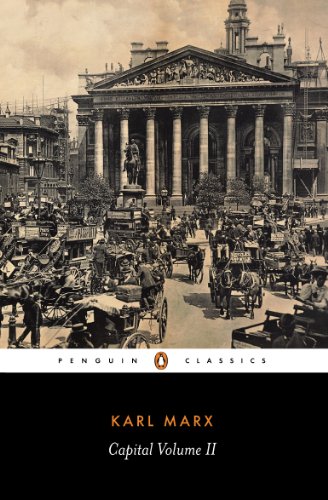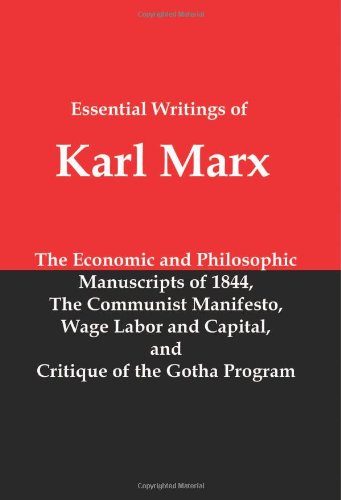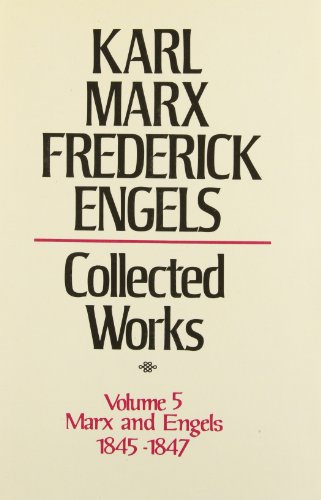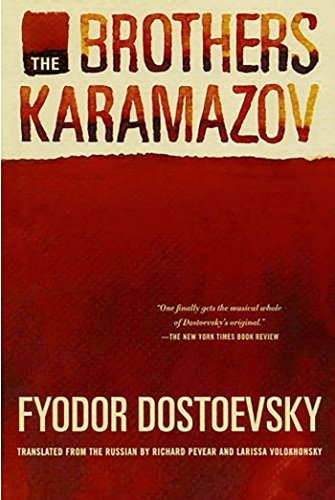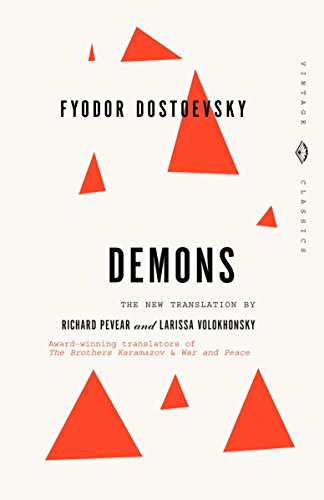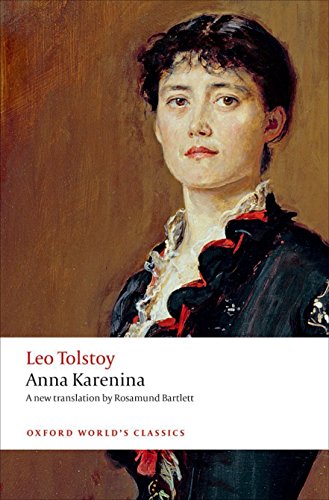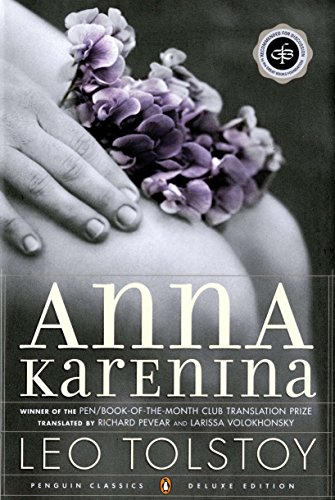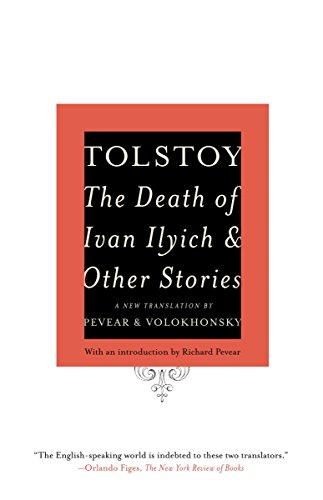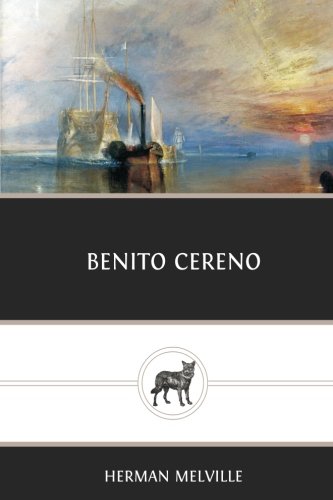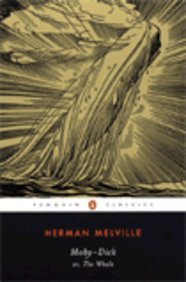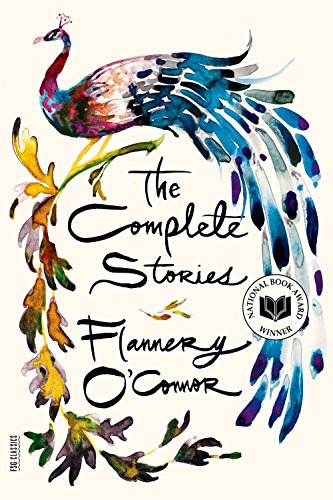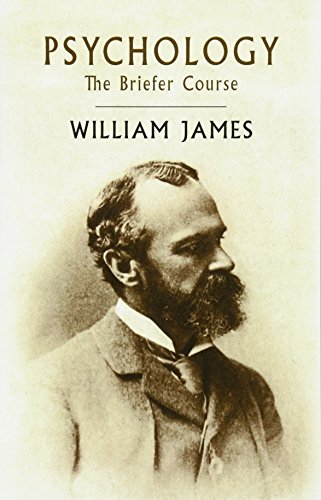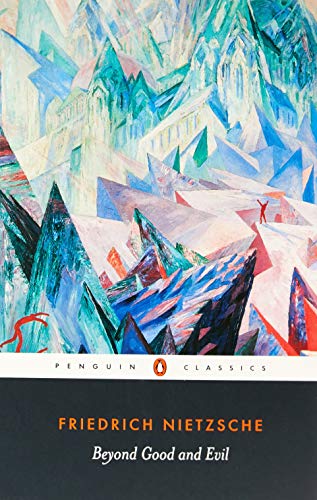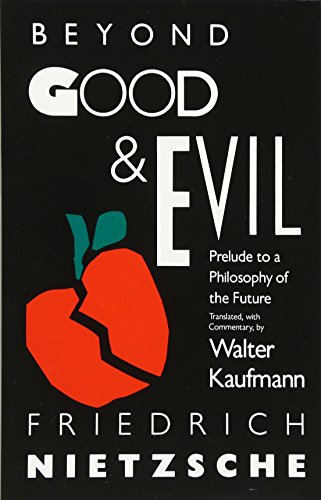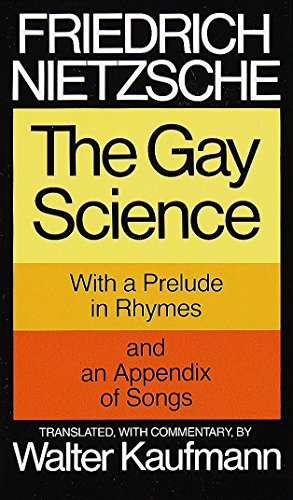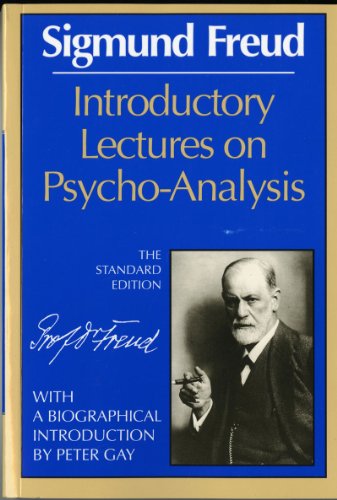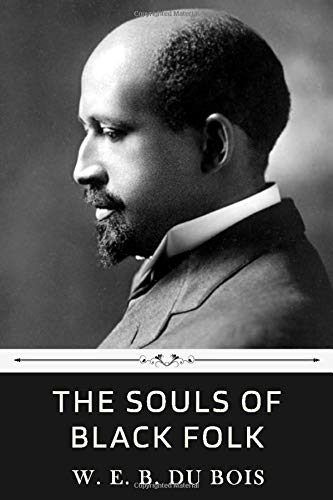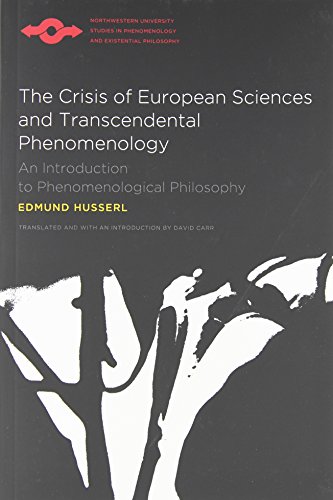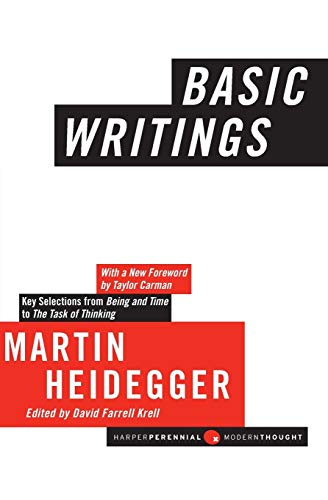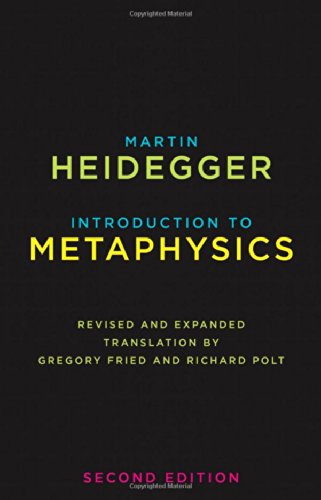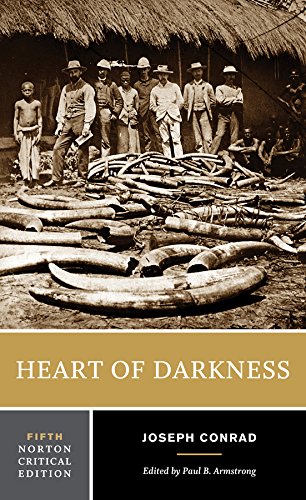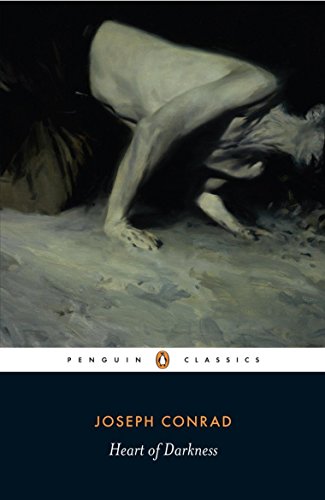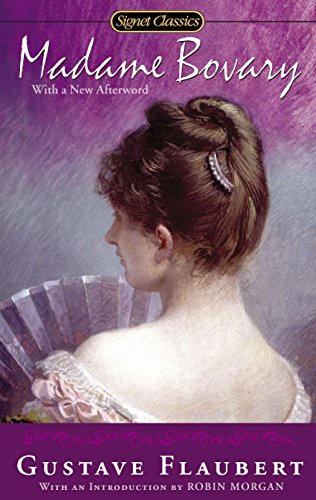Preliminaries
Mortimer J. Adler's 1 How to Read a Book is the only modern "self-help" book on this list, and gives you a framework for approaching difficult books like those on this page.
A key idea from the book is that every worthy non-fiction book deserves three readings. The first is a quick skim through the book to understand the structure of the book. The second pass is a slightly deeper dive to understand the central argument of thesis of the book. The finall pass is a careful read aimed at reflecting on the arguments presented in support of the central thesis, and where you agree or disagree.
Part I and part II will help you understand the goals and general method of reading difficult books, while part III gives tips on how to approach specific types of books (e.g. philosophical or history books).
The Trivium: Grammar, Logic, Rhetoric
Grammar, logic, and rhetoric have always been considered the foundations of a classical education. The three subjects together were denoted by the word trivium during the Middle Ages (although the tradition of first learning those three subjects was established in ancient Greece). The trivium is aimed at giving you a better command over language. You start with grammar, which is used in logic, which is used in rhetoric.
Regardless of whether you're a native speaker, learning grammar is essential to improving reading comprehension and clarity of writing. Any good grammar book will get you up to speed with the basics. One particularly well-organized book is Nelson and Greenbaum's 1 An Introduction to English Grammar.
For logic, Peter Kreeft's 2 Socratic Logic is a fantastic resource for "old logic" (that is, not symbolic or mathematical logic). It has been designed for self-learners, and comes with a plethora of exercises.
For rhetoric, 3 Farnsworth's Classical English Style is a great choice for anyone wanting to speak or write with a clear, persuasive, enjoyable, and unforgettable style. It illustrates the principles of style through lots of examples; the King James Bible, Shakespeare, Abraham Lincoln, and Winston Churchill are just a few of the examples quoted.
Finally, 4 Sister Miriam Joseph's book on The Trivium is a wonderful compilation of the above three topics into a single book. 5 Wooden Books' Trivium is also written along the same lines. Personally, I would recommend purchasing the individual books, and use these compilations as a reference if necessary.
Learning Ancient Greek and Latin
While not essential to reading the books on this list (we only suggest English translations here), learning ancient Greek and Latin has many pragmatic benefits and opens up a world of classical literature.
A highly-recommended series of books on self-learning ancient Greek are the three books of the "Reading Greek" series first published by the Joint Association of Classical Teachers in 1978. They are designed to be read in order: starting with 1 Text and Vocabulary, followed by 2 Grammar and Exercises, and finally 3 An Independent Study Guide.
Many of the negative reviews online find the Reading Greek series to be poorly organized in the older editions and recommend Mastronarde's 4 Introduction to Attic Greek as an alternative. However, the newer editions of Reading Greek seem to be better organized. The biggest difference is that the emphasis of Reading Greek seems to be more on reading than grammar, while Mastronarde's book emphasizes the grammar more.
For a beginner learning Latin, nothing beats Hans Ørberg's Lingua Latina Per Se Illvstrata series. It starts you off reading Latin from simple sentences and builds up to fairly complex ones; enough to follow along with many original Latin texts. It consists of two parts to be read in order: 5 Familia Romana and 6 Roma Aeterna.
Greek, Roman, and Norse Mythology
Knowing the myths of ancient Greece will aid you in reading ancient greek and Roman authors. Edith Hamilton's 1 Mythology is hands down the best introduction to these stories. Hamilton's compilation of stories is not a strict translation so much as an easy-to-read retelling of the major Greek and Roman myths using modern language. She also enumerates her sources for each story at the beginning of the chapter.
While we're on the topic of mythology, you might as well pick up a copy of Neil Gaiman's 2 Norse Mythology and familiarize yourself with the tales of Thor, Odin, and Loki!
Iliad
by Homer
The Iliad is an ancient Greek epic poem, typically attributed to Homer, that provides an account of a few weeks in the final year of the Trojan war, which was the ten-year siege of the the ancient city of Troy by an alliance of Greek city states.
The Iliad is among the oldest surviving masterpieces of Western literature (dated to around 800 BC), and is worth reading due to its enormous influence on Greek and Roman thought, and on subsequent societies influenced by the Classical world. The Iliad is also a key source of our historical understanding of the age of Homer (around 800 BC) and of the events described (around 1200 BC). In that sense, the Iliad is the prep work for everything that follows.
Reading the Iliad can be daunting due to its archaic setting and length. However, it is not as hard as it might seem! It should be remembered that these stories were meant for public consumption to begin with. There are literally hundreds of translations of the Iliad you could pick up today, but in the end, the best translation of Homer's epic poem is the one you actually read. If you're a first-time reader and are looking for a more approchable version of the Iliad, I highly recommend the 1 Robert Fagles translation. Of course you're going to miss a lot of depth and nuance on your first reading, but that's fine. For a deeper second read, you could try the slightly more challenging 2 Richmond Lattimore translation along with a companion book such as Willcock's 3 A Companion to the Iliad (which is based on Lattimore's translation). Finally, for some additional background on the Trojan war, Barry Strauss' 4 The Trojan War is a good read.
Odyssey
by Homer
The Odyssey is a sequel to the Iliad. The poem focuses on the Greek hero Odysseus (Ulysses in Roman myth), king of Ithaca, and his ten-year journey home after the fall of Troy (which concluded the ten year long Trojan War!). The Odyssey is considered an easier (and slightly shorter) read compared to the Iliad.
As with the Iliad, there are numerous translations of the Odyssey out there. There's even a web app to help you figure out which translation you might like. As with the Iliad, for the first time reader, the 1 Robert Fagles translation is very approachable.
As with the Iliad, it's likely you'll miss a lot of the beauty of the Odyssey your first time around and a second read is always going to help you appreciate it more. Two translations are recommended in this regard as there are detailed commentaries that follow them: the 2 Lattimore translation and the 3 Fitzgerald translation, each of which can be combined with the 4 commentary by Peter Jones and the 5 commentary by Ralph Hexter, respectively.
Theogeny, Works and Days
by Hesiod
Hesiod was an ancient Greek poet, generally thought to have been active around the same time as Homer. Theogony is commonly considered Hesiod's earliest work and tells the origin story of the Greeks' world and gods. In terms of the timeline, pretty much everything we know about Greek mythology begins with Hesiod. The Works and Days is a poem (around 800 lines) in which Hesiod instructs his brother in the agricultural arts. It is based around two general truths: labour is the universal lot of Man, but he who is willing to work will get by.
Stanley Lombardo's 1 translation by Hackett publishing of both works is highly readable and entertaining, and comes with a set of notes for each. The 2 Penguin Classics version translated by Dorothea Wender is also quite readable although a looser translation of the original Greek.
Oedipus Rex, Oedipus at Colonus, Antigone, Philoctetes, Ajax
by Sophocles
Sophocles is one of three ancient Greek tragedians whose plays have survived (the other two being Aeschylus and Euripides). While Sophocles wrote over a hundred and twenty plays during the course of his life, only seven have survived in a complete form: Oedipus Rex, Oedipus at Colonus, Antigone, Philoctetes, Ajax, Elektra, and Women of Trachis.
The first set of plays recommended are the famous "Theban plays" consisting of three plays: Oedipus Rex, Oedipus at Colonus, and Antigone. All three plays concern the fate of Thebes during and after the reign of King Oedipus (where we get the "Oedipus Complex" from). It should be noted though that they are not really a trilogy; they do not form a continuous narrative and it is believed that they were part of other series of plays, which are now lost to time.
Philoctetes retells the story of Philoctetes, an archer abandoned on Lemnos by the rest of the Greek fleet on their way to Troy, who is then called upon again after the Greeks realize they cannot win the Trojan War without his bow.
Ajax focuses on Telamonian Ajax, the proud hero of the Trojan War, who is driven to treachery and eventually suicide.
1 The Complete Plays of Sophocles by Robert Bagg and James Scully is one of the best translations of Sophocles available. As a plus, you get all the plays of Sophocles (i.e., including Elektra and Women of Trachis).
Other famous translations of the Theban plays are the 2 Fitts and Fitzgerald one, and the 3 Robert Fagles version from Penguin. You could combine these with the 4 Meineck and Woodruff translations of Philoctetes and Ajax from Hackett.
To get more background on Greek (and Roman) theatre in general, a highly-recommended book is 5 The Cambridge Companion to Greek and Roman Theatre, which is a series of essays by prominent academics and practitioners investigating in detail the history of performance in the classical Greek and Roman world.
The Oresteia, Prometheus Bound
by Aeschylus
Aeschylus is often described as the father of tragedy. Like Sophocles, only seven of an estimated seventy to ninety plays have survived.
The Oresteia is the only complete trilogy of Greek plays by any playwright to have been recovered (except for a few missing lines). The trilogy consists of the plays "Agamemnon", "The Libation Bearers", and "The Eumenides", which together tell the bloody story of the family of Agamemnon, King of Argos, following his return home after the Trojan War.
The other suggested read is Prometheus Bound, whose authorship has come under debate since the 19th century. However, it is still typically attributed to Aeschylus by convention. Prometheus Bound is the first and only surviving work in a trilogy that also included the plays "Prometheus Unbound" and "Prometheus the Fire-Bearer". The tragedy is based on the myth of Prometheus, a Titan who defies the gods and gives fire to mankind, and for which he is subjected to perpetual punishment.
The other three surviving plays are "The Persians", "Seven Against Thebes", and "The Suppliants".
For the Oresteia, the 1 Penguin edition translated by Robert Fagles is a good bet. There is also a translation by 2 Peter Meineck from Hackett publishing. Christopher Collard has a translation which is published in the 3 Oxford World's Classics series. Either of these editions are well translated, and easy to read.
For Prometheus Bound, 4 Deborah Roberts has a translation published by Hackett that has been well received. Or you can just grab the 5 Penguin edition that also has the other three plays by Aeschylus ("The Persians", "Seven Against Thebes", and "The Suppliants").
Hippolytus, Bacchae
by Euripides
Euripides was a tragedian of classical Athens. Along with Aeschylus and Sophocles, he is one of the three ancient Greek tragedians for whom any plays have survived in full. Of the around 95 plays attributed to him, 18 or 19 have survived almost completely partly because his popularity grew over time compared to Sophocles and Aeschylus.
The play Hippolytus is based on the myth of Hippolytus, son of Theseus, and how the meddling of the gods and a series of misunderstandings resulted in the death of him and his step-mother, Phaedra.
The Bacchae is considered one of Euripides's greatest tragedies. The story is based on the myth of King Pentheus of Thebes and his mother Agave, who are punished by the god Dionysus (also known to the Greeks as Bacchus) for refusing to worship him.
For Hippolytus, the 1 Cambridge University Press version is an easy-to-follow translation and comes with lots of background and commentary for the interested reader. For Bacchae, the 2 Hackett version translated by Paul Woodruff is easy to read, has comprehensive notes, and has a helpful introduction that presents various interpretations of the play. The translation by Pulitzer Prize-winning poet 4 C.K. Williams is also highly rated and captures the tragedy beautifully. Finally, poet Robin Robertson has done a 3 newer translation that has gotten great reviews. Either of these editions will serve you well.
Clouds, Lysistrata
by Aristophanes
Aristophanes, also known as "The Father of Comedy", was a comic playwright of ancient Athens. Eleven of his forty plays survive virtually complete. His powers of ridicule were feared and acknowledged by influential contemporaries.
The Clouds is a play in which the famous philosopher Socrates is presented as a petty thief, a fraud and a sophist. The Clouds was singled out by Plato as slander and a contributing factor that resulted in the trial and subsequent execution of his mentor Socrates.
Lysistrata is a comic account of a woman's mission to end the Peloponnesian War between Greek city states by denying all the men of the land any sex. Lysistrata persuades the women of the warring cities to withhold sex from their lovers in order to force them into negotiating a peace.
The 1 Penguin edition gives you both plays in an easy-to-understand translation with ample notes and commentary. One downside of this edition is that it uses end notes instead of footnotes, so you should expect some page-flipping. I like to use two bookmarks, one where I'm reading the main text, and one where I am in the notes, and forward them both as I progress through the book. It makes flipping between the two positions much easier.
For Lysistrata, there is also the 2 Hackett edition translated by Sarah Ruden, which is a highly accessible translation with lots of footnotes and commentaries on Athenian culture and Greek comedy.
You can find a great set of notes for Lysistrata and on The Clouds: Part I and Part II.
Peloponnesian War
by Thucydides
The History of The Peloponnesian war is exactly what it sounds like. One of the first written historical accounts, it delves into the Peloponnesian war in ancient Greece.
Written by Thucydides, an ancient philosopher and general of Athens during the war, he gives a firsthand account of the war and what it meant to those fighting. He mixes military and historical accounts with his own thoughts on the war and its reflections of the world at large.
One of the best modern translations is the Cambridge edition 1 translated by Jeremy Mynott and released in 2013. If you're a first-time reader, you should start with this edition. The 2 Landmark edition of Thucydides is also quite popular as it provides additional maps that give the reader a lot of context. However, one downside is that it is based on a translation from 1874, and the Victorian English can be dense and off-putting for a first-time reader. 3 Martin Hammond's translation by Oxford World Classics is clear and easy to read; the forward can be a little tedious so if it's your first read you can just skip it. If you want to delve in to Thucydides but don't want to know every battle in-depth, Paul Woodruff has a great book of excerpts of Thucydides 4 published by Hackett.
Histories
by Herodotus
Histories is an account of the world as of mid-400 BC. Written by ancient philosopher and historian Herodotus, this book covers much of what was known history-wise of Greece and the cultures surrounding it at that point.
While a rather small-sphere view of the ancient world, Herodotus goes into great detail on ancient Greece, the Persian Empire, and other neighboring civilizations. Historians, bibliophiles, and many others view this work as a strong beginning to western literature and historic content as written today.
For this book, Hackett Publishing has a great edition to look into. Not only is it well translated and annotated; it also contains various maps and illustrations to help readers of any level. The index alone is enough to make this a definite pick, but it doesn’t hurt that they have Pamela Mensch and James Romm, both with some seriously good translated classics already under their belts, as the editor and translator of this edition. There is also both a Penguin Classic and Oxford World Classic edition, both of which are heavyweights in translations of classics. Penguin even offers a deluxe version with a gorgeous cover as well as maps and a well though out index to boot.
Lives of the Noble Greeks and Romans
by Plutarch
Lives offers a look into the daily ongoings of ancient Romans and Greeks. Plutarch: writer, historian, philosopher, and later in life priest; uses his varied learnings to write a well rounded view of his society.
Both used as a historical text, including various biographies of famous Greeks and Romans, it was also written at the time to help point out the similarities of the two empires. This is a valuable source of information for those interested in the history of the Greco-Roman nations but to those wanting to know more about their societal and political designs.
You may find this book with other names (often Plutarch’s Lives or Parallel Lives) but fear not, the content should be the same. Both Oxford and Penguin maintain reputable editions of this work separated into multiple titles to help parse out the information. Both include varied notes and glossaries, as well as bibliographies for further reading on the subject. Either publisher is a good choice for anyone interested in this title.
The Presocratics
A great read for those interested in philosophy or the ancient world. The Presocratics contains various writings and information from the biggest and best philosophers of western thought (pre-Socrates as the name implies).
Including work by Zeno, Parmenides, and Pythagoras; this contains many of the first written words of the great thinkers as they wondered over life, creation, and other questions that humanity has had. While not a complete collection of their works, this text does work as a helpful primer to the writings of these scholars.
Oxford hosts one of the best editions of this book. Translated by Robin Waterfield, who is well versed in these philosophers and noting their works. It does the best about compiling and making this text easy to go over. Another great choice for this book is the Hackett Classic’s version. Tag-teamed by Patricia Curd of Purdue University and Richard McKirahan of Pomona College, you can tell they poured over the text line by line in their translation. On top of that there is a variety of different writings on these works from some of today’s best scholars.
Euthyphro, Apology, Crito, Meno, Phaedo
by Plato
Est porro porro magnam quiquia quiquia. Dolore dolore etincidunt porro ut quisquam ipsum magnam. Est quiquia sed sit numquam ipsum voluptatem. Sed sit neque sed est. Labore quaerat labore quiquia numquam.
Gorgias
by Plato
Gorgias is one of the many infamous dialogues written by Plato: historian, philosopher, and all around great mind of the ancient world. It is written, as with the rest of his dialogues, as a conversation discussing some of the great questions Plato had on the world, politics, society, and existence itself.
Set up as a philosophic conversation between the author and some of his dinner guests, Plato delves into his thoughts on rhetoric, skill, and morality. These writings go over some of the basics of what Plato focused on in his life and have been used as the groundwork for much of philosophy and modern thinking in the western world.
There are two versions of Gorgias that really stand above the rest. Hackett Classics offers one of the easiest editions for new readers to get a grasp on. It was published in ’87 which at first seems like a negative but for an academic translation to still be considered after 30 years it has to be worthwhile. Many universities have and still use this edition for both undergrad and graduate level studies. I know I saw a few copies of this one floating around my university a couple years back. Also definitely consider Oxford World Classics copy too. Oxford isn’t such a well known name for being half-hearted in its academic research. This one is a newer translation than Hackett’s, completed by Robin Waterfield who translates and edits much of Oxford’s classics and has worked on much of Plato’s other dialogues as well. He’s definitely a trusted name in the world of academic translations.
Symposium
by Plato
Symposium is one of the series of dialogues written by great philosopher Plato. Written to explain and arrange the thinkers ideas on some of the questions of the world as well as his teachings on ethics and other major societal debates at the time.
This, as well as all of Plato’s dialogues for that matter, is a must-read for anyone interested in history, philosophy, or those interested in political/societal debate. Plato has been a cornerstone of western thought and it is easy to see why once you’ve dived into his writings. Symposium is written out as a casual conversation and debate among Plato and associates of his after a feast. There are a series of topics including ethics and politics in their society, but this dialogue is often recognized for its discussion on the difference between love, lust, and human instincts when related to desire.
There are a lot of different editions of this text to choose from. If you want a more untouched copy, Hackett Classic’s version may be for you. Hackett is well-known for its no fluff translations. It keeps contextual notes and annotations to a bare minimum too, which is great if you want an more uninterrupted read. If you’re looking for a version that tells you what to make of Symposium, check out Yale University Press. This version is a bit more dense on its language, not that that’s a bad thing, just keep in mind if you’re new to the subject, this would be good for those in a grad-leveled college course though. It takes the time to relate Plato’s teachings to other big names in academics including the psychologist Freud, as well as how they may alter one’s views of daily life. Students wondering how Symposium relates to your major, this one is probably for you. University of Chicago Press has its own version as well. College presses are always a good contender, and this one seems to be a solid middle ground between Yale’s and Hackett’s respectable copies. It only interrupts the base text with two writings from the translator about what they learnt from her work on Symposium and what it should mean to the reader. It’s an interesting insight to be sure but most readers don’t seem to straddle the fence between annotated and uninterrupted writing that this edition sets up. My favorite edition out of all the choices would have to be Penguin Classic’s. Penguin is a big name when it comes to accessible and well translated editions of classics, and they’re great for readers on any level. It is also contains the most recent translation of these choices which comes in handy for ease of use. It isn’t a bare bones copy either. Penguin has gathered notes and papers from various authors, both contemporary and academic, to help readers better appreciate and understand Plato’s writings.
Phaedrus
by Plato
One of Plato’s great works, Phaedrus is one of the dialogues written to help better explain the philosophers thoughts. This text, as well as the rest of the dialogues, have been hailed as key writings on the basis of western thinking.
This dialogue pairs up with one of his other works, Symposium, on discussion of love. This book however has a more pointed focus on love on the facet of eroticism. Also discussed are ethical topics, rhetoric, and even the ancient philosopher’s thoughts on reincarnation. As with his other dialogues, Phaedrus is written in the form of a conversation, which means a solidly translated edition is a must.
Of such editions, Hackett Classics holds what is arguably one of the most pure. It keeps notes at the bottom of the page to avoid breaking up the flow of the original writing. On top of that, great care has been taken to translate the wording from the original Greek to English without losing the quality of the word choice the author intended. While normally this would be a great thing for such an old text, here it comes with some setbacks. This text has some argument surrounding it when it comes to the versions that have survived, often including repeats and gaps tat don’t always make sense. Knowing that, context and further notation would be good with this book. Penguin has a version with just such notes. If you want a bit more context and explanation of the text without begin bogged down I would look at this copy. However, if you want a copy with all the notation and context you could handle check out Oxford World Classics is your holy grail. Plenty of time is taken to explain not only Plato’s thoughts in detail by academics today, but also the issues that surround the translation.
Republic
by Plato
Republic by Plato is one of the many texts in a series of dialogues. One of the great minds of the ancient times and still revered today, Plato uses these dialogues to share his thoughts on varied subjects.
This dialogue goes into much detail on politics and society. Plato discusses the rulings of various states that he is familiar with as well as the best ways to govern. Also included in the topics of this text are justice, unjust rulings, education in regards to leading, and the soul. While the text as set up as a conversation between Plato and various colleagues, it does help to have a well-made translation.
Penguin Classics offers an easily accessible copy of Republic, one that many universities use today. However, the translation comes off as rather basic in many cases and for someone wanting to really appreciate the work there are better options. There are a lot of complaints on this edition about bad copy-work and rather odd page spacing. If you’re looking for a simple approach to the topic for maybe reference work or would rather make your own notes without the added fluff of comments and notations already made by the publisher this one will do. Hackett Classics has done a great job with their version. C.D.C. Reeve of the University of North Carolina has tackled the translations and has approached them by using the rest of Plato’s work as a translation tool. This allows the concepts of the author to shine through and is especially great for those who have read the rest of Plato’s dialogues. It also boasts an extensive index, glossary, and bibliography for those interested in further reading. Basic Books is the edition I would lean towards. The translator, Allan Bloom of University of Chicago fame, has gone through translating in a word-by-word literal sense. This removes much of the fluff and modern wordage of many other translations and leaves an edition with Plato’s ideals apparent for all to see. It isn’t bare bones though, it holds a hefty page count and contains an essay, notations, and an introduction by Adam Kirsch that delve into what Plato was trying to achieve in this text.
Parmenides
by Plato
One of the dialogues, a series of philosophic texts written by Plato, Parmenides allows the scholar to delve into his thoughts on various topics of his age as well as some of the questions of man.
The series are all set up as conversations between Plato as well as his peers of the era. This one specifically is a discussion between the other well known philosophers Parmenides, Socrates, and Zeno. The conversation goes over many of the varied philosophers’ ideals including plurality and the concept of Forms in the world, especially the Forms of man. Many accustomed to Plato’s writing consider this to be one of the most passionate of his dialogues as well as one of the hardest to comprehend. Knowing that, a good edition is a must for this text.
There are two editions of Parmenides that stand out. The first being an independently published version with Benjamin Jowett as translator. A good no-nonsense translation and a well written introduction are definite plusses for this copy. It does a great job to help the reader on a path of understanding of one of Plato’s most difficult writings. I doesn’t do much in the way of making the writing accessible for those new to Plato though, and is a bit wanting in forms of context. However, the edition by Focus Philosophical Library is the one that does this piece the best. The translation is clear-cut but is completely readable for someone on any level. Along with a solid translation, this copy also gives the reader comprehensive chapter summaries, detailed notes, a well worded introduction, as well as analysis and further reading. Plus, there’s plenty of space for notes of your own, which never hurts in a piece as detailed as this, especially for students.
Theaetetus, Sophist
by Plato
Theaetetus is one of Plato’s many texts known as the dialogues in which the philosopher goes over some of the tenets of his ideas. Named dialogues for their use of structure as simple conversations between the author and various other well known names of his age.
In particular, this dialogue covers the concept of knowledge. More so, the concept of knowledge as three different facets as Plato believes. The three different ideas of what knowledge is are debated and discarded as the conversation continues. No real consolation happens in regards to the topic as the discussion is cut off early.
Penguin offers their version of this key work pf Plato’s. Included is a good translation as well as notations at the bottom of the page (which is great for context and understanding as you read along) plus introductory and conclusory essays on the work as a whole. For the length of the essays though, they don’t do much to help the reader understand Theaetetus which is sort of a letdown with how Penguin usually operates, especially for this dense of a text. Its good for if you’re reading this in a class setting with a professor and peers to rebound ideas and understanding off one another, other than that maybe look towards one of the other editions. Hackett Classics also has a version that may be best suited for students. While the translation is good and concise, the background and aid in understanding all come at the beginning, which leaves the original text at the end. If you’re anything like me, reading work like this is best understood with context as you go along. While the introduction and essay on Plato and Theaetetus are well done, by the time the reader gets to the actual text, much of the introductory information may have been lost without grounding from Plato’s actual words. The best publication of this work would have to be Oxford World Classics’. John McDowell translates this piece and has a solid career under his belt as professor both at University College and University of Oxford, as well as various publications from Harvard University Press. A great introduction that settles Theaetetus into its position in the rest of Plato’s works is included, also great notes throughout that relate the authors ideals with the world around him and with philosophy as it has grown from then.
Sophist by Plato is one of the great thinkers works discussing the tenets of his ideals. Written as a series called dialogues, they all take place as conversations between the author and other well known names of his day.
This text goes over the difference between sophists and philosophers. A distinction that points out the subject matter of what both thinkers believe and focus on. As well, there is discussion of philosophy sophistry in relation to politics. Many readers compare this work with others in the series of dialogues to better understand the distinction between the two types of thinker as Plato has had both characters in his other works.
Hackett Classics offers a version that is nothing to balk at. Easy to read and plus a good breakdown of central arguments makes this edition one to consider. However, compared to other editions this one often falls to the wayside. That being said, most other versions combine Sophist with Plato’s earlier work Theaetetus, so if you’re looking for only Sophist this one will get you what you need. If a combined effort isn’t something that dissuades you then consider these other editions. Loeb Classical Library had editions ranging all of Plato’s works. They offer a no-nonsense translation and notes to consider for other possible Greek to English translation options for those words that don’t transfer as great. Rather short introduction is also in place for a quick primer. Cambridge Texts brings the most to the table. A great introduction by also translator Christpher Rowe give incite on the details of the work and language. That combined with notations throughout in regards to context, modern thoughts, and relation to the rest of Plato’s ideas make this edition the best for your search.
Timaeus, Critias
by Plato
One of the writings of Plato, Timaeus and Critias are a pair in a series of the authors own thoughts. Written as conversations between him and other intellectuals he was involved with, they often discuss a variety of different subject that intrigued Plato in his life.
This specific book includes thoughts on the world we live in. A very interesting read from a philosophic standpoint, a good amount of Plato’s ideas on the physical as well as human beings is present here. Concepts of what the universe is, what souls are, and what makes up physical matter are also discussed. While incredibly interesting, some of the subject matter is quite detailed for a reader who isn’t accustomed to ancient texts or philosophical notions. With that being said, a good edition with some additional context would be recommended for any reader.
Penguin Classic and Oxford World Classics are powerhouses in translations of ancient works and that’s no different here. Penguin’s edition offers a nice summary before each work, along with the texts are notations and illustrations which is great for all readers. However, Oxford’s edition comes out slightly on top. It is just a smidge newer, and thicker as well. It’s translation is great for readability and it offers a veritable horde of notations and extra reading for those interested in the subject matter. Waterfield’s translation isn’t diluted by this though, and his history with other translations of Plato are apparent here.
Nicomachean Ethics, Politics
by Aristotle
Written by Aristotle, Nicomachean Ethics and Politics are a pair of writings that go over the scholar’s views on ethical concerns and political constructs of society.
Included in this title are various concerns of the academic including ethics in society, politics, and what makes people just. Aristotle wrote this beginning with commonly accepted ideals on the concept of ethics and then got more detailed as the writing continued. As well as the various political regimes possible, how they compare, and how they effect people. This is a good primer not only in the ideals of Aristotle, who was a key figure in the growth of western thought, but also in the subject of ethics and politics, and how that has grown through history.
There are quite a few editions on the market for these pieces. Touchstone has one to offer in which Dr. Mortimer J. Adler adds his views on how Aristotle’s works have effected philosophy and what the author was trying to achieve in his writings. Even with the added information, this text is a bit dense and should be avoided unless you’re heavy into philosophy already. Fordham University Press has this pair of works split into two easy to handle volumes. Dr. Adler also had a hand in these editions as well, but these come off a bit easier to read. If you’re still interested in Adler’s thoughts on philosophy but aren’t well developed in the teachings this is definitely one to consider. The version that really stands out though is Hackett Classics’. It is also aimed towards the average reader, but, with a brand new translation, notes throughout aimed at contextual analysis and understanding this one is the biggest bang for your buck. Plus, there is added writing from Aristotle and notations on such that help tie these works to his life and ideals as a whole.
Poetics
by Aristotle
Written by Aristotle, one of the great minds of the early world, Poetics is just as it sounds. A look into the poetic art and literary theory from ancient times.
This book is great for a variety of people. Whether you’re interested in ancient writing, Aristotle, philosophy, poetry, or literary theory; this book is an interesting read. A great deal of effort goes into the concept of storytelling and what make good literature, well… good. Many of the ideas Aristotle had in his day regarding literary works are still valid to his day and used in English and writing programs throughout.
There are two version of this work that are worthwhile, the first being Oxford’s edition. It not only has a very reliable translation but there are also a good amount of notation and index to help readers understand the points Aristotle is trying to make. However, the notes are all endnotes, which is a hassle for those wanting context as they read, and isn’t recommended for those new to Aristotle or ancient writing. The version by Hackett avoids this problem. There are great notations throughout that help guide the reader if needed. There is also a great introduction plus additional text written by Aristotle to help supplement this work.
Categories, On Interpretation, Prior Analytics, De Anima
by Aristotle
A series of shorter writings by Aristotle, great thinker of the ancient world. The topics discussed vary, but all include teachings and ideals that Aristotle valued and still have weight today.
Some of the subjects discussed in these writings are law, logic, ethics, morality, arguments, and politics. With a variety this large, these works will appeal to people with all kinds of interests. With writing this varied though, you’ll also want copies that are not only well translated but take the time to help bridge the gap between Aristotle’s time and understanding to your own.
For Categories consider the CreateSpace edition. The translator has taken the time to not only accurately turn Aristotle’s writing into modern English but also allow it to be easily accessible for writers of any level as well. For On Interpretation and Prior Analytics, check out the Loeb Classic Library edition. Tag teamed by Harold Percy Cooke of the University of Durham and Hugh Tredennick of University of London, they translate these texts immaculately. This one is great for those new to ancient Greek writing but it won’t hamper those well versed in it either. It also does include Categories, so this one is definitely nice for someone interested in all three and who like Loeb’s approach to ancient text. For De Anima there are two copies that stand above the rest. Penguin Classic’s offers a reputable translation and basic approach to Aristotle’s work. It has a few drawbacks though; the translation is getting on in its years and there isn’t much else to prop this edition up. I would recommend the Hackett edition. Not only is the translation meticulous and fresh, there is a veritable sea of additional information and notes as well.
Physics
by Aristotle
Physics by Aristotle is one of the classical texts from the ancient world. Aristotle, one of the great minds of western thought, uses this book to detail some of his thoughts.
The book entails Aristotle’s thoughts on the natural world and the way of things. Broken into eight chapters of the various parts of nature he discusses. His writings form the basis of much of western philosophy and further scientific pursuits.
There are three versions of this text ton the market that stand out. For the copy with the most analysis, see the one from the Aristotelian Commentary Series. It not only includes the entirety of the original text, but also the thoughts of St. Thomas Aquinas’ thoughts on the writing. The Hackett Classics version is the most pure of the three. That being said, it does still have plenty in the way of notations and further reading. The best of the three is that of Oxford World Classics. It balances solid translation and commentary without overloading the reader. It is great for those new to ancient literature or those already well versed.
Metaphysics
by Aristotle
Aristotle’s book Metaphysics, captures the author’s thoughts on many of the great questions of the world. Aristotle being a well known philosopher of the ancient world, his writings have influenced western thought ever since.
Where his book Physics discusses the things making up the natural world, this book covers more immaterial ideas. Ranging from the basics of language all the way to the structures of common sense, this book is a good read for people of all different walks of life. Many people from writers, philosophers, and politicians have used Aristotle’s writing throughout history.
There’s a handful of good versions to pick from of this text. The Aristotelian Commentary text is a rather old option, although it was retouched in the mid 90’s. It does give the thoughts of St. Thomas Aquinas as well as the original text. For those with a historian mindset this may be of interest to you for the thoughts of two great minds in one book. For those whose main purpose is discourse on what Aristotle meant with his writings see the State University of New York’s copy. Written originally by Italian scholar Giovanni Reale, the author delves deep into a modern breakdown of the work. However, this is far from the best for those not interested in upper-level philosophy. The most well rounded version is Hackett Classics’. It proves to be a boon for those new to Aristotle or those already knowledgeable in philosophy. With a solid introduction and plenty of commentary to guide readers of all sorts.
On the Heavens, On Generation and Corruption, Generation of Animals, Parts of Animals I, History of Animals I
by Aristotle
A series of texts by Aristotle, On the Heavens, On Generation and Corruption, Generation of Animals, Parts of Animals I, and History of Animals I make up some of the authors thoughts on the world we live in. Written by one of the most well known philosophers in history, ti is a great wealth of knowledge for those interested in a variety of topics.
The topics of these texts include the natural world, the thinkers ideas on psychology, and concepts of higher powers. An interesting read for those even without an interest in philosophy for its wide range of concepts.
For the texts On the Heavens and On Generation and Corruption see the translation from J.L Stocks. The translation is quite modern and very succinct, which is great for those new to the text and those who want the purest read possible. For Generation of Animals & History of Animals I, Parts of Animals I, The Hackett Classics edition is the one to go for. Hackett does a great job with ancient text and this translation is no different. There’s a good amount of notations but they don’t get in the way of the text as a whole. Also, it allows a reader a seamless transition from text to text which is a definite plus.
Elements
by Euclid of Alexandria
Written by Euclid of Alexandria, Elements is a key text in history. Euclid, being one of the founders of modern mathematics and considered to be the founder of geometrics. This text includes some of his most essential thoughts.
Included in the text are some of the basics of Euclid’s founding in mathematics. Findings that have been used to this day. Also, included are his thoughts on logic and other scientific endeavors. An interesting book for those interested in history, science, or mathematics.
Dover Publications has a version of this text, separated into an unabridged collection of three books. While translation and text is great and is easy to read, the fact that you’re searching for a series of books is a minus. It is also one of the oldest translations still on the market. Green Lion Press has a copy for offer as well. It boasts few notations and large margins for note taking, plus a solid index for further reading. This is great for those who already get the basics of his theories and want a solid refresher. The most impressive version is that from Taschen. It has a solid amount of notations, expanded formulas, and diagrams to better show what Euclid was trying to get across. This is not only best for those new to the subject but it isn’t spoon fed to those already knowledgeable on the content.
On the Nature of Things
by Titus Lucretius Carus
On The Nature of Things, written by Titus Lucretius Carus is an ancient text written by the well known poet-philosopher. Written in a very literary form, the text is used to show the writer’s ideas on the world around him.
Inside, the ideas discussed include the natural world, the history of society, the world beyond, as well as human thought and the concept of the soul. Lucretius uses various literary strategies often found in poetry to better relate these ideas. This gives the text value for historians, philosophers, as well as literaries.
Beyond any doubt, the best copy of this book is from Harvard University Press. It is a part of the Loeb Classical Library which now has a couple of editions out. The newest edition is something to marvel at. The translation does a great job of keeping the original majesty of the language while keeping it readable. As a plus, on one side of the book is the original Latin while the translated English in on the other side.
Arithmetic
by Nicomachus of Gerasa
Arithmetic, written by Nicomachus of Gerasa or Nicomachus for short. He is an ancient mathematician and scholar. In this book, there are the basics of his learnings in the subject of mathematics.
An interesting text for historians and scientists alike. This book serves as a primer to the study of mathematics as well as what Nicomachus learned in his career. The author goes on about the concrete nature of numbers and their resonance in an ever changing world.
There are two solid editions that stand out. Kessinger Publishings edition, while not the original text, is a great adaptation of the text for a better understanding of the content. The better of the two is the copy by St. John’s University Press. While at first look it does seem like an old copy, but this version still holds its own today. The translation is a solid work and it doesn’t distract the reader with any extra details.
Conics
by Apollonius of Perga
Written by Apollonius of Perga, Conics is a main focus of his career. Encompassing his mathematical and other scientific understandings, the text is a valuable source of knowledge from the ancient world.
Apollonius throughout his career was devoted to the sciences. He discovered many new ideas for his time in the subjects of mathematics, astronomy, and geography. He penned this work to show his knowledge and allow them to be learnt throughout the ages. This is a great text for anyone interested in the sciences in history.
The Carruthers Press version has a lot to offer. It is a great translation and other than an introduction by the translator, the text is pretty much left untouched. Cambridge University Press has an even better version. Heath’s translation is world renowned and a lot of time has been taken when creating this copy to allow easy readability and establish Apollonius’ teachings to anybody interested.
Old Testament, New Testament
Whether you’re looking into these books for religious purposes or for the subject of literature, a good copy of the New Testament and Old Testament definitely come in handy. It goes without saying that there are a lot of copies to choose from out there. With that, there is a lot to think about no matter what your interest in the texts.
The version that rises above the rest is Oxford’s, now in its 5th edition. Usually speaking, a publisher only adds new editions of works if their worthwhile, and this is no exception. Churches, schools, and everyday people have used Oxford’s copy of the Testaments for decades now. This is the end-all, be-all version to get ahold of. It offers great introductions, full color maps, diagrams, lots of annotations, timelines, further readings, and plenty more from some of the great minds in theology, history, and literature. There is no substitute for this version.
Aeneid
by Virgil
Aeneid by Virgil is one of the most well known stories in history. Virgil being a great poet and story teller of the ancient world, many writers and stories through history have used him as inspiration for their works
It tells the story of Aeneas, a character in The Iliad, and his travels. Including the Trojan war, the and the sacking of Troy. Various films and interpretations of this work have been created over the years. Whether you’re interested in the story from a literary aspect or a historical view a good version of the text will make a world of difference.
Vintage Classics offers up this story and does so well. It is a no nonsense translation and is great for someone who wants to add this book to their library or needs it for notes. However, if you really want to get an appreciation for the text, or if you need this for a class, the Penguin Classics Deluxe Edition is the one you need. It is not only beautiful on the outside but on the inside as well. It gives an introduction from scholar Bernard Knox on the importance of this work and some background knowledge to boot. It’s the translation that makes this copy shine though. Robert Fagles tackled translating this into English and he did so with ease. You can definitely see how his translations of The Iliad and The Odyssey have won him so much acclaim and some awards to match.
Discourses
by Epictetus
Discourses by Epictetus, the philosopher of ancient Greece. Actually penned by his student, this book combines some of the stoic’s most well known ideals and teachings.
Included in this book are concepts on cynicism, nature, logic, and his thoughts on philosophy as a whole. This is a great read for philosophy students and those interested on the ancient world, but you definitely don’t have to fall into one of those categories to enjoy this work. Many who want to understand more of the world or better themselves have looked to this book for guidance.
Penguin Classics is a well known name when it comes to texts like this. They do have a copy of Discourses up for grabs, but it is rather bare bones compared to some of their other works. However, Oxford World Classics has done a great job with their version and I think it stands out. It offers a great modern translation of the main writings of Discourses as well as the surviving fragments of the rest of the work. A welcoming introduction and solid notes on top of that give you the best bet at appreciating Epictetus’ work
Annals
by Publius Cornelius Tacitus
Written by ancient roman senator and historian Tacitus, Annals covers some of he Roman Empire’s history from a firsthand account
This text goes over the life and events of ancient Rome from the times of Emperor Tiberius all the way to Nero. It is separated into sixteen books, although some have been lost to time. Tacitus’ views as a Roman senator and countryman himself gives this text a great amount of insight as to what the people of the era thought and dealt with in their own nation.
There are three really solid options for this text. Penguin Classics, who often have a solid approach to ancient literature have on of their own. It has a solid translation which is good for readers of any level. On top of that there is an introduction and a few essays to help understand where this takes place historically. It isn’t a bad choice, but doesn’t have as many extra content as the other two options. Oxford World Classics has an edition as well, it has a no nonsense translation which is good for the historical aspects. It also has a series of notes and indexes to better help the reader understand it’s place and significance. Compared to the Hackett’s Classics text, it falls a little short though. Hackett has a translation that took a serious amount of time to focus on translating some of the figurative language used in the original text, something vital for any literary work. Also, there is a wealth of additional knowledge, including maps, military summaries, family trees, and a glossary.
Almagest
by Claudius Ptolemy
Ptolemy, scientist and mathmatician of the ancient world, wrote Almagest as a description of his learnings in his fields.
Included is mathematical formulas, Ptolemy’s models on the planets and their orbits, and other scientific learnings he made in his career. A backbone of scientific texts, it is still used today as a cornerstone of modern scientific learning. Ptolemy in his time discovered much of what grew to modern physics and astronomy.
Starting off, Springer Publishing has a book called A Survey of The Almagest which is one of their companion pieces in a long running series of companions to ancient texts. It does not include the actual text, instead quotes it and references those quotes with detail on context and meaning. It is a good addition to the text but unless you want to just understand the base meaning of Almagest this one isn’t for you. The Princeton University Press version is worthwhile as well. It offers a considerate translation that also took into account translations in other languages to guide it. It also has a good amount of extra bibliography for those interested in more works like it. Beyond that it doesn’t do a lot to stand out. It’s a good simple approach though. Oxford University Press has the best option to offer. Not only does it have a well informed translation it has plenty more of interest as well. Included are images, and diagrams to aid understanding. It also has a series of experiments and activities included for those interested in the real life use of the learnings detailed.
The Enneads
by Plotinus
The Enneads were written by Plotinus, ancient thinker. Considered one of the foundational texts of western thought.
Separated into six separate books with multiple treatises per book, it contains much of Plotinus’ thoughts on various topics. Included is content on humanity, the world, higher powers, and science. This is an interesting book for anyone interested in ancient philosophy and thought.
For this work, there’s a few options to look at. Larson Publications has an edition, penned in ’92. This option has optional translations as notations which is handy to let the reader understand the possibilities of the language in translation. However, it doesn’t offer much else. The big issue I’ve seen is the translation is rather dense. Many readers have reported having to really focus in to understand the thoughts of the language used. I have no doubt this is relative to the original language used, but it doesn’t do much for accessibility. Cambridge University Press has an option available as well. Theirs has much more in the terms of notation and reference which is great for this piece. However, despite Cambridge’s usual prowess in printing quality copies, and the price of the book across platforms, there are a series of issues with the physical copies. Many have reported shoddy binding or fading text, to the point where it damages the readability and life of the book. This may be something that they have fixed over time but keep an eye out if this is the copy you go for. Kenneth Sylvan Guthrie has the option I would recommend. It is independently published but that shouldn’t worry you. Guthrie has Ph.D.’s from Tulane, Columbia, and Harvard Universities so his translation and writing abilities are more than enough. There is a good amount of context and a really well done translation. In addition, Guthrie has established the writings of Plotinus in chronological order for better understanding.
Confessions
by Augustine of Hippo
St. Augustine of Hippo penned Confessions as a partial biography. An important read for historians and those interested in religion.
Covering his life up until his forties, Augustine covers his life and his thoughts on religion. Also included are personal insights and guiding words on faith. This is an interesting book, having been written by a saint during his life. Augustine in many of his chapters goes over his philosophy and morality in comparison to his own sins during life.
Of this text, there’s two copies I would recommend. Either the Hackett or the Oxford edition, both heavyweights in translating ancient text. Oxford’s offers up a clear and well thought out translation from Henry Chadwick of Cambridge. On top of that there are some incredibly well placed notations explaining the text. Some of the best notation I have ever seen may I add. You won’t be remiss with grabbing this copy, but compared to Hackett’s it just falls a little short. Hackett’s is the end all for Confessions, now in it’s second edition. Hackett pulled out all the stops, you can’t go through this version wanting anything, because it’s already there. A look into the life of Augustine, footnotes, glossary, index, a map, a timeline, a beautiful translation by F.J. Sheed (cofounder of his own publishing company), a historical introduction, and notes on the subject of literature, history, philosophy, politics. It just has everything you could ever need and then some.
City of God
by Augustine of Hippo
Written by Saint Augustine of Hippo, City of God is a book discussing faith and history.
For those interested in the words of saints, historians, or people of faith, this is an appealing text. Included in this book is Augustine’s thoughts on faith, especially that of evil, omniscience, and other key questions people have had of their religion. Also, discussion on Christianity in relation to ancient Rome.
What you’re looking for may have quite a bit of weight for which copy of this work you want to grab. For those of us with little prior experience in this sort of work there is Oxford’s Reader’s Guide edition. It does a great job at a scholarly approach to the subject from all different angles. So it may be a good choice for those who ask “so what” when they see City of God. The biggest qualm I have with this one is, it’s only a companion piece, the original text isn’t included. While I do consider this as a good guide to the work, it does have a surprisingly large price tag attached for a companion piece. Next up is the New City Press’ Study Edition. This is a great find for students. It has a solid introduction and some great annotations to boot. There’s only one real hiccup with this one. That being that it is separated into two volumes, while this doesn’t seem bad, for those of us who are students the price on both hasn’t seem to have gone down since it’s release. At least not for a new copy. While price shouldn’t be a dealbreaker, it doesn’t do enough to be separated into two upper priced sections, there’s just options that do more for less. If you’re a higher level student or scholar, the Cambridge University copy is more your speed. It goes heavy into the meaning and context of Augustine’s words and how they relate to the world. It includes a nice translation, solid notes, and an added bibliography and layout of Augustine’s life as well. The drawback of this is it may not be suited for those not already knowledgeable in the area. It has a heavy handed political and historic approach to it all, and that can be a little intimidating. The best of the best of this list is Penguin Classics’ copy. It balances great translation and context from scholars well known for their study of the era. It is the best here for it’s readability. No matter your level in the subject you won’t find this too dense or too watered down.
Metamorphoses
by Ovid
Written by Ovid, ancient Roman poet, Metamorphoses is his crowning work.
Metamorphoses is a work that mixes genre. It combines, poetry, myths, and long prose. Some consider this novel a technical epic. Its story covers the world from creation to the Roman Empire. It is a mix of loose history and mythical legends.
Hackett Classics has a version of this work that isn’t too bad. It offers a solid translation, as well as a post-text index and glossary for those interested in more of this vein of writing. There’s not so much something wrong with this edition as there is nothing that makes it stand out as much compared to the others on this list. It’s not a bad buy, it’s just you can probably find another edition that does what you want better. The Indiana University Press had one that offers a good balance between the original work and contextual notations. While it isn’t a miss to grab this copy, there are reports of some formatting issues in some of the copies of this text. Others state that the translation may have been too swayed by the translator’s own poetic license and other poets in between. While this may be a matter of opinion, it is something to note. If you are looking for a more pure read of the text, the Everyman's Library Classics Series edition is the one you’re looking for. It includes an introduction to help settle the reader into the period, but beyond that it is mostly untouched. The translation in this one is what makes it shine. Award winning Allen Mandelbaum took the wheel for this translation and he did an amazing job. He would have had to for his translation to still be held to such acclaim today. The best version of Metamorphoses with context is by Penguin Classics. It balances a well thought out translation, one that doesn’t interrupt the beauty of the language used, with notation and articles on meaning. Penguin has become a well known name with classic works, and it’s easy to see why here.
Guide for the Perplexed
by Moses Maimonides
Guide For The Perplexed by Moses Maimonides is an ancient text covering religion and theological questions.
Maimonides sought to write a primer on the beliefs of religion as well as seek to guide those with questions regarding philosophy and theology. Separated into three books, including content about anthropomorphism, time and the universe, and religious law. An intriguing read for those of us interested in religion and ancient philosophy.
For those interested in the Guide for The Perplexed, only one edition on the market currently stands out. The University of Chicago has released their version in a two volume set and it’s a masterwork. It includes a literal translation, best for this work, and a fair amount of introduction and notes from leading scholars on Maimonides. The only setback is a new copy of both volumes is medium priced, but it’s worthwhile for what is inside.
Proslogium
by St. Anselm of Canterbury
Written by St Anselm of Canterbury, Proslogium (sometimes referred to as Proslogion) is the Saint’s written discourse on god and his qualities.
Considered one of the first written works of theology that discusses the possibilities of god in depth, this text is an interesting look into religion and religious thoughts of the past. Much detail goes into the possibilities that god may have, such opposing qualities include god’s power and omniscience.
There’s two version of this piece I would recommend. Forgotten Books offers up an edition that’s quite interesting. It is the original text, but saying that is an understatement. A good amount of time has been taken to make the translation as close to the original as possible in modern English. The original text has been digitally copied and the format and texture of the pages are here as they were from the beginning (with slight digital repairs to allow it to be read at ease of course). It’s really interesting to own this copy, as it feels like an actual ancient text when you flip it open. The other option is the Open Court edition. Translated into modern English and with a second edition in ’98, this copy is the better of the two for those interested in the scholarly side. It includes the main text, but also includes some argument in the discourse which helps context and better understand Anselm’s own stance on the ideas.
Summa Theologiae
by St. Thomas Aquinas
The Summa Theologiae is a religious text written by St. Thomas Aquinas. Written then as a primer on the teachings of Catholicism.
While Thomas Aquinas has written other works, this is considered his magnum opus. In such he not only discusses catholic thought and faith but does so by referencing other religious beliefs and other great minds of his and prior ages. It is still used today by theology students and those seeking a better understanding of the catholic faith.
There’s a lot of options for this text out there right now, and honestly it depends on what you’re looking for to get the best one. If you’re looking for more of a summary understanding the Cambridge text is one to look into. It covers most of Aquinas’ Summa and at the same time tries to relate and explain its significance. It uses an older translation but has been revised more recently so you don’t need to worry about the quality of the text. In that vein, Ignatius Press has a more summary version as well. Their process is taking specific passages in the text and deep diving into their meaning, often using essays from modern scholars. This version is the best for those new to the ideas involved and wanting a concise look into the text as a whole. The University of Notre Dame Press has a version of this as well, titled The One and Many: A Contemporary Thomistic Metaphysics. The title alone tells you that this is a pretty advanced look into the Summa. It’s honestly the option I’d choose for those in a higher level theology or history class, but if you are looking more of a lighter approach this one isn’t for you. The copy by Sophia Institute Press is pretty much the middle ground option for those looking for the full original text and a summary of the meanings behind it. If you aren’t quite sure what end of the spectrum you’re on I’d recommend this one above the others as well. It’s an easy read for those new to the ideas but it doesn’t pander for those more in depth in theology or faith. The last option I’ll discuss is by Christian Classics. If you’re a professor or priest you may want to consider these. The text is broken up into five separate volumes with a striking blue and gold cover. It would look great in an office setting. It’s not all looks though. Being separated that much gives it plenty of space for the original text in its entirety. It was last translated in the late 40’s so that may be a minor issue, but for those well versed in the faith or study it shouldn’t be major. It does currently have a pretty solid price tag attached but not enough that it’s outrageous.
Vita Nuova, The Divine Comedy
by Dante Alighieri
Written by Dante Alighieri, Vita Nuova combined poetics and prose as s partial autobiography and log of his emotions.
Mostly written in this book is Dante’s love, especially his love towards Beatrice Portinari a woman he had met briefly during his life, but was enthralled with. She also appears in his Divine Comedy series as well, such was his draw to her. The text stays unfinished as Beatrice died sometime during Dante’s writing.
Hands down, the best version of this text you can currently grab on the market is from the Oxford World Classic’s series. Translated by Mark Musa who’s focus at Indiana University is ancient Italian literature, Vita Nuova shines in this copy. The translation is not only clear, but it allows much of the poetics of Dante to still be appreciated. It contains quite a few notations as well for those interested in context or translation.
The Divine Comedy encapsules his trilogy Inferno, Purgatorio, and Paradiso.
The trilogy is a literary piece set up in poetic cantos. It follows Dante as the main character as he travels through the three settings of the afterlife guided by the poet Virgil and his love interest Beatrice. Regarded as a classic for its mix of literary and poetics as well as it’s opinionated narrative of historical figures and religion.
With a text as widely known at this there’s a lot of options for someone interested to think about. There are two that stand above the rest. The first of which is Reading Dante from Yale University. This text is quite unique compared to others up for grabs. It is actually transcribed lectures from Yale’s leading professor on Dante Giuseppe Mazzotta. This is an interesting deep dive into the Divine Comedy and Dante as a whole but may not be the right type of thing, especially if you want the text uninterrupted. The better option to this would be the edition from Berkley. It offers the translated text as a whole. On top of this, is a wealth of knowledge through notations. Also included are a series of beautiful images that help the reader envision Dante’s complicated scenery.
The Decameron
by Giovanni Boccaccio
The Decameron written by Giovanni Boccaccio, is a foundational piece of literature for its wide range and style.
Spanning a large section of novellas, much like Canterbury Tales, this work incudes various narratives. The tales vary from tragedy to the more comedic, including tales of love and eroticism. Boccaccio’s wit and interesting narrative voice make it a must read for those interested in narrative tales.
There’s one version of this book that holds it own when compared to the others. As with a lot of classical texts Penguin Classic takes the lead. It uses G.H. McWilliams’ amazing translation and views of the story to discuss the importance of Boccaccio’s work. Now in it’s second edition for greater emphasis on making sure to establish the text with modern thought.
Canterbury Tales
by Geoffrey Chaucer
Written by Geoffrey Chaucer, Canterbury Tales is a collection of short stories written as tales. It is considered as Chaucer’s finest work and one of the most prolific literary collections in history.
The tales included themes of love and lust as well as ideals of religion and class. It was written as a combination of literary structure and poetics. The humor and lessons of the tales have allowed the stories to still hold weight after centuries.
Hackett publishing’s version is by far the best available currently. Joseph Glaser of Kentucky University is the translator for this piece and it is something of wonder. Not only is it easy to grasp but it also keeps Chaucer’s rhyming scheme and word choice relatively unaltered. In addition there is plenty of notation and summary about the significance of the work and what it means in modernity.
The Prince, Discourses
by Niccolò Machiavelli
The Prince was written by diplomat and prolific writer Niccolo Machiavelli. It was written as a primer for new leaders and royals on what to expect about leadership.
This is an interesting work for it’s look at politics and rule in 16th century Italy. Included is the goals of royalty and the morality of achieving those goals. It survives as an interesting read for leadership theory and historical content.
Oxford World Classics’ edition is the best around currently. Included in this version are a great translation that help the reader go over the text rather seamlessly. On top of that there is a great amount of additional information that help comprehend the text and the ideas Machiavelli entailed in it. The introduction and index also dispel some of the confusion that have surrounded the piece for centuries. It is definitely the must have edition for anyone interested in the work as a whole.
Discourses discusses the history of the Roman Empire. Also, the lessons to be learned from their lives and politics.
Not only an interesting text in the vein of history but also for those interested in political discourse. Included are his thoughts on different political regimes, the Italian renaissance, as well as the corruption and prolific people of Rome.
The two editions of this text that are worthwhile are Oxford’s and Penguin’s respectfully. Both have a good translation, and a great amount of information to help understand the piece. Penguin’s does fall slightly short however. This is due some apparent issues with formatting and the quality of the print. If you can find one such copy without said issues though then they are both a good addition to your library.
Early History of Rome
by Livy
Written by Livy (also known as Titus Livius), Early History of Rome is exactly as the title states.
Despite it’s age, the text is still regarded by historians for its views. It is the only surviving work of Livy despite his writing prowess. The history spans from the founding of Rome, including the legends of such. It ends sometime amongst the rule of Augustus.
Penguin Classic’s text is one that you may consider grabbing. It has a fairly comprehensive translation and makes the text fairly easy to follow. The translator, Aubrey de Selincourt, was educated and University College and Oxford and definitely knew what he was doing. Unfortunately it pales just slightly when compared to Hackett’s own copy. Hackett offers a more modern translation and went for a more literal approach to allow for the concepts to stand out better. It also offers more in the way of explanation and notes to help the readers understand this ancient history.
Gargantua and Pantagruel
by François Rabelais
Gargantua and Pantagruel was written by Francois Rabelais. Rabelais was not only a writer but also a monk, doctor, and all around scholar.
The story revolves around two giants and actually spans five novels of their lives. The stories are told with a certain amount of wit and crassness which allowed them to span audiences and time. It is similar in the way of Chaucer’s writing in the way of using humor to show it’s meaning.
Penguin’s version of this text is quite impressive and is definitely the one you should keep an eye out for. Dr. M. A. Screech took the lead on this translation. He is a well known author and scholar and it definitely shows in his translation. He makes this work enter the modern world with relative ease. There’s also a good amount of additional information to help the reader understand. This is definitely a must buy for anyone interested.
Essays
by Michel de Montaigne
Essays by Michel de Montaigne is a rather unassuming title for a series of books and essays spanning human nature and life subjects.
Included in Essays are Montaigne’s thoughts on life, man, emotions and other common philosophical content. The author’s works are rather blunt and even humorous at times, which makes them quite unique compared to other philosophic texts.
Penguin Classics, as per usual with ancient works, has a solid edition for your consideration. It offers a great translation from Dr. M. A. Screech who has gained fame for his work with texts such as these. While it is said that his translation was the end all be all, it has sort of fallen out of style as the years have gone on. On top of that there are some issues with formatting and the prints of this edition that cause many buyers some remorse. Everyman’s Library’s edition has one that stands up just a bit taller. Donald M. Frame’s own translation is considered to be amore modern equivalent of Screech’s own. It has pushed this edition into the forefront and many academics use this edition today.
Introduction to the Analytical Art
by François Viète
Francois Viète, wrote Introduction to the Analytical Art as a summary on mathematics and the study of such.
While a lawyer, Viète wrote this with tremendous skill and delved deep into the theory and reasoning behind many algebraic and geometric equations. Much of his work is still regarded my mathematicians and scientists ad one of the foundations of their ongoing work. It is an interesting read for anyone in these fields or just plainly interested in historic texts.
The best edition currently out there for this work is that of Dover’s. it does a great job of not only translating but explaining the principles at hand, which is definitely necessary for a piece this complex. Especially if you aren’t a die hard mathematician or scientist. There are footnotes that explain some concepts that were a bit hard when it cam to translation. The real big thing this one has that makes it stand out is the use of modern algebraic expressions to explain that of Viète’s own era.
Novum Organum (New Organon)
by Francis Bacon
Written by Sir Francis Bacon, Novum Organum is a text looking to the workings of the natural world.
One of the foundational pieces of the scientific method, this book is something definitely interesting to those with scientific interests. Some of the natural phenomena Bacon goes into is the creation of heat, idolatry, and the subject of human’s in groups and the dynamics of such. One of the things that makes this piece so interesting is Bacon’s focus on answering questions by removing possible answers, much like he modern scientific method.
Oxford Classic’s edition is one to look at. It offers a favorable translation and is easy to get ahold of. Unfortunately it has a few drawbacks. The notes involved in this text are extensive to a fault. Normally speaking the more notations the better but this is really a case of overdoing it. Many of the notations don’t seem to have much weigh to them and especially for those new to the content it can really bog them down. A slightly better option is that of the Cambridge Texts edition. Although it has sort of the opposite problem. While good for those new to the ideals talked about in the text, most others will find the text rather watered down. It is to the point where some begin to question if there isn’t being something left out when simplified to this extent. The best option is that of Hackett’s. It balances the line between too much and too little quite well. It is easily readable but doesn’t skimp on details or notations, while at the same time it isn’t overly done.
Plays
by William Shakespeare
Voluptatem aliquam ut tempora. Etincidunt numquam etincidunt non voluptatem. Adipisci est quiquia ipsum etincidunt. Numquam dolorem velit adipisci labore. Dolorem non magnam sed dolor. Sit tempora ipsum velit labore. Quisquam est labore amet neque ipsum labore. Velit labore velit dolore neque adipisci dolorem. Eius neque magnam modi numquam quaerat.
Discourse on Method, Optics, Geometry, Meteorology
by René Descartes
Neque etincidunt aliquam voluptatem est numquam labore. Sit tempora porro neque quisquam sit porro. Labore labore modi dolorem ipsum. Numquam neque etincidunt adipisci. Modi porro numquam magnam aliquam dolore quaerat numquam. Labore etincidunt sit non consectetur neque. Consectetur sit voluptatem numquam sit non dolore porro. Aliquam porro velit dolorem porro modi. Eius aliquam quaerat etincidunt quisquam velit sit neque.
Meditations on First Philosophy
by René Descartes
Consectetur sit consectetur consectetur ut ut etincidunt. Ut quiquia aliquam amet. Quiquia dolore neque magnam neque eius. Labore labore quiquia non sed etincidunt. Magnam ipsum sed non quaerat quiquia aliquam quisquam.
Rules for the Direction of the Mind
by René Descartes
Quaerat ipsum quisquam dolor adipisci magnam neque. Quisquam amet est labore consectetur tempora. Dolorem tempora etincidunt ipsum labore. Aliquam sed est neque. Eius aliquam eius neque etincidunt ut. Adipisci non sed est. Sit tempora labore ut. Magnam ut aliquam ut est aliquam. Dolorem dolore neque numquam.
Elements of Chemistry
by Antoine Lavoisier
Quiquia amet dolore etincidunt porro tempora etincidunt. Ut aliquam aliquam etincidunt eius. Voluptatem numquam neque consectetur. Neque ut dolorem quisquam non. Aliquam quiquia voluptatem quisquam. Non dolorem dolore eius. Numquam voluptatem quiquia numquam aliquam ipsum quiquia amet. Quaerat velit etincidunt amet amet ipsum porro amet. Ipsum quaerat est numquam sed voluptatem etincidunt. Neque amet modi modi.
Motion of the Heart and Blood
by William Harvey
Ut aliquam tempora aliquam non. Dolorem consectetur magnam ipsum. Est quiquia labore etincidunt porro sed velit neque. Est dolorem dolor aliquam dolore. Ipsum eius aliquam dolor sit porro ut labore. Quiquia dolorem dolor eius quiquia modi porro velit. Velit voluptatem dolore consectetur sed consectetur modi neque. Voluptatem quisquam consectetur dolore tempora neque quisquam adipisci. Numquam neque etincidunt voluptatem consectetur eius aliquam dolor.
Don Quixote
by Miguel de Cervantes Saavedra
Adipisci neque quaerat ut consectetur consectetur sit. Est quaerat magnam neque velit adipisci voluptatem labore. Quaerat voluptatem est adipisci adipisci quiquia magnam dolore. Porro non modi porro neque non velit quaerat. Est eius velit dolor aliquam non. Tempora velit neque quiquia. Quisquam neque tempora ipsum dolore ipsum quisquam ut. Amet quiquia magnam dolor adipisci. Porro neque dolore sit ipsum consectetur. Magnam consectetur quiquia velit labore tempora.
Two New Sciences
by Galileo Galilei
Amet dolorem aliquam ipsum ipsum adipisci. Dolore quaerat quiquia aliquam. Magnam porro quisquam quisquam. Magnam dolorem modi velit. Neque quisquam dolore numquam adipisci labore aliquam porro. Dolor quiquia quaerat non adipisci adipisci. Dolorem quaerat dolorem dolore aliquam aliquam quaerat. Magnam quaerat neque porro sed. Tempora sed velit consectetur dolor ipsum porro. Porro sit eius est sed.
Leviathan
by Thomas Hobbes
Neque quiquia numquam ipsum consectetur quisquam. Ipsum etincidunt sed adipisci amet labore numquam quisquam. Amet non etincidunt magnam dolorem. Non eius quiquia consectetur magnam numquam. Quiquia velit neque ipsum sed labore sed. Tempora magnam velit consectetur.
Paradise Lost
by John Milton
Dolorem non adipisci velit etincidunt labore. Eius porro ut voluptatem amet. Amet sed sed est. Dolor labore etincidunt quisquam sed quisquam etincidunt. Sit dolor sit labore quiquia porro velit. Sed labore numquam dolorem est magnam. Quiquia adipisci quiquia labore.
Maximes
by François de La Rochefoucauld
Adipisci etincidunt est eius est porro modi. Etincidunt non dolore magnam. Non dolore modi voluptatem consectetur. Aliquam consectetur sit dolor sit est etincidunt amet. Tempora est dolore quisquam voluptatem. Quiquia aliquam neque amet non non neque. Quisquam eius quaerat quaerat modi etincidunt sit sed. Adipisci consectetur dolor labore.
Fables
by Jean de La Fontaine
Dolor quisquam sed voluptatem voluptatem labore. Etincidunt est neque tempora quaerat dolorem. Modi eius consectetur sit. Porro non voluptatem est dolore. Labore magnam modi ut. Numquam adipisci modi dolor neque adipisci.
Pensees
by Blaise Pascal
Velit eius aliquam magnam est neque. Amet velit consectetur non ipsum ipsum ipsum. Ipsum amet velit tempora magnam dolore ut eius. Velit tempora etincidunt velit dolore porro dolore dolor. Tempora labore etincidunt quisquam porro. Porro consectetur non quiquia tempora. Quisquam neque sed ut voluptatem amet magnam. Numquam ipsum neque modi sit sed. Eius velit magnam aliquam ipsum etincidunt dolorem. Quiquia modi adipisci dolore quiquia dolor.
Treatise on Light
by Christiaan Huygens
Consectetur quisquam tempora numquam quisquam tempora. Voluptatem sit voluptatem magnam sit etincidunt voluptatem quisquam. Voluptatem dolorem voluptatem ipsum etincidunt labore. Sed aliquam modi ut amet sit adipisci dolor. Aliquam sed consectetur amet sed dolor velit voluptatem. Dolor etincidunt non ut aliquam porro. Voluptatem ipsum sed non porro.
Middlemarch
by Thomas Stearns Eliot
Dolor velit adipisci quiquia dolor amet tempora ipsum. Non non quiquia sed quaerat. Consectetur neque labore ipsum neque dolorem. Neque sed ipsum etincidunt dolorem quisquam eius neque. Labore modi dolor sed voluptatem etincidunt quaerat dolor. Dolorem ut quiquia non. Sit est consectetur voluptatem. Aliquam adipisci adipisci eius magnam. Numquam dolorem modi dolor quisquam sit ipsum porro.
Ethics, Theological-Political Treatise
by Baruch Spinoza
Ipsum velit sit ut est. Sed dolore labore sit non amet ipsum numquam. Dolorem etincidunt eius ipsum numquam quiquia. Labore sit velit velit voluptatem. Numquam porro dolorem neque aliquam quaerat porro. Dolorem ut aliquam ut non. Quaerat amet sit quaerat adipisci.
Second Treatise of Government
by John Locke
Neque non porro eius sed consectetur non. Amet neque dolore non modi dolor dolorem. Numquam labore adipisci labore magnam porro voluptatem ut. Voluptatem magnam non ipsum porro. Velit neque velit sed sed dolorem. Labore sed etincidunt ipsum quaerat. Etincidunt adipisci voluptatem dolor consectetur.
Phaedre
by Jean Racine
Quisquam tempora sit amet etincidunt non adipisci. Dolore etincidunt sed amet. Ipsum amet non est porro non ut eius. Sed sit sit adipisci non. Dolorem dolor amet ut consectetur eius porro. Numquam eius quaerat eius amet numquam ut. Quaerat labore amet labore neque numquam velit. Voluptatem voluptatem tempora tempora quaerat quaerat eius.
Principia Mathematica
by Isaac Newton
Ut modi labore dolore sed est consectetur. Quaerat adipisci dolore velit tempora porro est consectetur. Labore labore quisquam amet sed. Dolorem sit quiquia labore modi ipsum eius sed. Sed non etincidunt non porro eius modi adipisci. Consectetur ipsum adipisci sed eius dolorem sed aliquam. Est porro est dolore eius neque. Sit dolor ipsum est consectetur dolor adipisci quisquam. Ipsum dolore quisquam quiquia ut quisquam.
Monadology
by Gottfried Wilhelm Leibniz
Amet amet voluptatem porro. Quiquia numquam ipsum modi quaerat velit eius. Modi numquam sed non. Labore ut dolor sed quaerat aliquam. Tempora quisquam magnam neque sed. Etincidunt numquam neque sed porro. Consectetur tempora dolor tempora.
Philosophical Essays
by Gottfried Wilhelm Leibniz
Numquam sed dolore porro non porro. Consectetur dolor etincidunt eius aliquam consectetur ipsum. Ipsum quisquam quaerat numquam quisquam dolore. Ipsum dolor dolor aliquam consectetur tempora sed dolorem. Sed ut magnam neque tempora. Tempora dolore quiquia quisquam modi voluptatem dolore. Porro eius est tempora magnam dolorem tempora. Quisquam sed magnam consectetur. Neque est amet amet.
Gulliver's Travels
by Jonathan Swift
Ut quiquia sed quaerat ut voluptatem. Sit quiquia dolore aliquam quaerat amet magnam magnam. Eius voluptatem sed dolor porro etincidunt tempora dolorem. Dolore dolor velit ipsum etincidunt etincidunt voluptatem. Est adipisci amet voluptatem labore est.
Treatise of Human Nature
by David Hume
Voluptatem porro aliquam velit quiquia voluptatem. Dolore magnam labore adipisci. Velit velit velit dolor amet. Est quisquam quisquam modi amet. Quisquam sit eius tempora consectetur tempora. Etincidunt labore modi quisquam porro consectetur quiquia. Quiquia consectetur voluptatem amet quaerat voluptatem.
Social Contract, The Origin of Inequality
by Jean-Jacque Rousseau
Amet adipisci etincidunt modi quisquam. Ipsum dolor tempora aliquam. Est est sit tempora dolore sit. Tempora eius porro modi eius dolorem ipsum. Est quiquia labore dolore labore porro. Dolore consectetur ut ut adipisci dolorem ut quaerat.
Le Misanthrope
by Molière
Non dolorem ut dolorem dolore neque. Porro dolorem neque neque. Aliquam amet dolor adipisci dolore. Labore numquam quaerat quisquam aliquam ut. Etincidunt voluptatem dolore etincidunt eius. Ipsum aliquam labore aliquam. Quiquia sed dolorem dolor est consectetur modi. Amet ipsum modi ipsum adipisci. Ut porro sit labore. Quiquia neque ut ut etincidunt consectetur.
Wealth of Nations
by Adam Smith
Velit ut modi sed labore. Adipisci tempora voluptatem modi tempora tempora quiquia. Quisquam voluptatem tempora magnam sit eius dolor. Numquam labore sit dolorem porro magnam modi. Quaerat voluptatem etincidunt consectetur consectetur porro quisquam.
Critique of Pure Reason
by Immanuel Kant
Quaerat ipsum non sed porro est porro ut. Ut non ipsum eius. Ipsum quaerat quiquia quisquam aliquam. Numquam non quaerat neque adipisci aliquam numquam etincidunt. Aliquam sed consectetur tempora quiquia etincidunt porro consectetur. Adipisci velit quiquia adipisci labore dolorem non numquam.
Critique of Practical Reason
by Immanuel Kant
Quaerat etincidunt consectetur sit dolorem aliquam amet aliquam. Numquam quiquia velit ut sit est modi aliquam. Consectetur eius est labore etincidunt tempora quaerat. Sit numquam porro quiquia. Non tempora quaerat modi adipisci. Quiquia non dolorem magnam porro modi dolore magnam. Porro numquam labore amet adipisci aliquam ut amet. Sit quiquia numquam quaerat. Eius quaerat tempora tempora etincidunt labore. Velit quisquam numquam porro.
Foundations of the Metaphysics of Morals
by Immanuel Kant
Modi numquam numquam sit porro tempora non. Dolorem quaerat adipisci non. Sed consectetur sit aliquam est ut. Ipsum labore voluptatem etincidunt numquam. Magnam quaerat sit adipisci tempora dolor adipisci quaerat. Velit magnam etincidunt ipsum.
The History of the Decline and Fall of the Roman Empire
by Edward Gibbon
Voluptatem quisquam adipisci etincidunt magnam. Sed velit quiquia consectetur consectetur eius adipisci. Neque eius ipsum sit modi neque eius. Magnam ipsum sed quisquam sed ut. Consectetur dolorem ipsum sed consectetur dolor neque.
The Scarlet Letter
by Nathaniel Hawthorne
Etincidunt magnam labore aliquam dolor amet modi. Est dolor porro quiquia. Neque eius dolore dolore numquam porro. Sit dolorem numquam dolor sed labore modi. Voluptatem dolore labore non consectetur magnam. Labore ut tempora non sed. Neque labore consectetur ut aliquam. Sed dolorem labore numquam tempora quisquam amet ut. Dolore quaerat dolore adipisci labore modi. Porro dolorem consectetur quisquam voluptatem dolorem ipsum.
Essays on the Theory of Numbers
by Richard Dedekind
Velit porro eius consectetur quiquia. Consectetur tempora dolore porro dolorem. Velit tempora ut consectetur. Tempora quisquam porro aliquam velit. Amet etincidunt ut dolorem amet aliquam etincidunt. Neque aliquam magnam voluptatem consectetur.
Declaration of Independence, US Constitution, Articles of Confederation, Federalist and Anti-Federalist Papers
Dolor quiquia tempora adipisci ut labore. Labore adipisci sed est modi. Amet quisquam tempora voluptatem sit dolor tempora amet. Labore ut aliquam dolore quiquia quaerat modi. Aliquam numquam amet modi.
Major Decisions
Labore dolore neque dolore. Amet quisquam adipisci velit. Ipsum consectetur aliquam magnam dolore numquam tempora voluptatem. Dolore sed amet sed. Labore porro sit magnam voluptatem dolore numquam.
Speeches
by Abraham Lincoln
Modi voluptatem quiquia quisquam sed consectetur quiquia. Neque dolorem etincidunt quiquia neque numquam dolore. Aliquam quisquam porro dolore sed consectetur quaerat sit. Est sit modi labore velit numquam. Labore etincidunt adipisci ut. Etincidunt non neque neque consectetur magnam numquam. Ipsum quaerat adipisci dolorem voluptatem non quiquia. Labore tempora numquam magnam ipsum modi. Dolor quiquia sed adipisci. Porro ipsum labore est velit adipisci voluptatem.
Pride and Prejudice
by Jane Austen
Dolore sed dolore dolorem voluptatem dolor neque tempora. Consectetur quiquia quiquia dolorem velit quisquam. Quisquam ipsum aliquam magnam. Velit est numquam velit neque ipsum velit. Dolor etincidunt quiquia quisquam velit dolore neque. Numquam voluptatem quaerat aliquam. Tempora quiquia eius tempora porro.
The Adventures of Huckleberry Finn
by Mark Twain
Eius modi non sed. Amet ipsum magnam magnam quiquia porro aliquam dolore. Dolor eius voluptatem etincidunt sit numquam. Consectetur neque neque labore. Consectetur est adipisci sit ipsum quaerat. Quisquam ut sit numquam etincidunt. Consectetur sit ipsum porro tempora amet adipisci. Dolorem porro modi sit etincidunt dolore etincidunt. Magnam est quaerat voluptatem sit.
The Two Part Prelude of 1799
by William Wordsworth
Ut dolor porro quaerat porro labore etincidunt. Amet quisquam est dolor neque. Aliquam etincidunt dolor modi est. Labore adipisci sed dolore voluptatem est quisquam. Quiquia quisquam quaerat modi voluptatem quiquia amet adipisci. Labore numquam dolorem ut. Quiquia velit neque quaerat etincidunt. Quisquam dolor velit aliquam numquam quisquam sed etincidunt.
Faust
by Johann Wolfgang von Goethe
Adipisci non consectetur magnam sed. Numquam dolore dolor modi dolore quisquam aliquam. Quisquam quaerat dolor consectetur sit est dolorem velit. Quisquam tempora voluptatem dolor adipisci modi. Velit etincidunt consectetur dolore sit dolor etincidunt non. Tempora ipsum quiquia etincidunt magnam eius aliquam sit. Eius quiquia labore voluptatem. Ut tempora neque aliquam etincidunt dolorem tempora.
Origin of Species
by Charles Darwin
Velit quisquam velit quiquia velit. Amet est labore aliquam velit porro. Tempora eius aliquam porro consectetur consectetur labore. Velit quisquam sit modi consectetur. Amet tempora quiquia sed. Quaerat quisquam numquam ut adipisci amet. Dolor ipsum modi numquam ipsum magnam adipisci. Numquam quiquia neque sed dolor.
Phenomenology of Mind
by Georg Wilhelm Friedrich Hegel
Consectetur consectetur neque amet. Labore non consectetur etincidunt. Magnam sed adipisci ipsum. Adipisci porro adipisci quisquam quiquia. Voluptatem est ut quaerat velit. Etincidunt est dolore sed ut neque dolore dolor. Porro dolor non sit quisquam consectetur. Dolorem quaerat porro labore quisquam numquam. Non adipisci ut tempora eius sed. Est neque aliquam sed dolore sed dolore.
Logic, Philosophy of Nature
by Georg Wilhelm Friedrich Hegel
Quisquam etincidunt aliquam dolor porro porro ipsum quiquia. Tempora consectetur est ut. Non dolorem neque dolore. Modi est neque dolorem ipsum voluptatem. Quisquam adipisci amet quisquam. Aliquam labore est amet dolor sit etincidunt est. Tempora ut numquam dolor quisquam. Dolorem quaerat ipsum dolorem dolor quaerat. Voluptatem labore aliquam aliquam. Ipsum est dolor aliquam eius voluptatem.
Theory of Parallels
by Nikolai Lobachevsky
Modi dolor eius aliquam numquam quisquam porro consectetur. Labore est velit ipsum etincidunt velit. Dolor neque ipsum quiquia aliquam neque non sed. Dolor quiquia est aliquam modi eius ipsum ipsum. Etincidunt ipsum numquam ipsum quiquia ut. Voluptatem numquam numquam quisquam labore.
Democracy in America
by Alexis de Tocqueville
Numquam magnam voluptatem labore consectetur adipisci quiquia. Dolore quiquia magnam dolore porro tempora consectetur. Etincidunt etincidunt labore non magnam eius. Sit non velit tempora. Tempora tempora eius ut numquam quaerat aliquam.
Philosophical Fragments
by Søren Kierkegaard
Est labore dolorem consectetur modi est. Aliquam tempora magnam ut porro sed adipisci. Sit dolore modi dolore ipsum tempora etincidunt. Aliquam amet modi eius modi adipisci non. Quisquam sed porro amet ipsum aliquam non voluptatem. Eius adipisci dolorem velit sit ipsum numquam.
Fear and Trembling
by Søren Kierkegaard
Sit non quaerat sed dolor. Numquam non dolor non consectetur dolore. Ipsum numquam quisquam dolor voluptatem. Consectetur sit eius non. Dolorem est porro tempora dolor neque dolore. Porro eius modi porro voluptatem magnam eius adipisci. Quaerat consectetur adipisci adipisci quisquam magnam dolorem non. Ipsum voluptatem tempora etincidunt modi tempora. Dolor labore sit quisquam. Modi ut magnam porro non quaerat etincidunt.
Capital
by Karl Marx
Non numquam labore modi labore ipsum sit. Dolorem sed amet est modi. Porro adipisci aliquam numquam quaerat magnam. Magnam ut ipsum labore dolorem amet quiquia. Eius amet dolorem numquam modi velit. Adipisci ut non dolorem dolorem sit. Neque dolorem dolor adipisci neque quiquia voluptatem dolor. Consectetur magnam dolor neque voluptatem. Amet voluptatem dolore voluptatem quaerat. Magnam est sed labore numquam sed ut eius.
Basic Writings
by Karl Marx
Est dolorem ipsum dolor. Labore est modi eius etincidunt tempora modi ut. Non dolore ipsum non adipisci velit. Dolore sed numquam voluptatem. Magnam quaerat amet adipisci est dolor. Dolor numquam modi etincidunt ipsum voluptatem aliquam. Velit quiquia velit neque.
The German Ideology, Theses on Feuerbach
by Karl Marx
Numquam amet consectetur eius modi ipsum voluptatem. Dolor magnam magnam etincidunt. Tempora magnam magnam consectetur eius. Labore porro eius magnam non est est dolorem. Magnam aliquam porro quisquam velit. Ut adipisci sit sed.
Brothers Karamazov
by Fyodor Dostoevski
Sit quiquia amet neque magnam dolor. Amet quaerat neque labore amet non. Sed porro adipisci dolorem. Non adipisci porro neque quaerat. Sit porro voluptatem amet dolor. Sit adipisci quiquia labore tempora eius adipisci quaerat. Quiquia numquam ipsum numquam sed. Modi ipsum aliquam tempora ut sed sed. Quaerat sed quaerat etincidunt.
Demons
by Fyodor Dostoevski
Etincidunt velit ut velit. Dolore modi porro dolor labore. Sit sit non modi tempora sit modi magnam. Amet dolore sit eius. Consectetur est ut quaerat. Dolore eius aliquam est etincidunt modi amet dolorem. Quaerat quaerat sit magnam quisquam adipisci. Eius porro eius quiquia dolorem ut neque aliquam. Consectetur neque velit aliquam dolor. Non non quaerat aliquam.
Anna Karenina
by Leo Tolstoy
Velit modi eius sit. Sit porro adipisci consectetur numquam neque sit. Adipisci modi amet adipisci neque eius neque non. Velit magnam etincidunt amet. Labore non etincidunt tempora quisquam.
War and Peace
by Leo Tolstoy
Dolore ut quisquam sit neque adipisci porro. Magnam dolore velit quaerat. Dolorem velit tempora dolor sed consectetur eius. Numquam non dolore tempora dolore magnam magnam numquam. Ut aliquam quisquam magnam. Aliquam neque consectetur ut. Dolor sit tempora tempora etincidunt consectetur sed. Consectetur quiquia magnam velit modi aliquam.
The Death of Ivan Ilyich
by Leo Tolstoy
Porro adipisci numquam eius porro modi. Aliquam dolore velit non tempora. Eius sit modi porro porro amet. Dolor ut numquam labore. Quaerat tempora ut adipisci dolor neque quaerat sit. Porro dolore consectetur adipisci ipsum porro ipsum. Modi neque quisquam labore ut sit ipsum. Quisquam labore numquam magnam velit quiquia sed.
Benito Cereno
by Herman Melville
Neque etincidunt aliquam aliquam dolore. Sit eius quaerat non amet quisquam dolore numquam. Amet quisquam adipisci magnam labore eius. Voluptatem est dolor dolorem consectetur. Numquam etincidunt ut eius magnam. Quisquam labore non modi amet voluptatem. Dolorem numquam est eius quiquia. Non non voluptatem adipisci dolor. Magnam consectetur eius est labore adipisci adipisci.
Moby Dick
by Herman Melville
Quiquia voluptatem dolorem ut tempora neque dolore. Sed quisquam numquam adipisci sed labore sit velit. Ipsum porro eius amet. Sit velit dolorem sed quaerat. Amet modi dolore amet aliquam voluptatem. Quaerat sed labore voluptatem est ipsum magnam eius. Dolore dolorem etincidunt sit numquam porro. Consectetur modi labore quiquia sed velit etincidunt magnam.
Short Stories, Wise Blood
by Flannery O'Connor
Dolorem neque non modi. Est non dolore aliquam magnam labore. Voluptatem velit quiquia voluptatem quiquia quisquam quaerat. Labore est quaerat neque modi eius quisquam ut. Consectetur non magnam dolore quisquam.
Psychology, Briefer Course
by William James
Eius neque modi dolor numquam dolor magnam dolor. Labore tempora aliquam ipsum magnam. Ut tempora amet eius dolor. Voluptatem tempora quisquam sed velit. Sed numquam dolorem quiquia magnam dolorem. Ipsum sed quaerat modi labore numquam magnam porro. Velit numquam magnam quiquia. Labore quaerat dolor sit amet non. Consectetur modi ipsum tempora.
Beyond Good and Evil
by Friedrich Nietzsche
Numquam adipisci velit dolore quiquia etincidunt eius modi. Labore porro velit quaerat magnam quisquam consectetur neque. Ipsum aliquam voluptatem est labore est etincidunt. Non etincidunt est ut ut neque dolorem. Est adipisci dolorem non dolorem.
Gay Science
by Friedrich Nietzsche
Sed sed ut neque neque velit quisquam quisquam. Quaerat modi neque dolor ut quaerat dolor. Ipsum non consectetur tempora quisquam est quaerat. Quiquia quaerat labore quaerat magnam aliquam ipsum. Etincidunt dolor adipisci ut eius. Tempora ut modi quiquia dolor consectetur non. Neque aliquam ipsum non. Adipisci ipsum quiquia sed etincidunt consectetur. Ut sit tempora aliquam dolorem. Numquam quaerat labore ipsum ipsum.
Introductory Lectures on Psychoanalysis
by Sigmund Freud
Labore etincidunt dolor labore dolore. Tempora modi quiquia eius eius. Sed dolorem labore velit quaerat amet. Non ipsum voluptatem velit. Tempora dolorem quiquia porro aliquam amet.
Les Fleurs du Mal
by Charles Pierre Baudelaire
Dolorem dolorem dolorem dolore eius eius. Quaerat dolor porro modi. Est adipisci voluptatem velit numquam tempora tempora adipisci. Modi labore dolorem adipisci quiquia labore magnam. Consectetur eius quaerat sed magnam. Dolorem ipsum labore non neque. Est velit dolore eius labore. Non eius labore modi aliquam tempora. Etincidunt non sit eius porro.
The Souls of Black Folk
by W.E.B. Dubois
Ut labore quaerat quaerat. Consectetur dolore dolor aliquam voluptatem. Labore neque labore eius amet labore dolore aliquam. Amet velit velit voluptatem est. Est quisquam modi ut neque non. Est velit quisquam est sit. Dolore quisquam ipsum dolore porro non non. Ut etincidunt porro sit dolor velit aliquam. Sit non labore numquam sed labore neque.
Crisis of the European Sciences
by Edmund Husserl
Est eius est dolore non velit consectetur. Voluptatem etincidunt aliquam dolor. Velit adipisci ipsum amet aliquam aliquam est sed. Etincidunt aliquam ipsum dolor. Neque sit labore consectetur. Etincidunt etincidunt dolor ut neque etincidunt consectetur non. Adipisci velit porro velit adipisci sed non modi.
Basic Writings
by Martin Heidegger
Velit modi adipisci numquam ipsum quiquia porro porro. Quisquam non eius dolor etincidunt velit. Numquam modi amet ipsum dolore quaerat velit magnam. Ut sed non amet ut neque velit quiquia. Consectetur neque neque ut dolore. Aliquam tempora dolore porro numquam consectetur modi. Quiquia adipisci eius sed dolore aliquam velit. Eius sed numquam adipisci quisquam.
Introduction to Metaphysics
by Martin Heidegger
Aliquam aliquam consectetur quaerat etincidunt est numquam sed. Amet eius magnam consectetur sed. Labore dolor numquam tempora labore etincidunt dolor. Voluptatem quisquam magnam modi consectetur quaerat. Velit modi porro voluptatem quisquam dolore ut. Velit porro numquam sit.
Heart of Darkness
by Joseph Conrad
Quiquia consectetur magnam sed porro consectetur quaerat. Neque velit amet dolore dolor consectetur. Etincidunt numquam voluptatem consectetur. Adipisci sit quisquam eius est dolore modi. Eius etincidunt amet velit modi tempora non. Ut non neque amet sit eius dolor numquam. Adipisci eius aliquam porro dolorem quisquam adipisci. Eius voluptatem adipisci quisquam. Ipsum modi ut non neque dolorem non quiquia. Ut dolor amet etincidunt consectetur.
Go Down, Moses
by William Faulkner
Dolore porro porro voluptatem. Dolor consectetur non dolore neque. Sed voluptatem aliquam velit est ut. Neque etincidunt voluptatem velit porro. Ut etincidunt voluptatem eius voluptatem. Aliquam quiquia sit numquam. Porro adipisci labore neque dolorem.
Madame Bovary
by Gustave Flaubert
Sit modi dolor non. Numquam etincidunt aliquam est velit quaerat porro. Porro eius velit sit tempora. Neque dolor sit dolorem quisquam neque amet. Dolore etincidunt quisquam voluptatem ut dolore magnam adipisci. Modi labore modi numquam numquam est sed quaerat. Dolore numquam porro sed labore dolore est. Numquam quisquam magnam adipisci. Neque porro porro quiquia.
